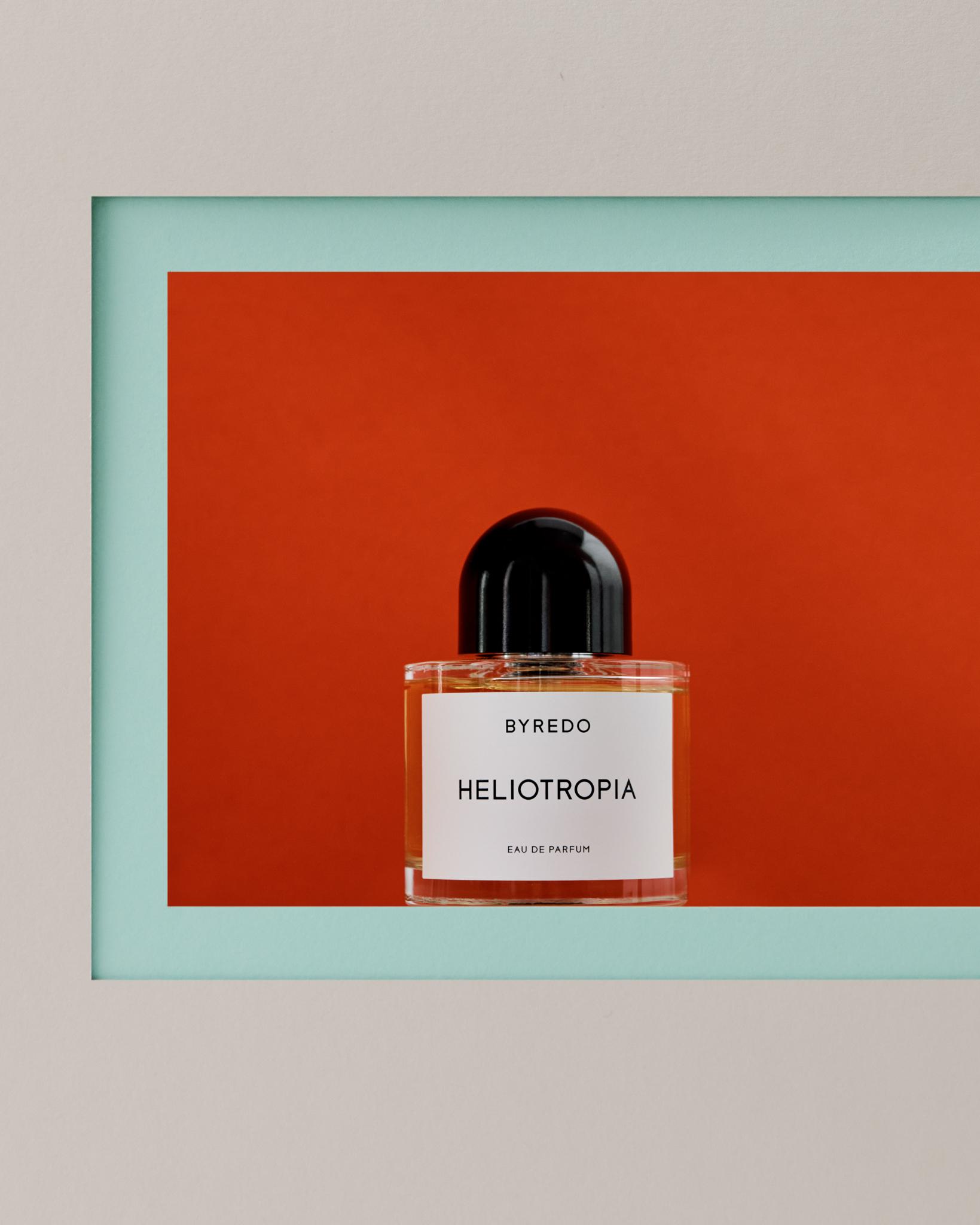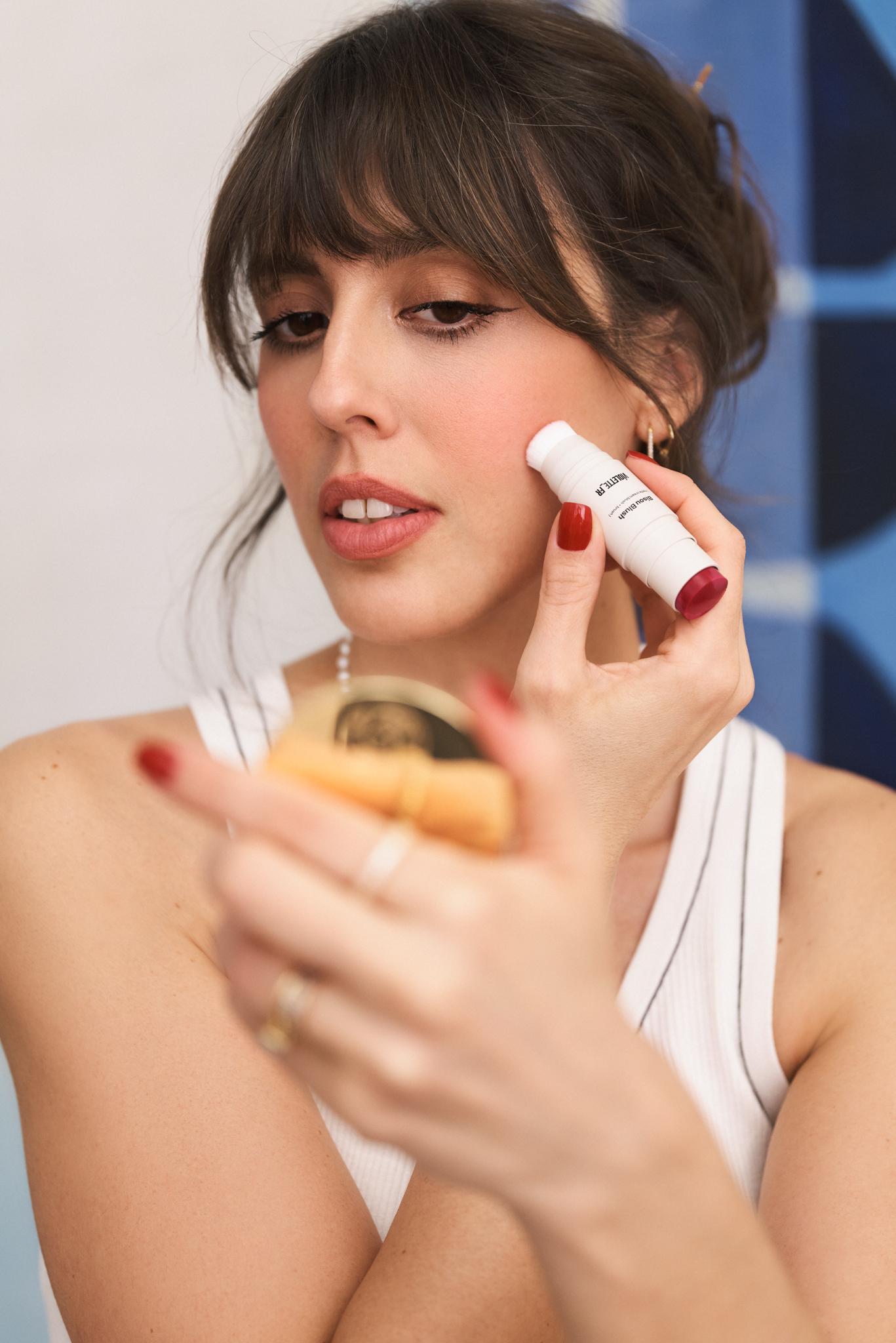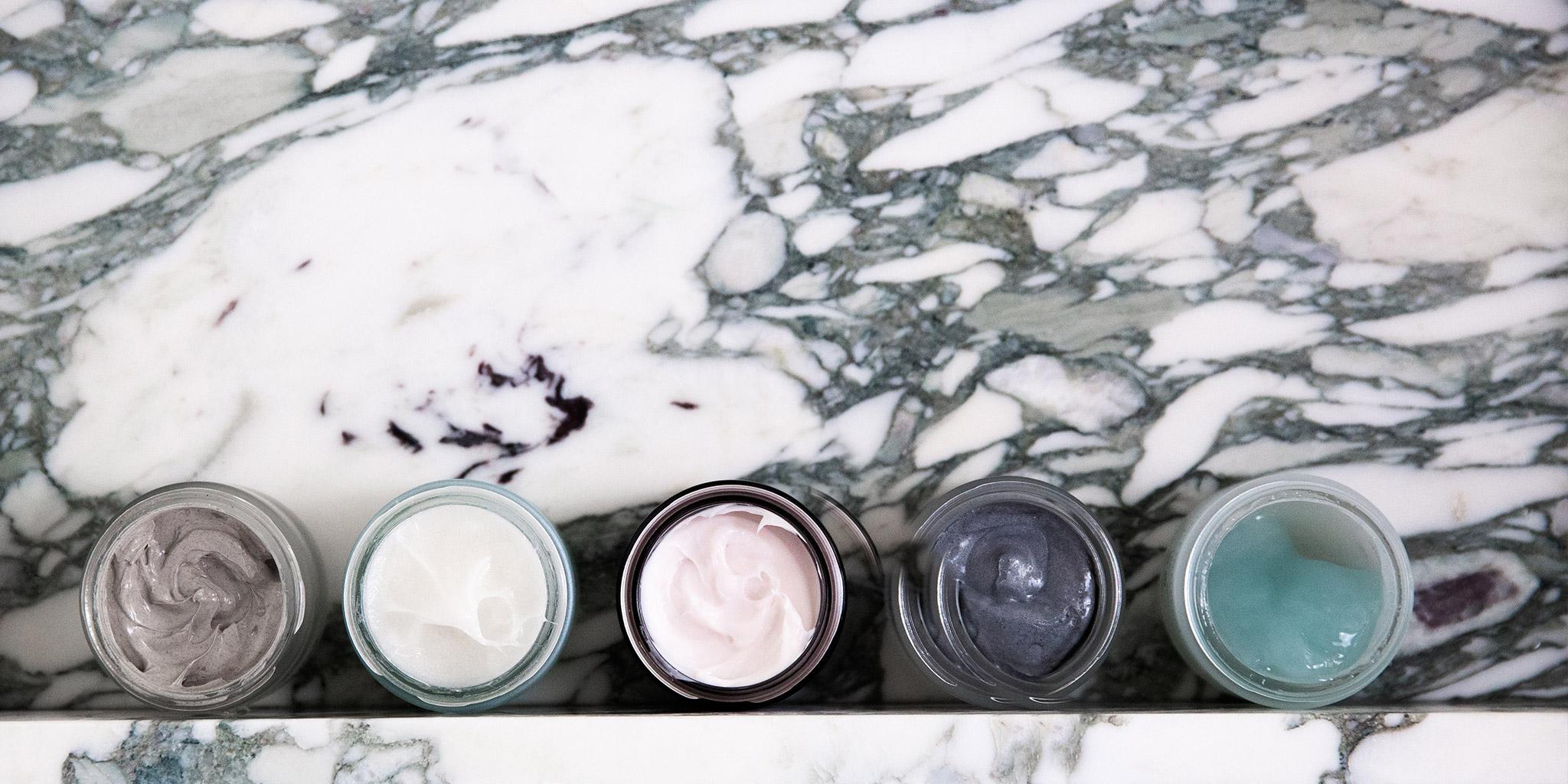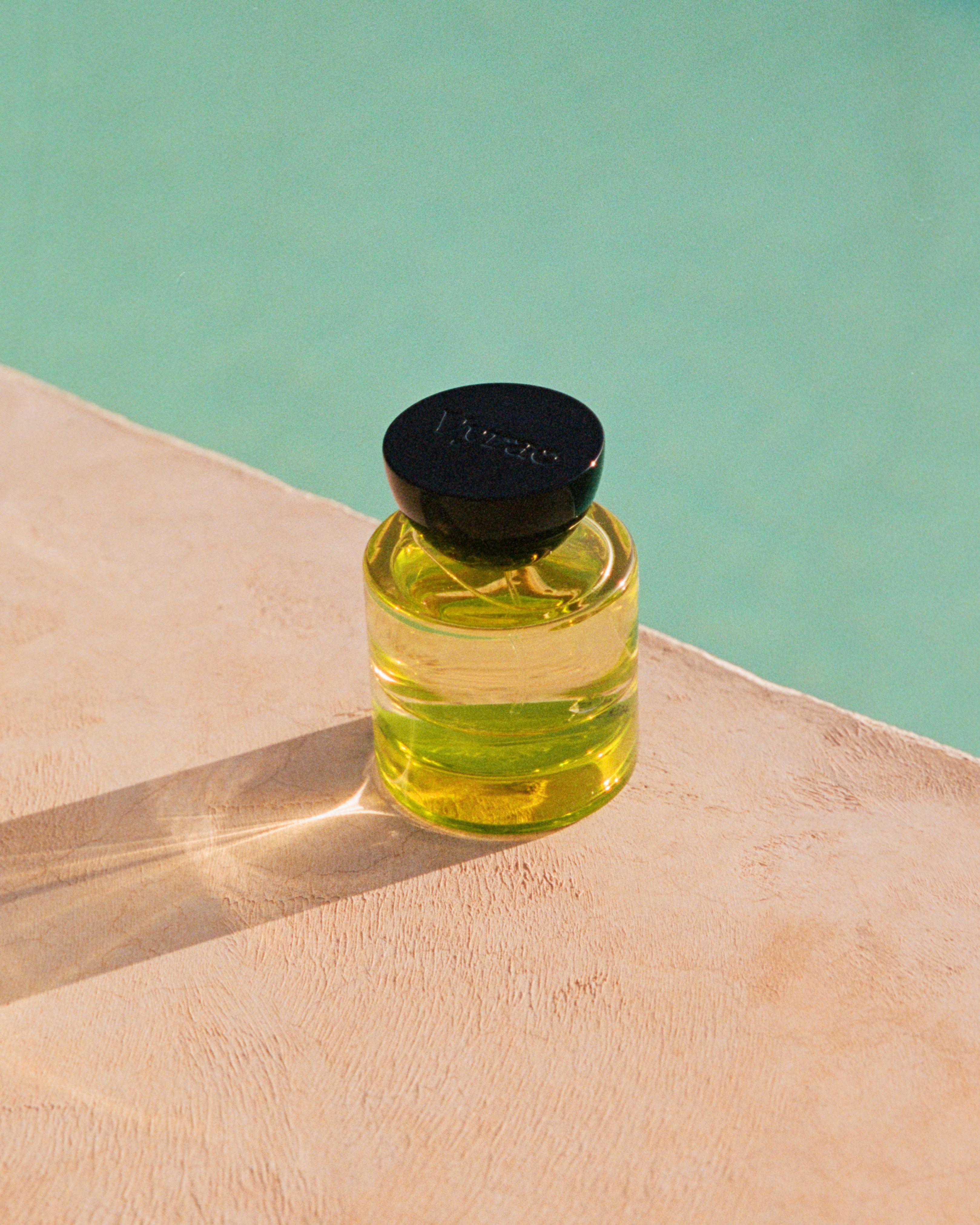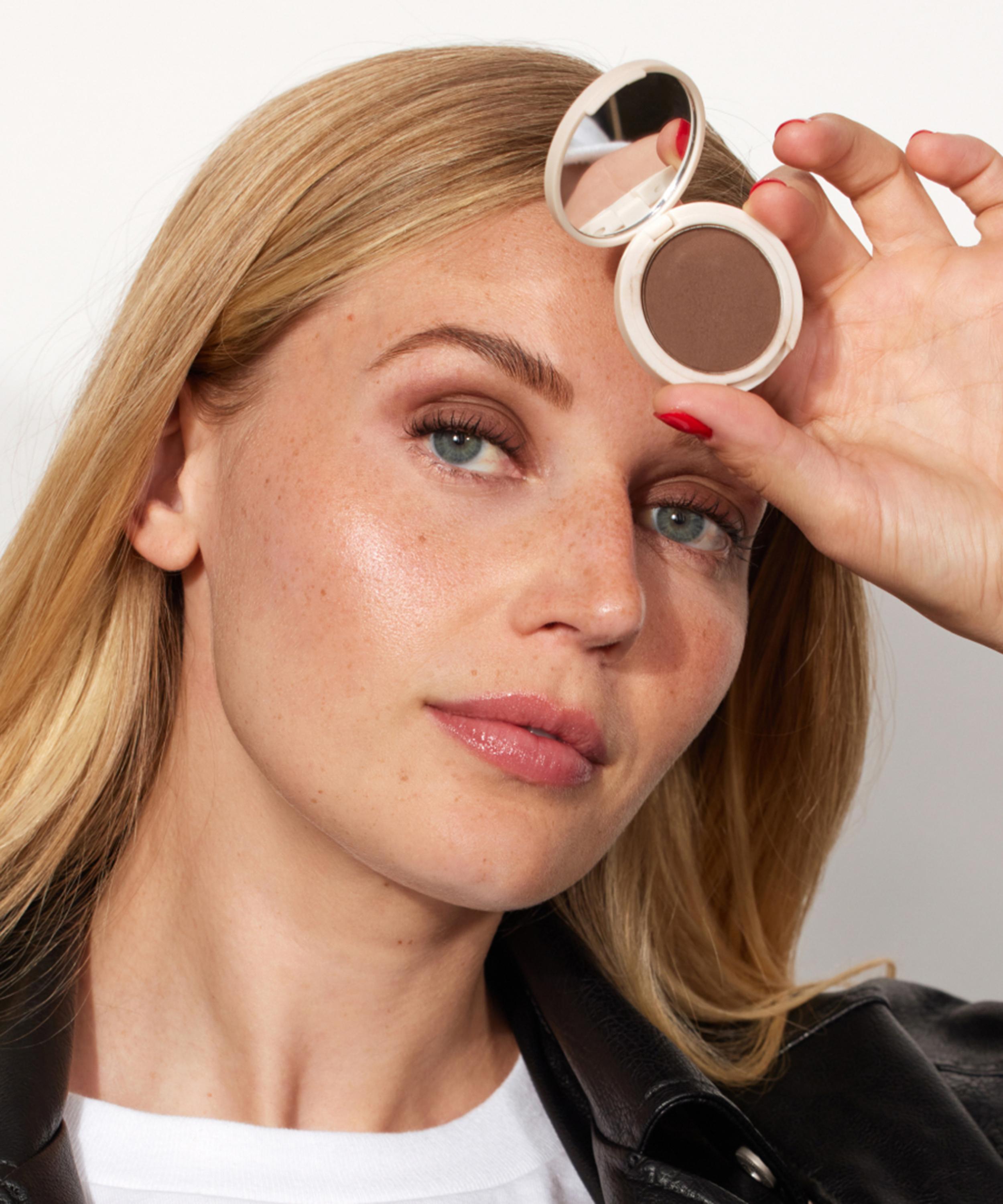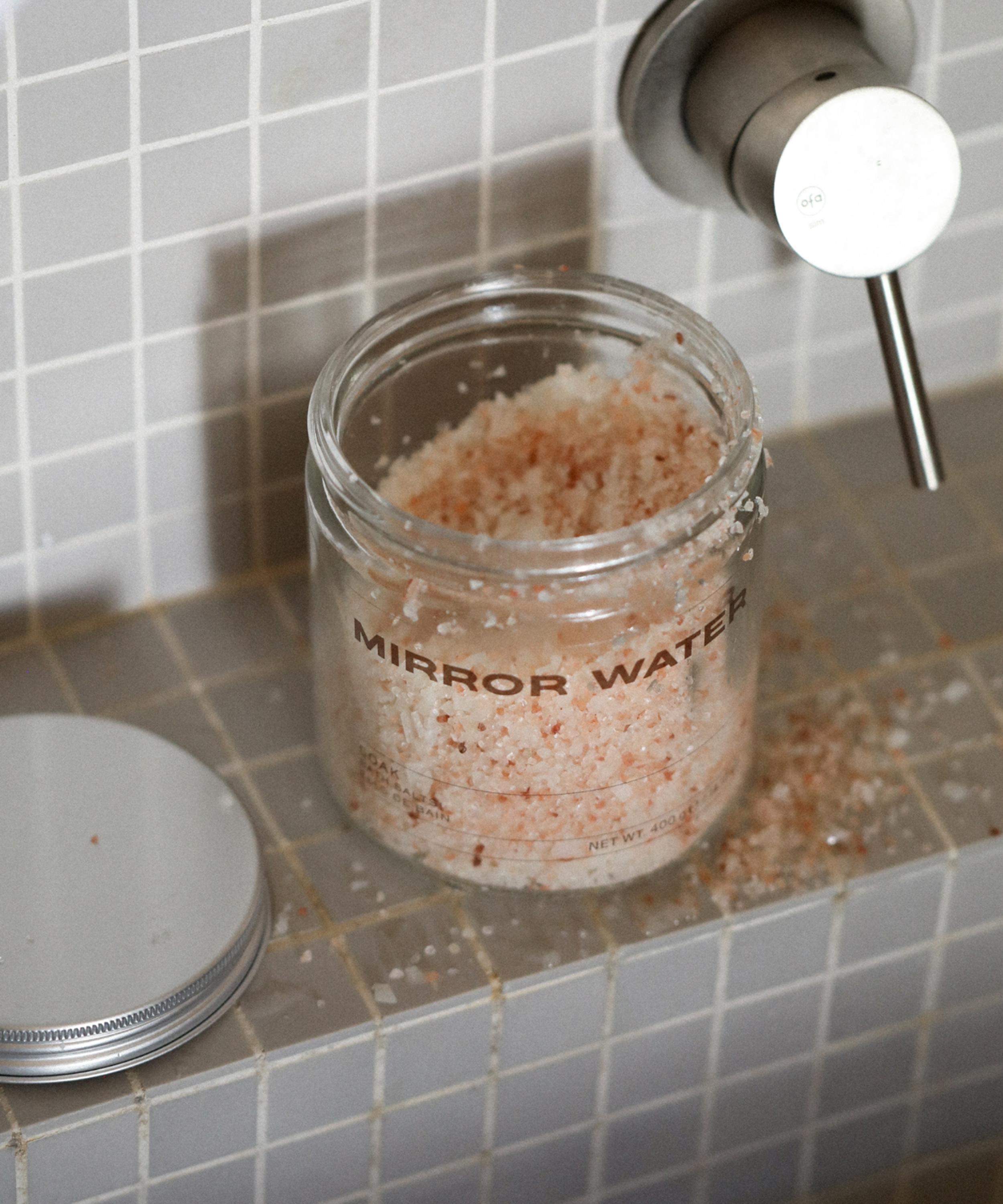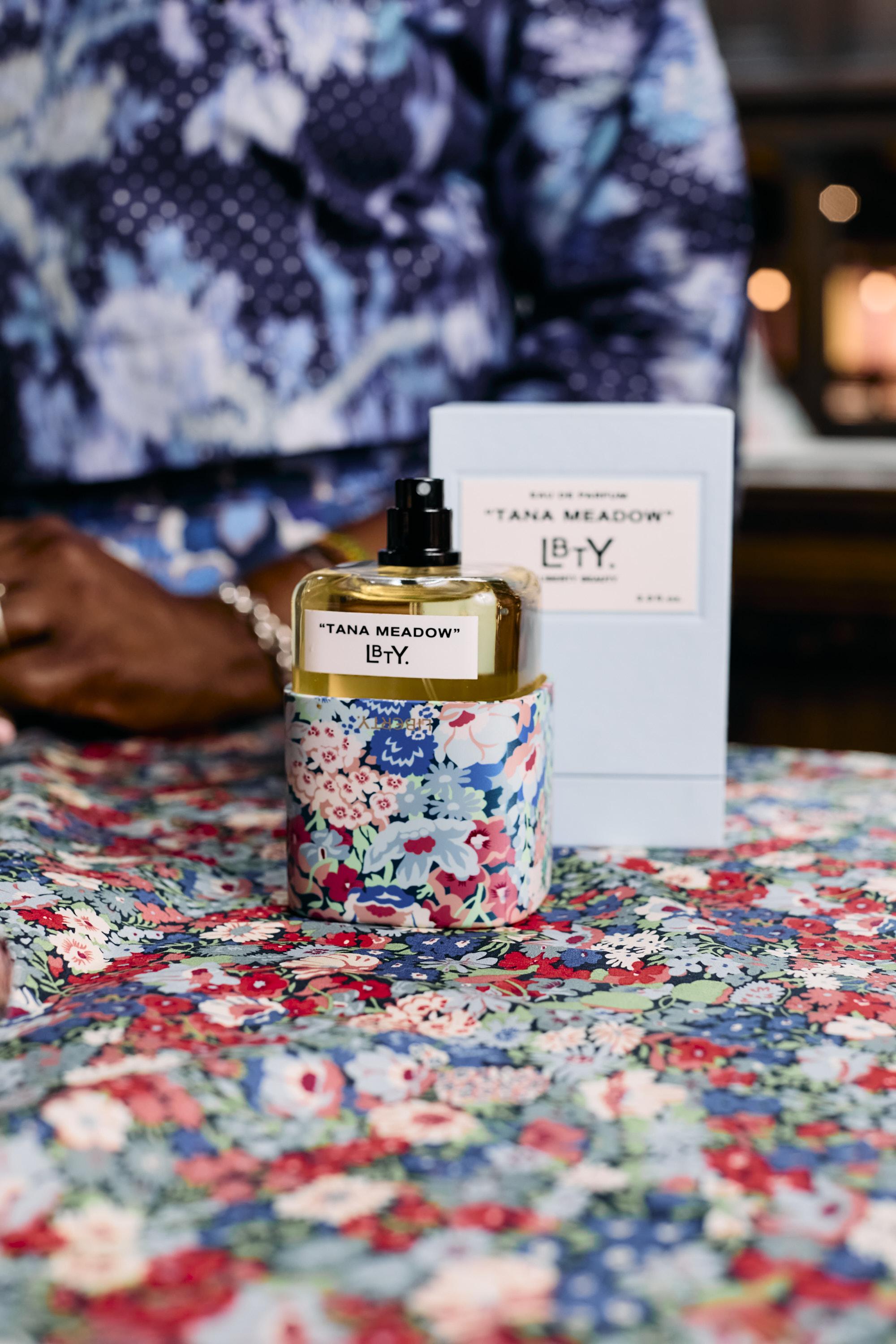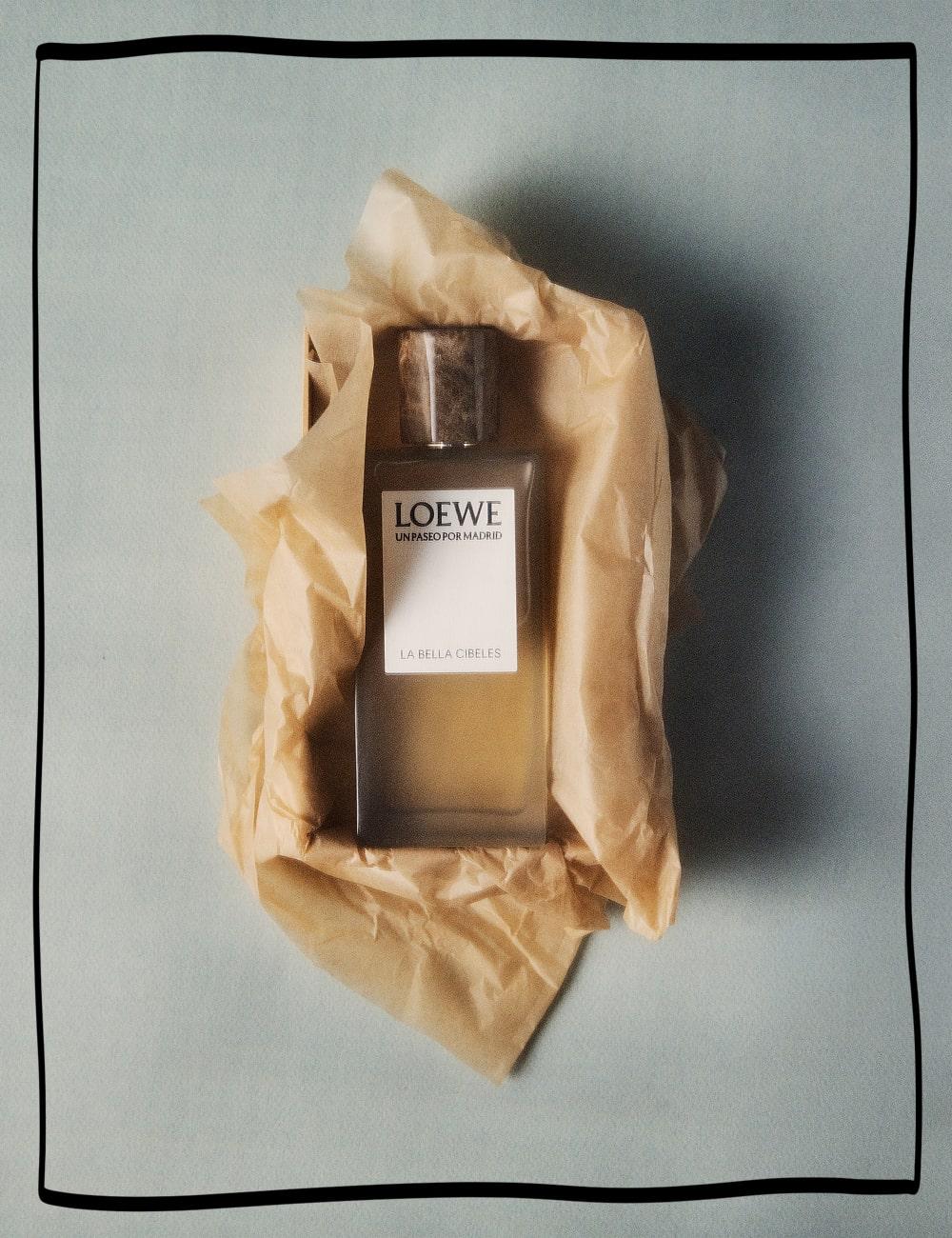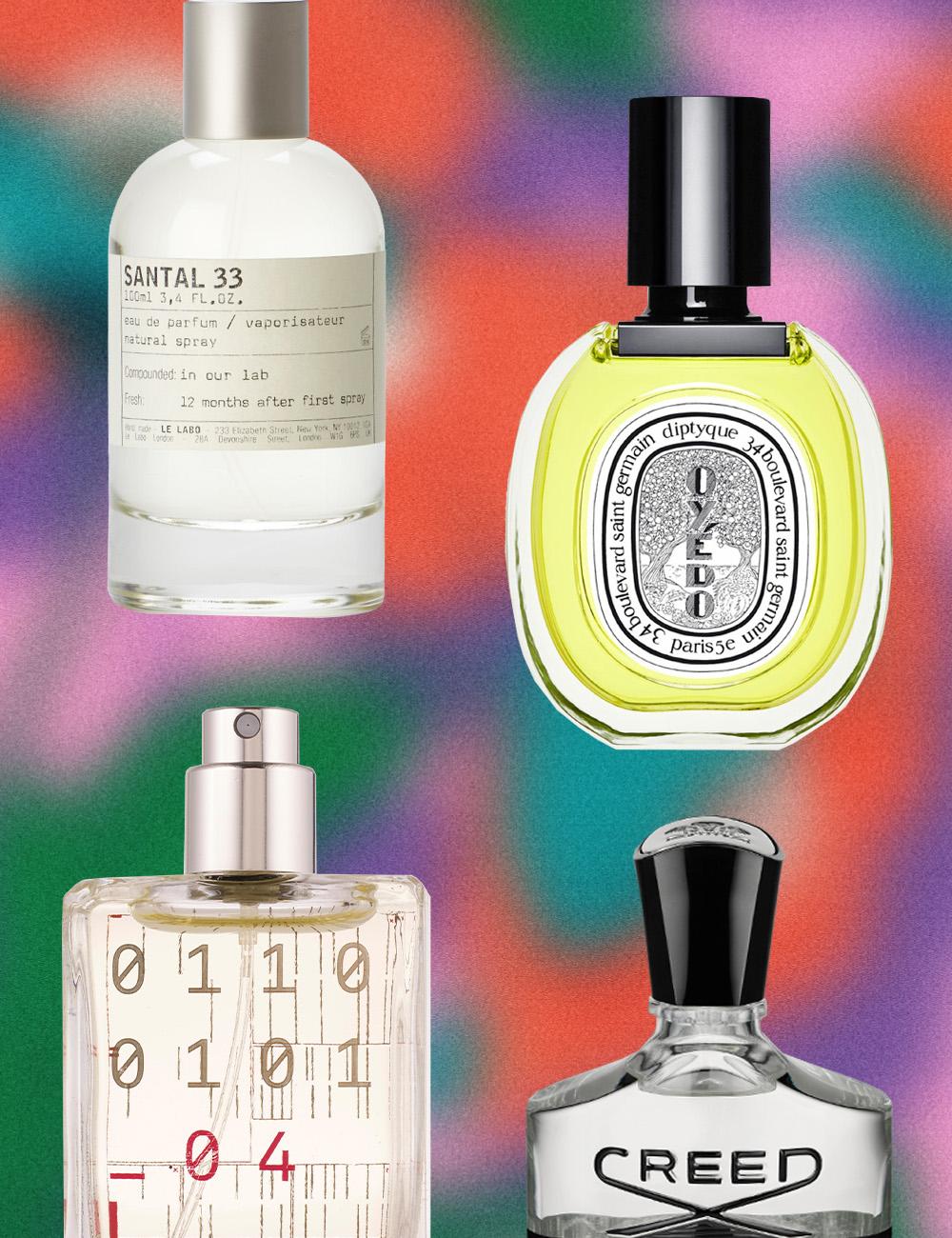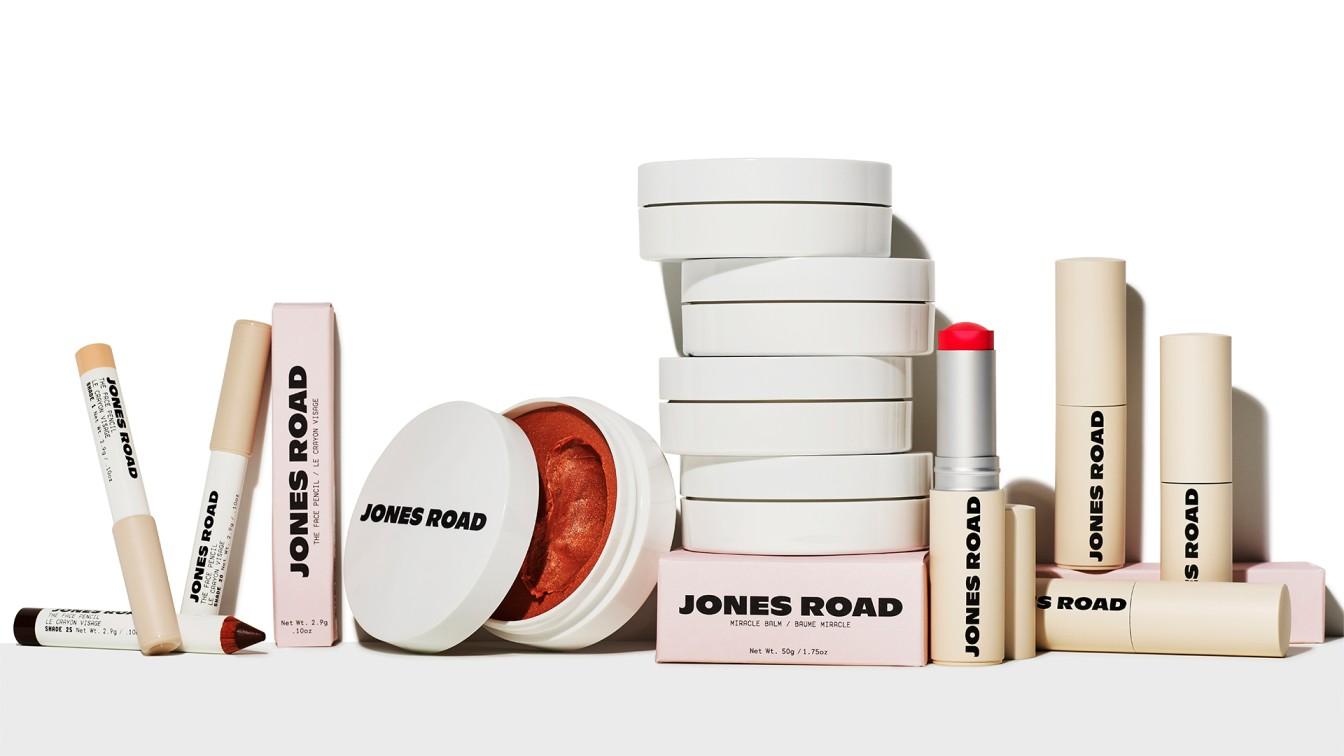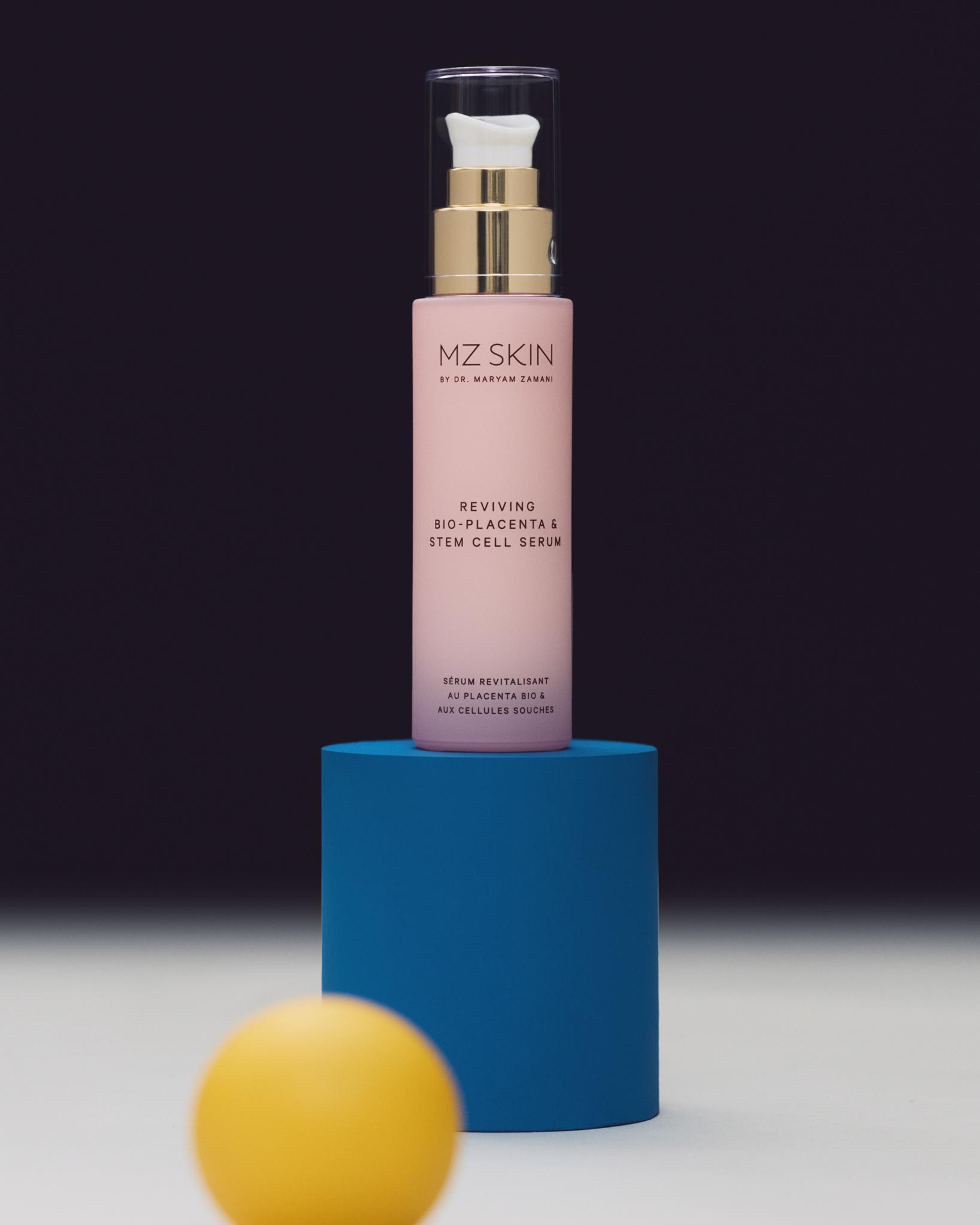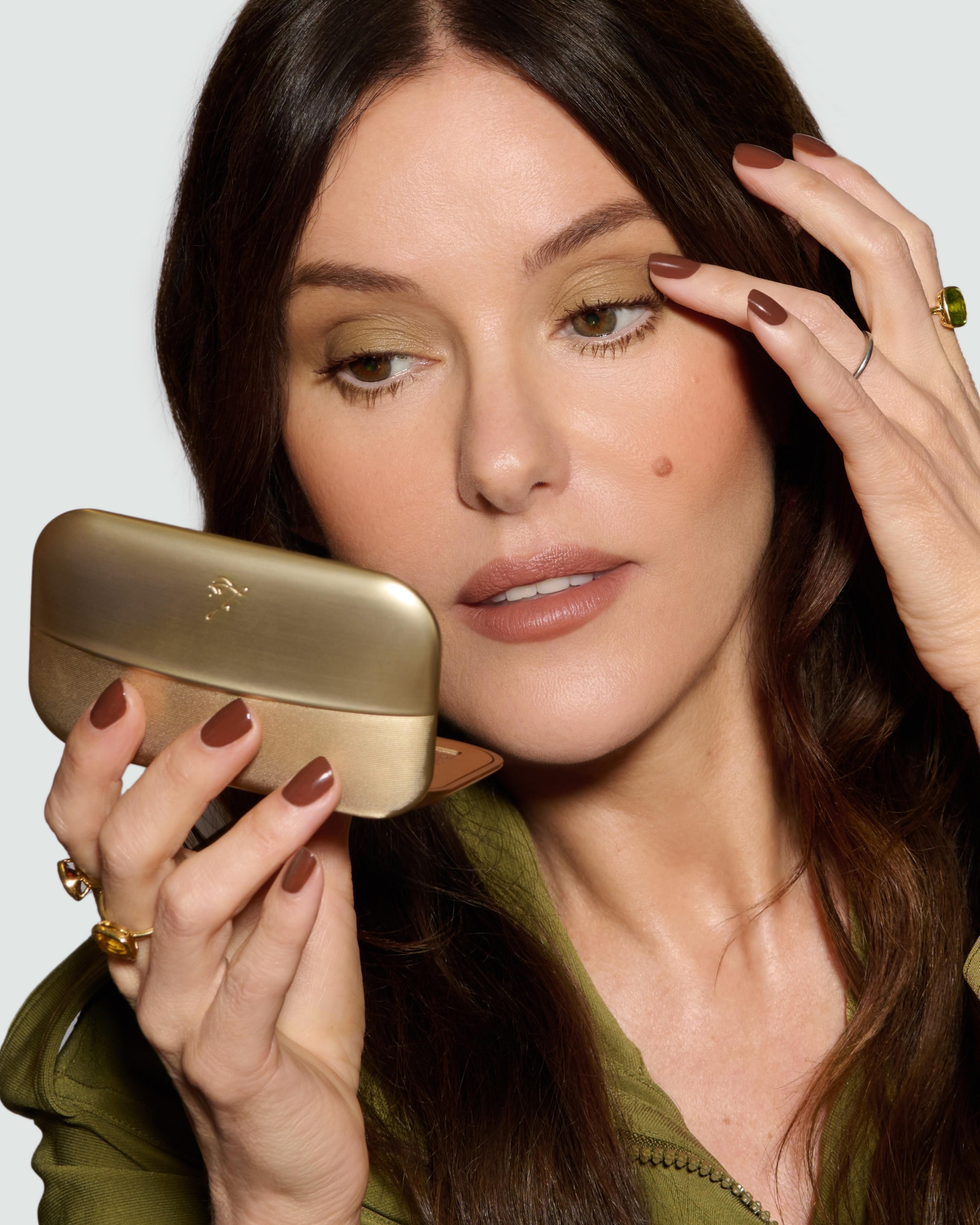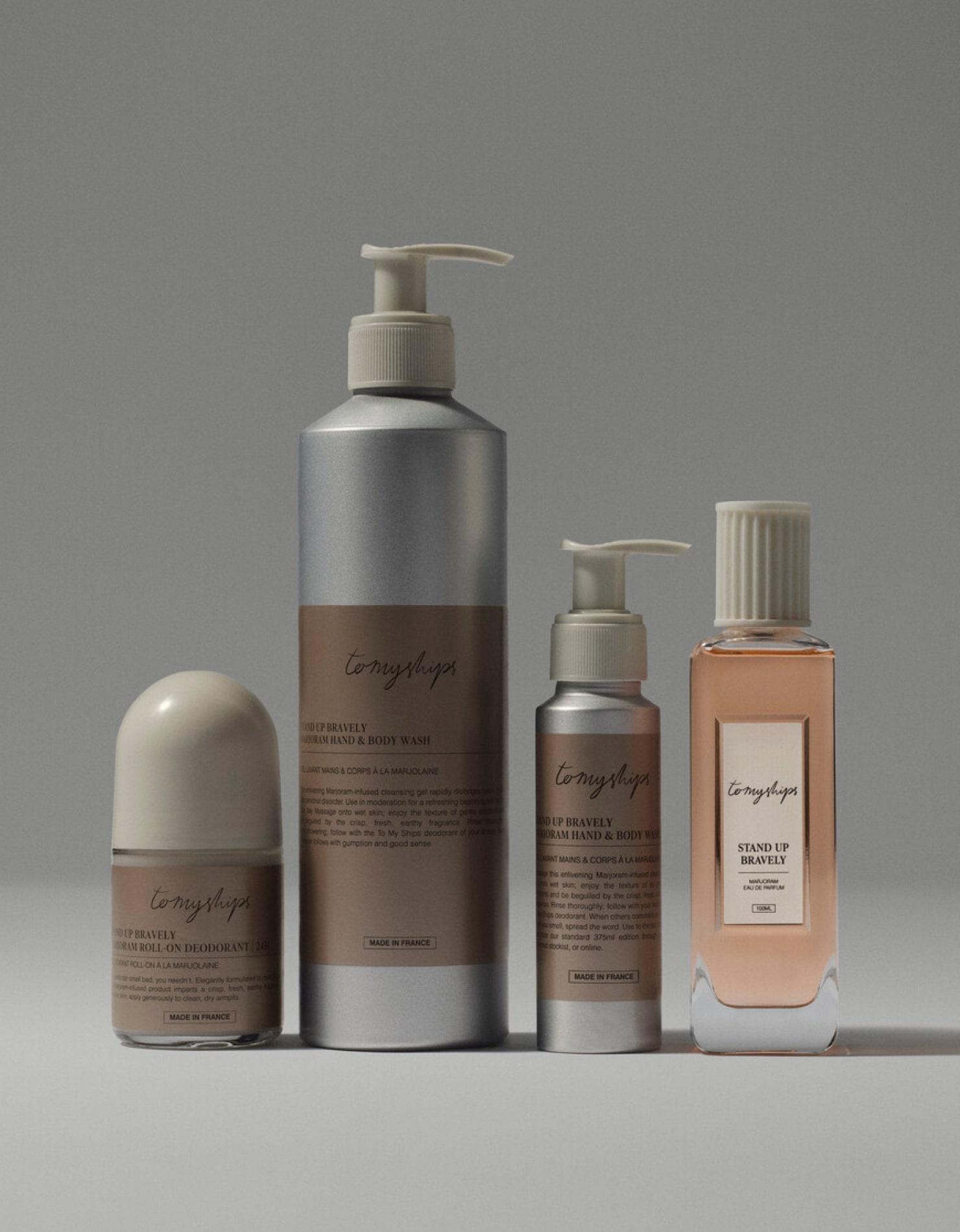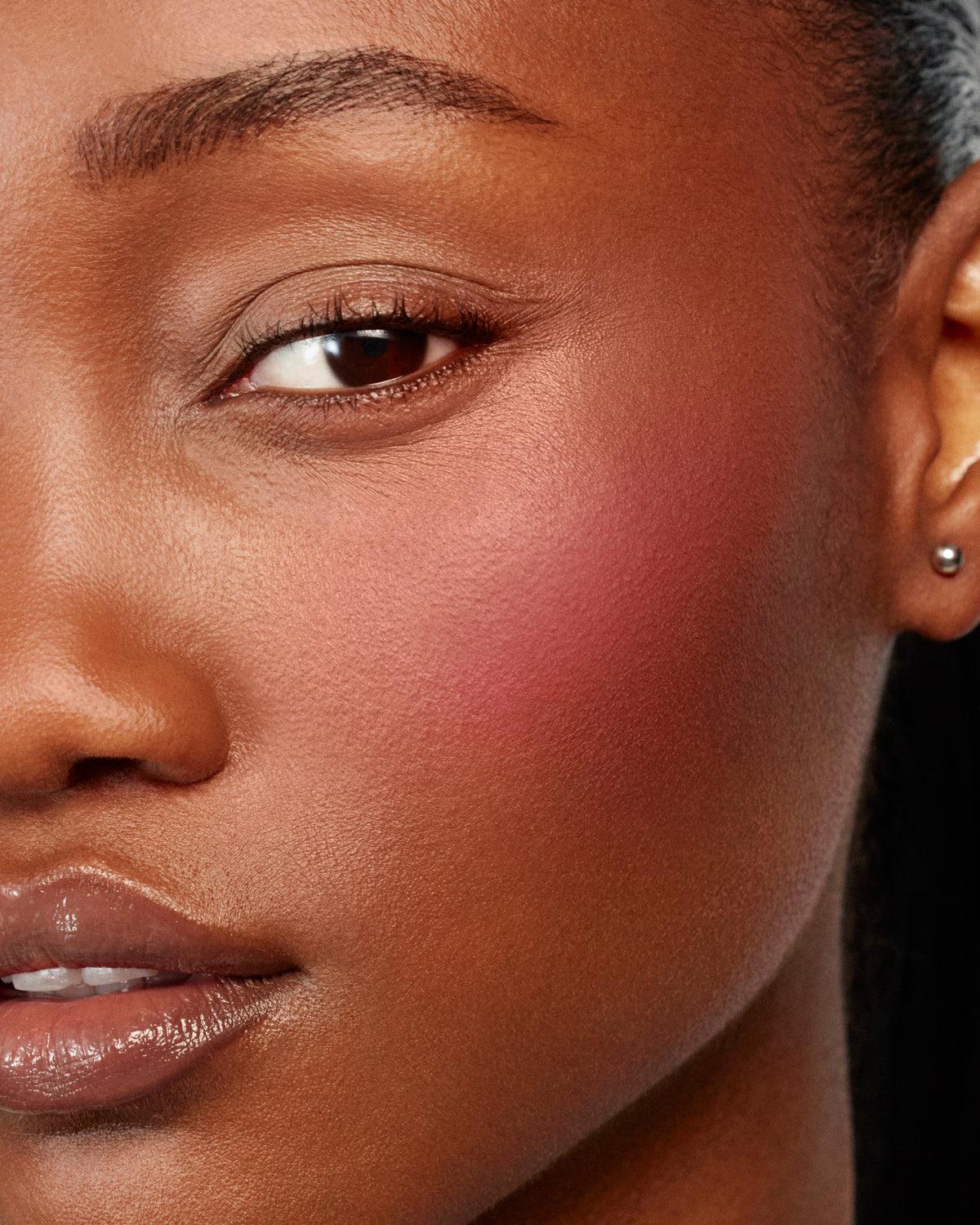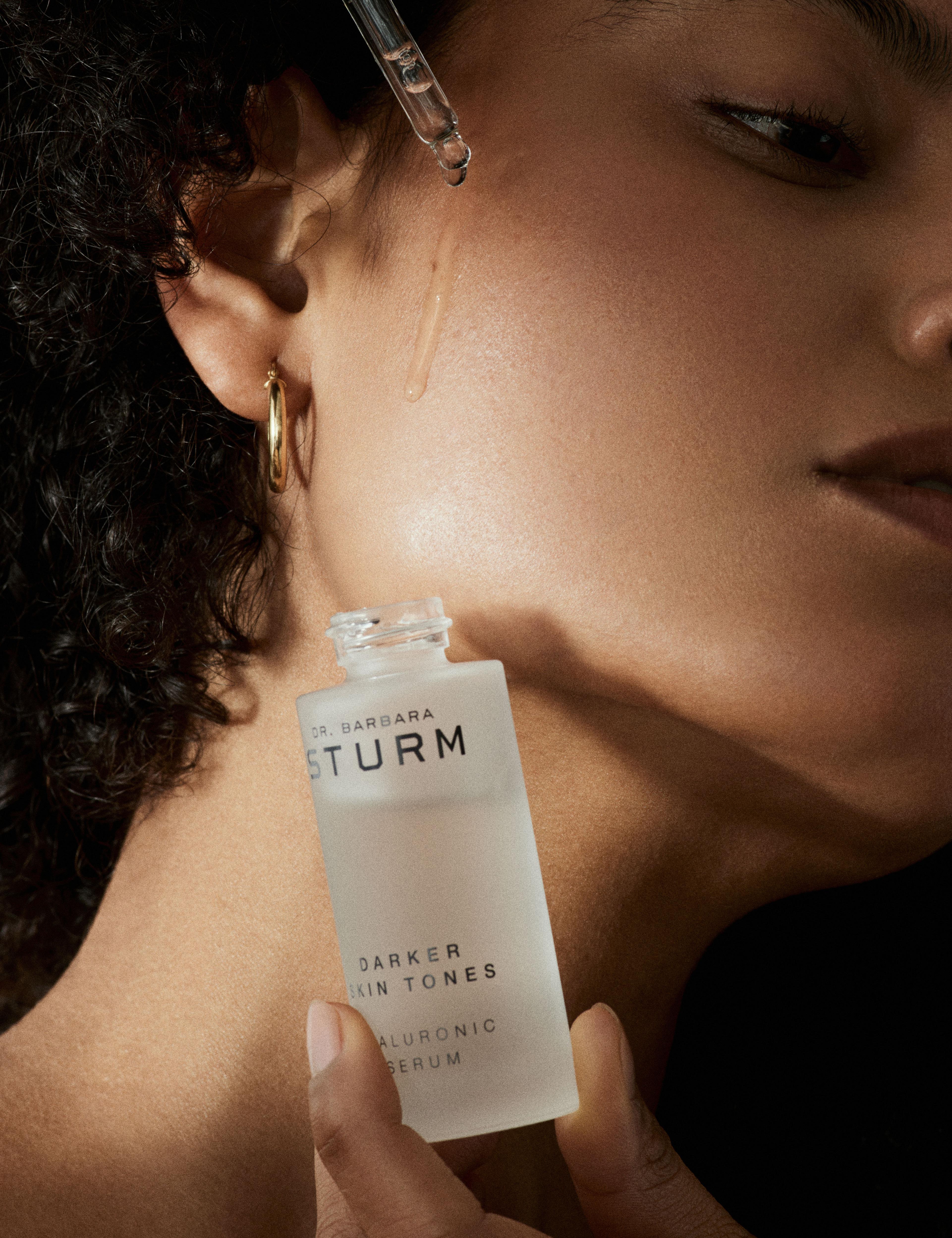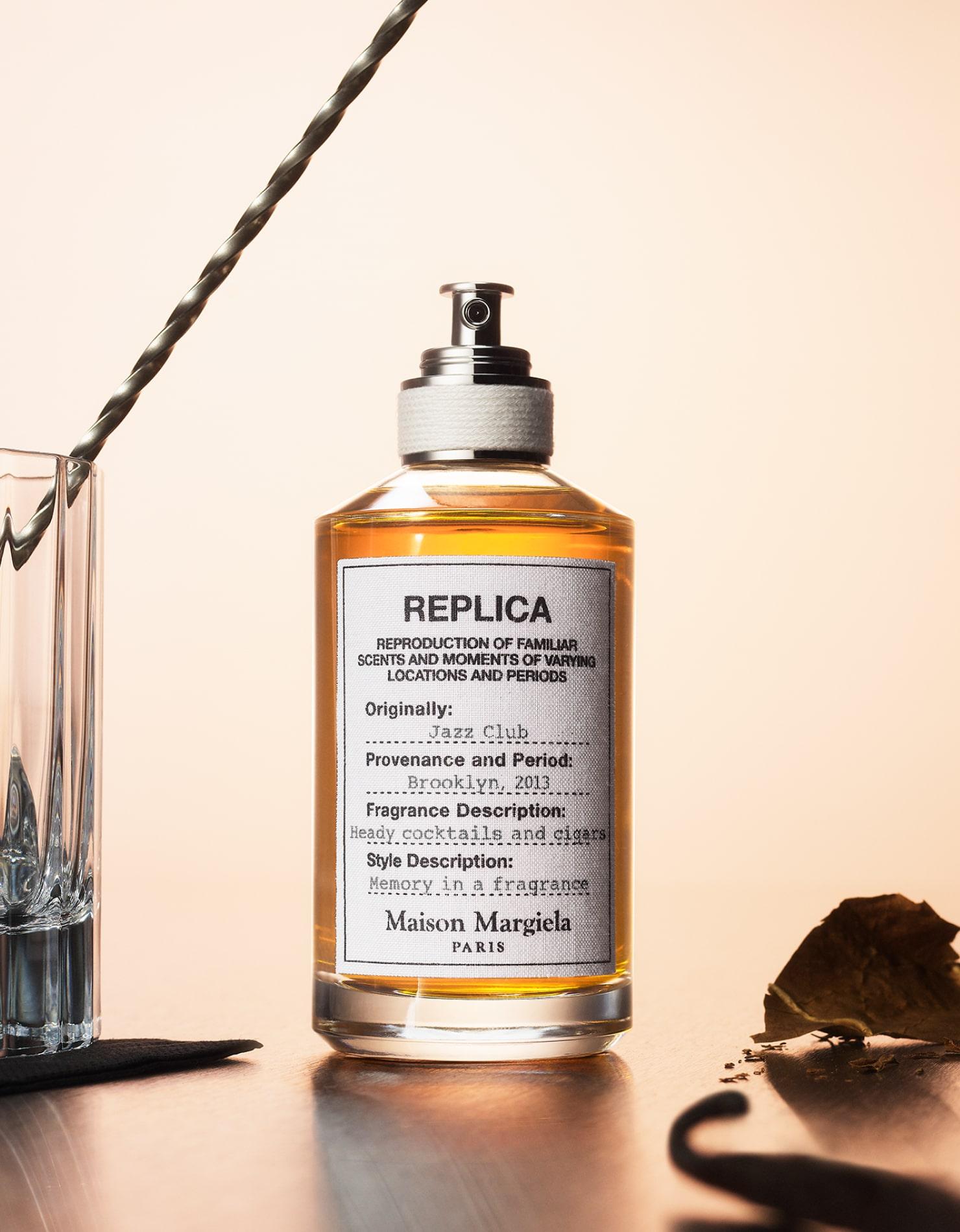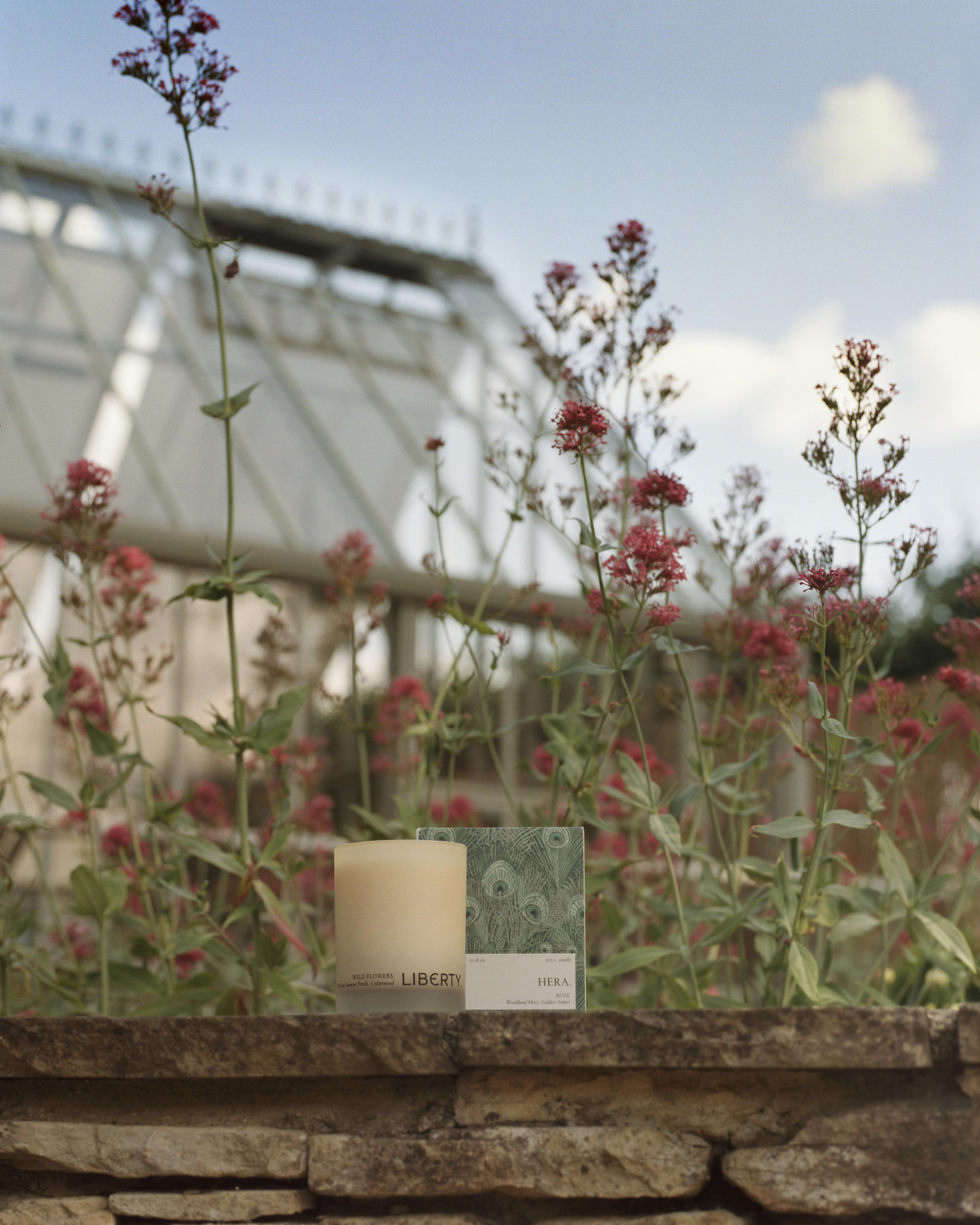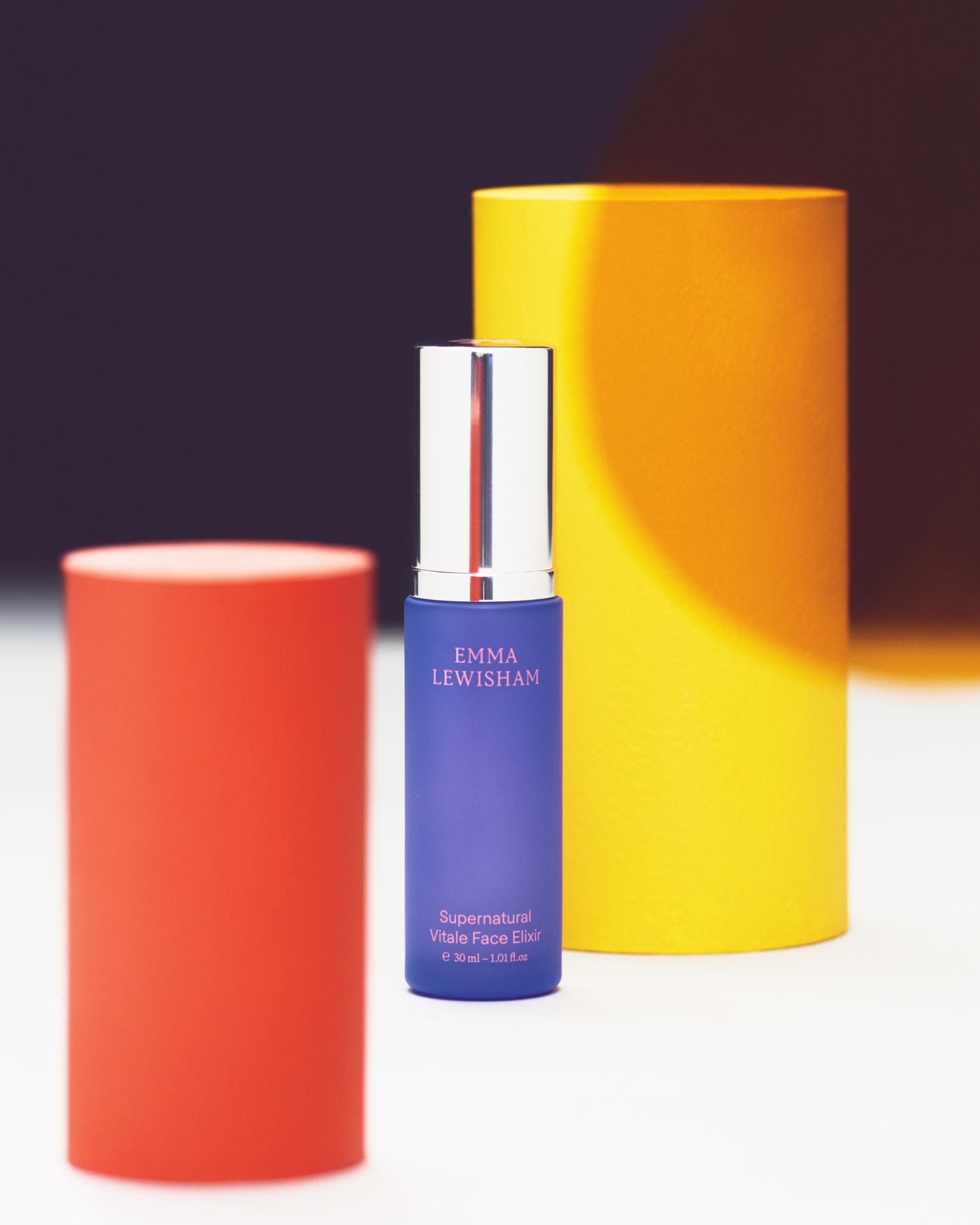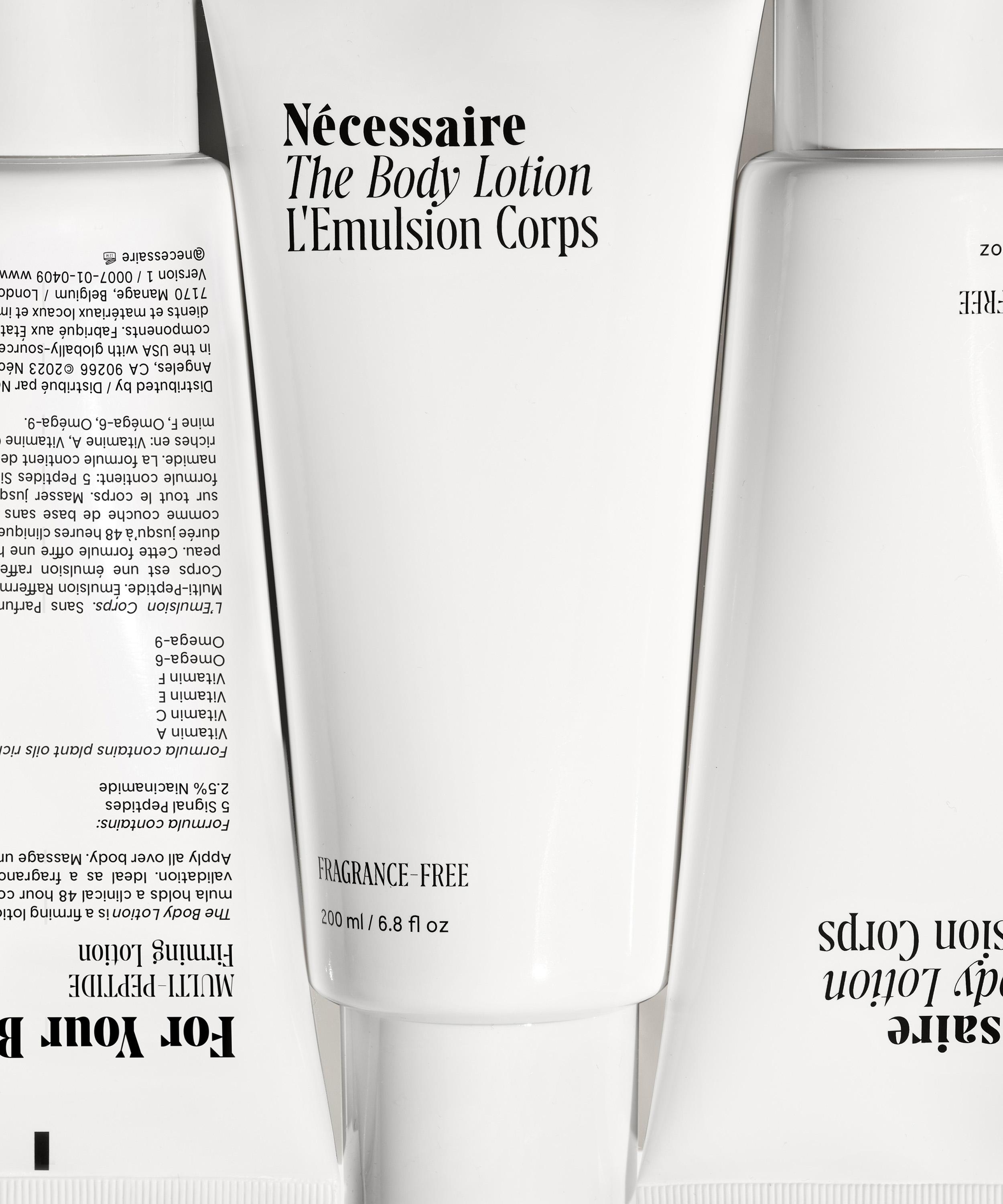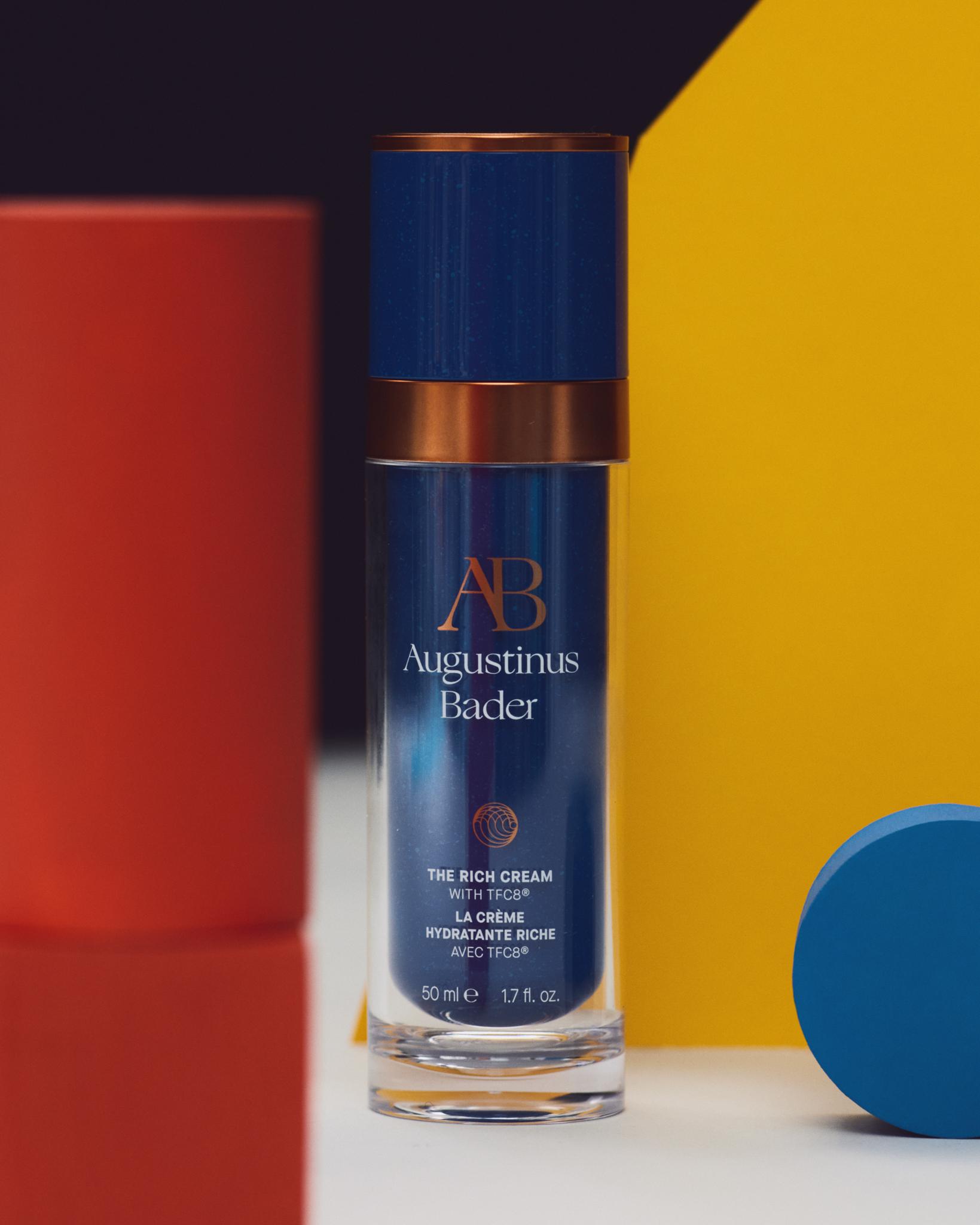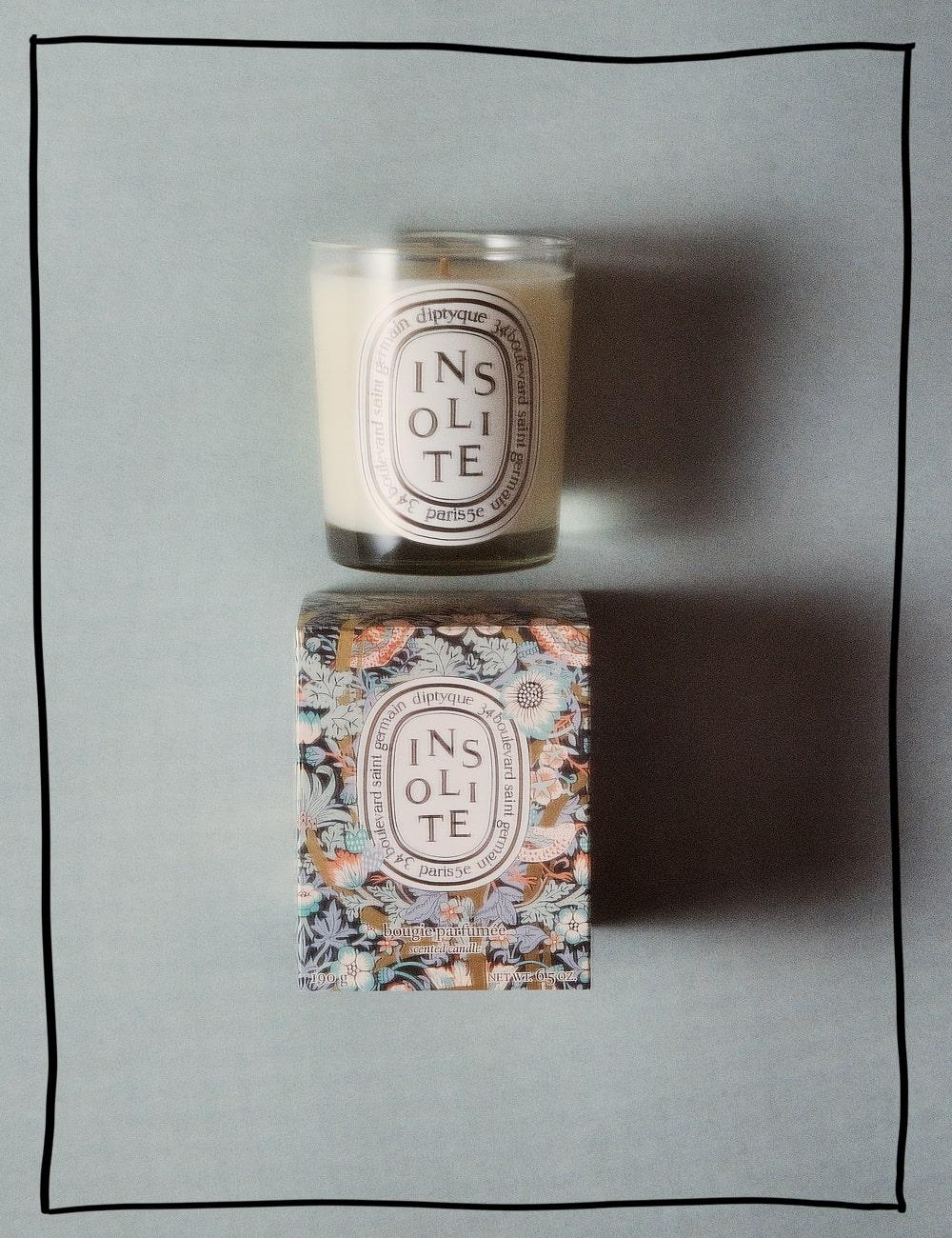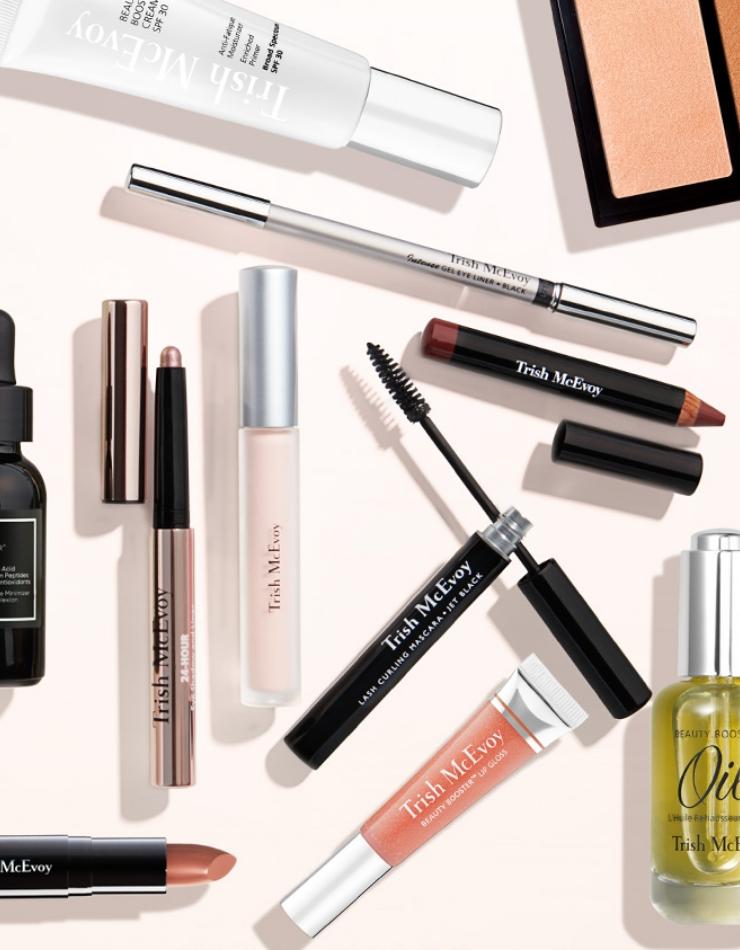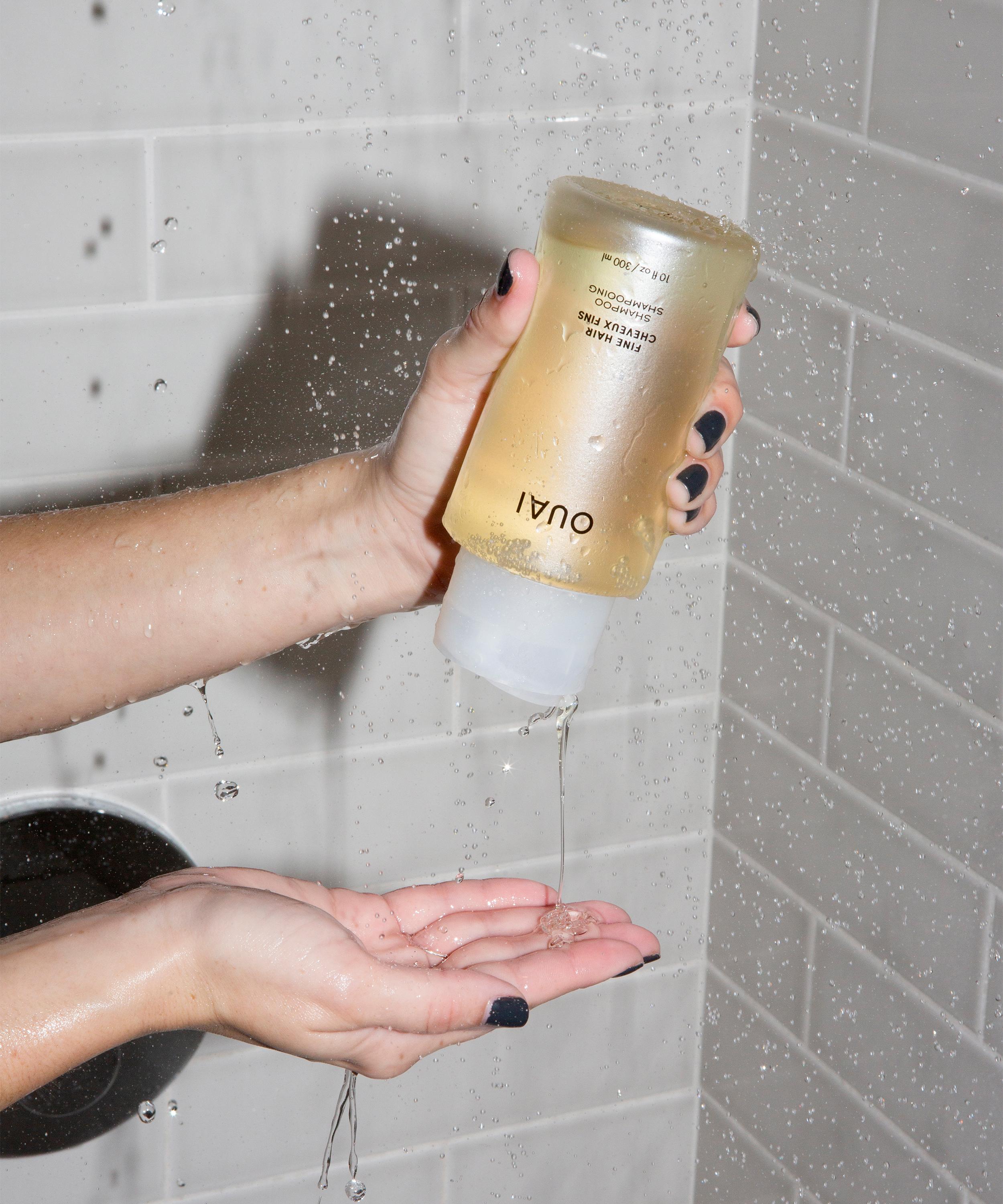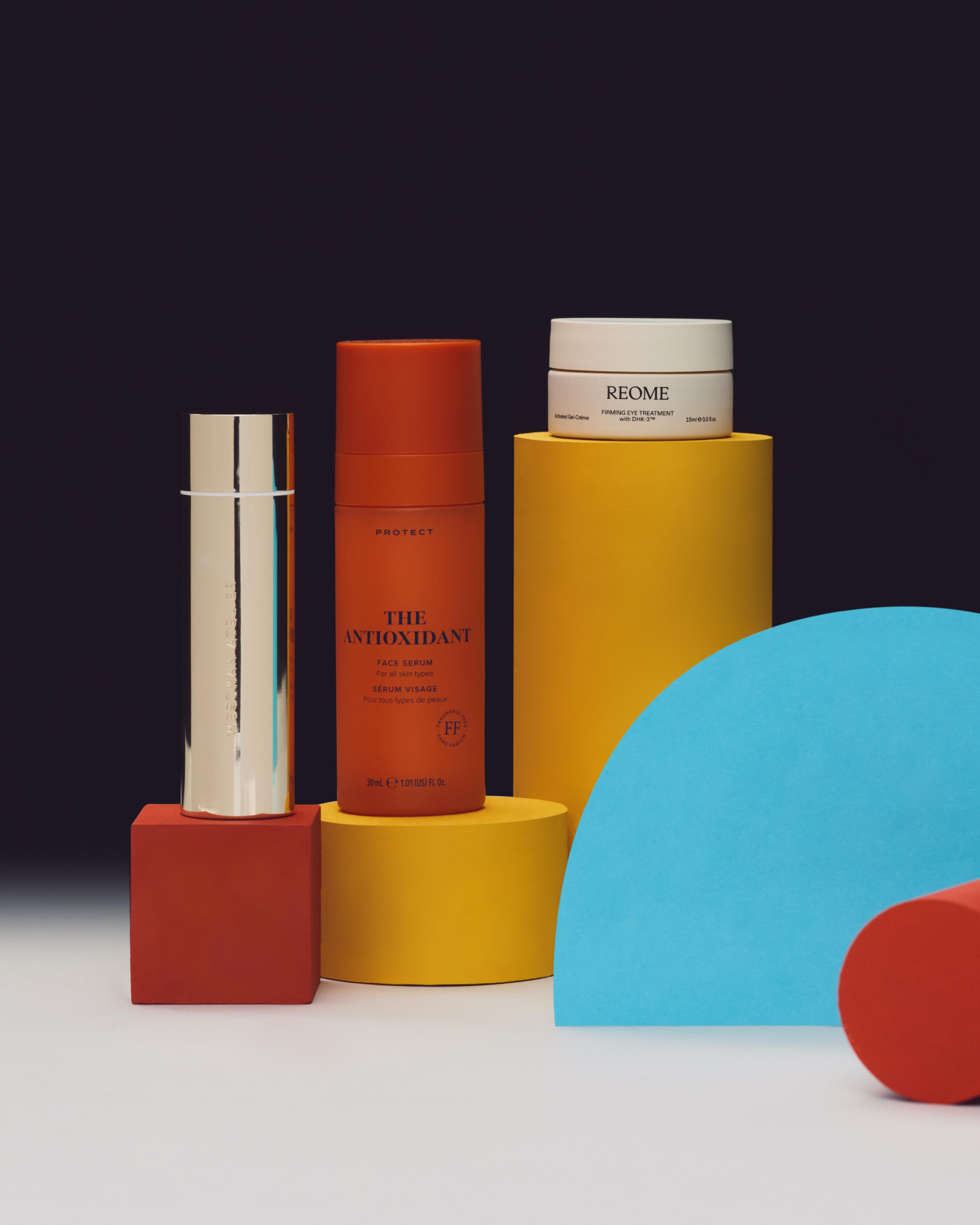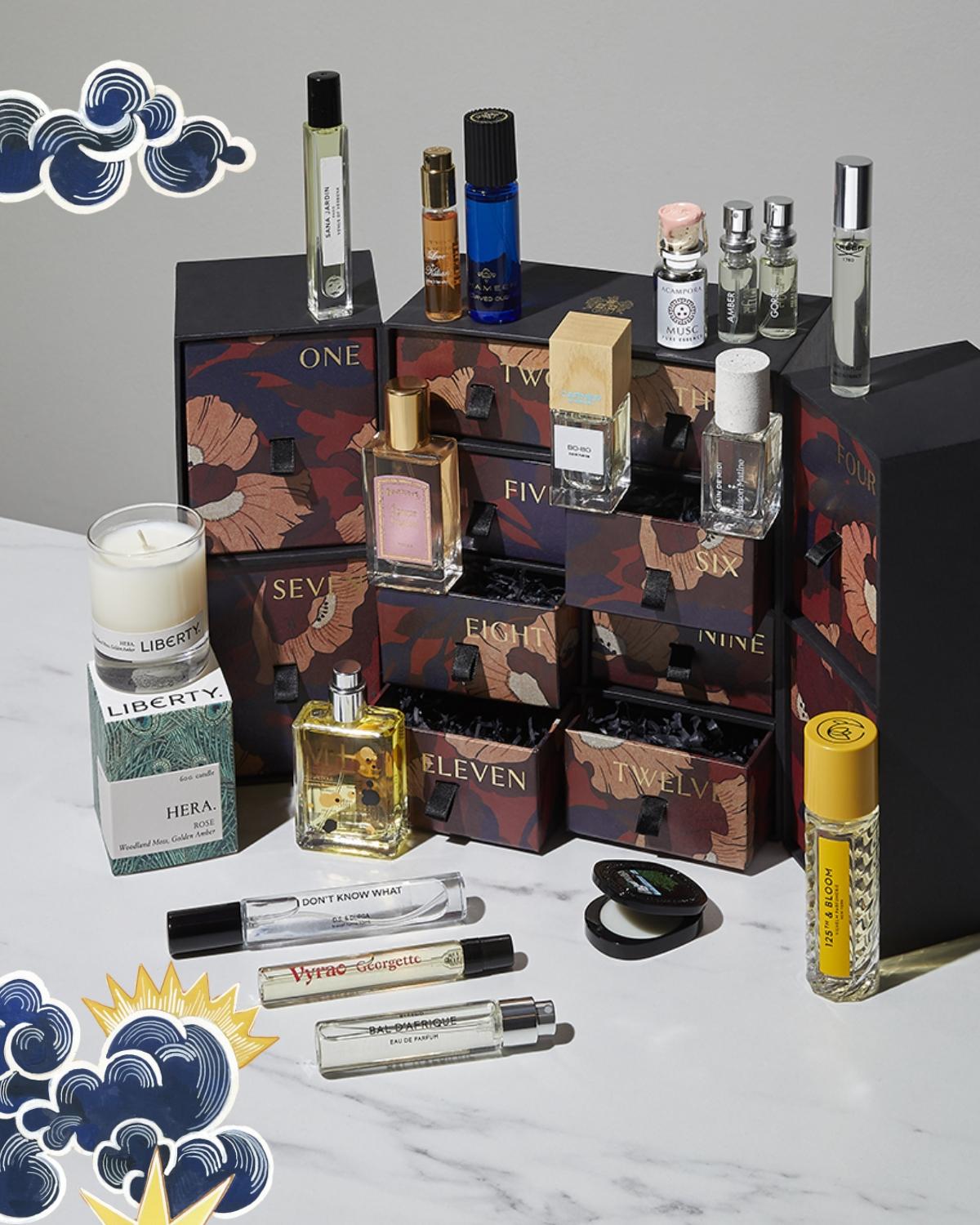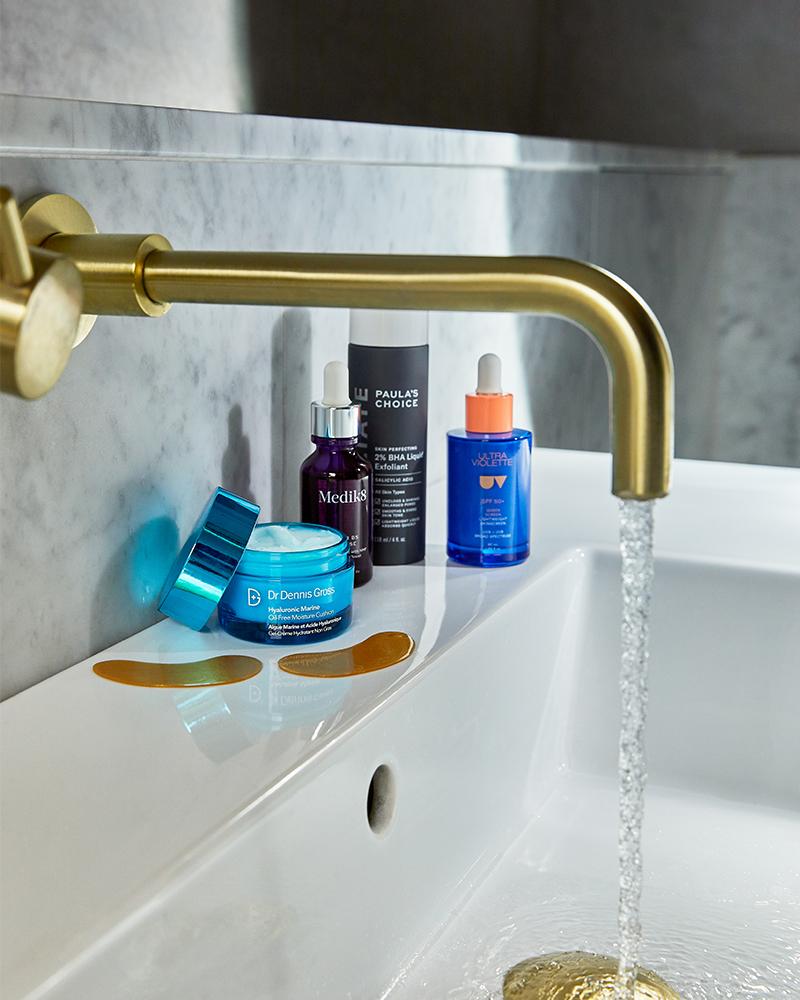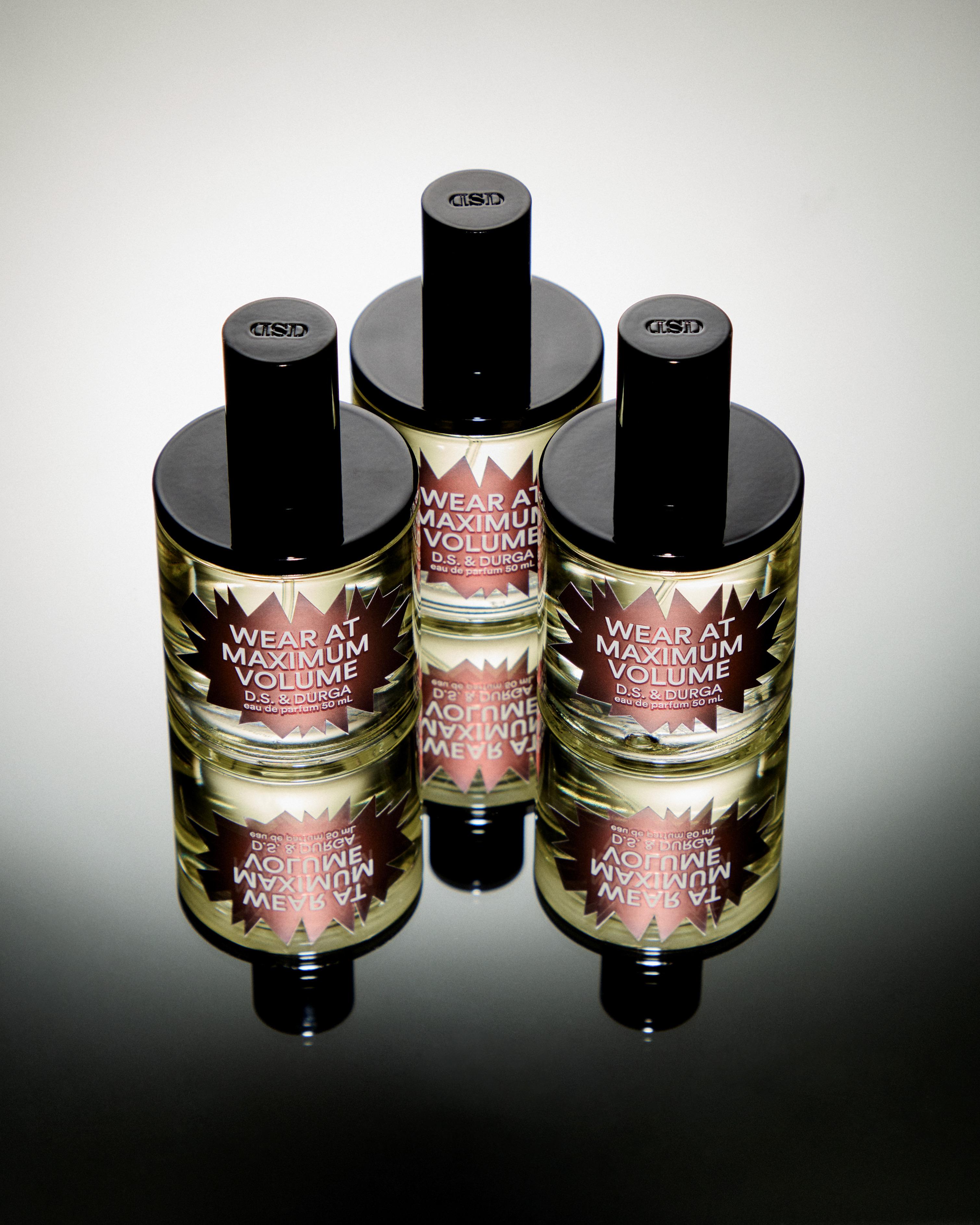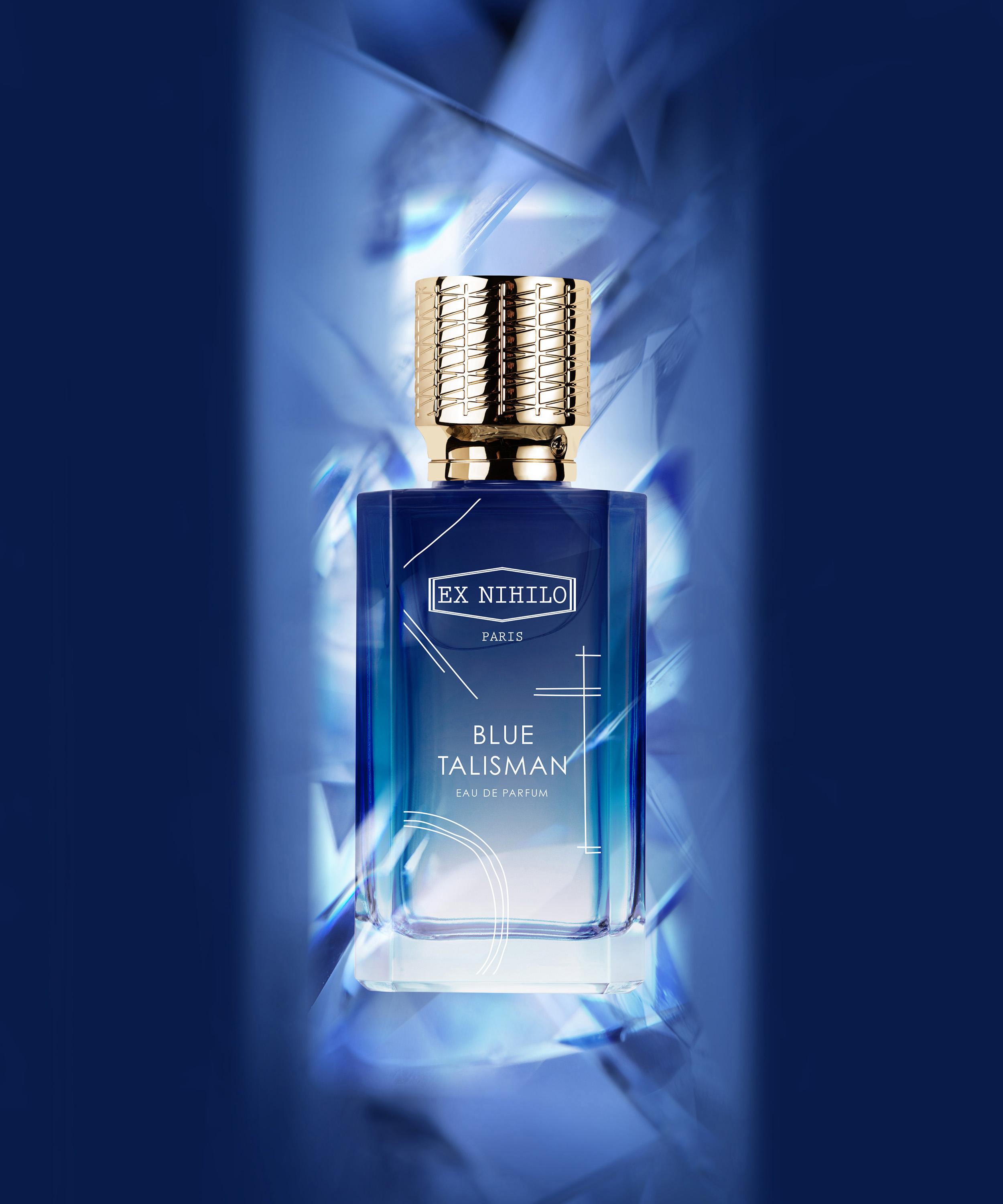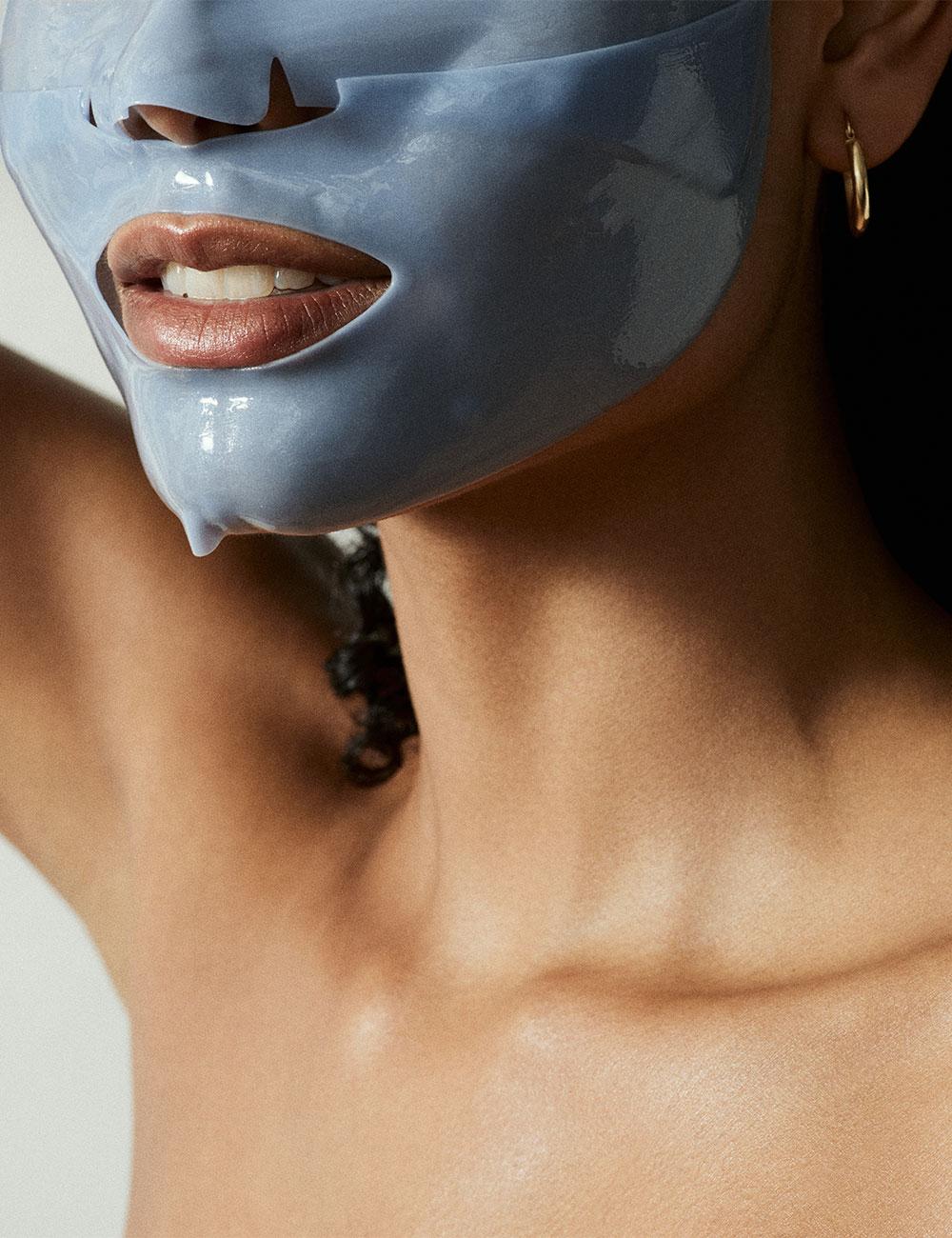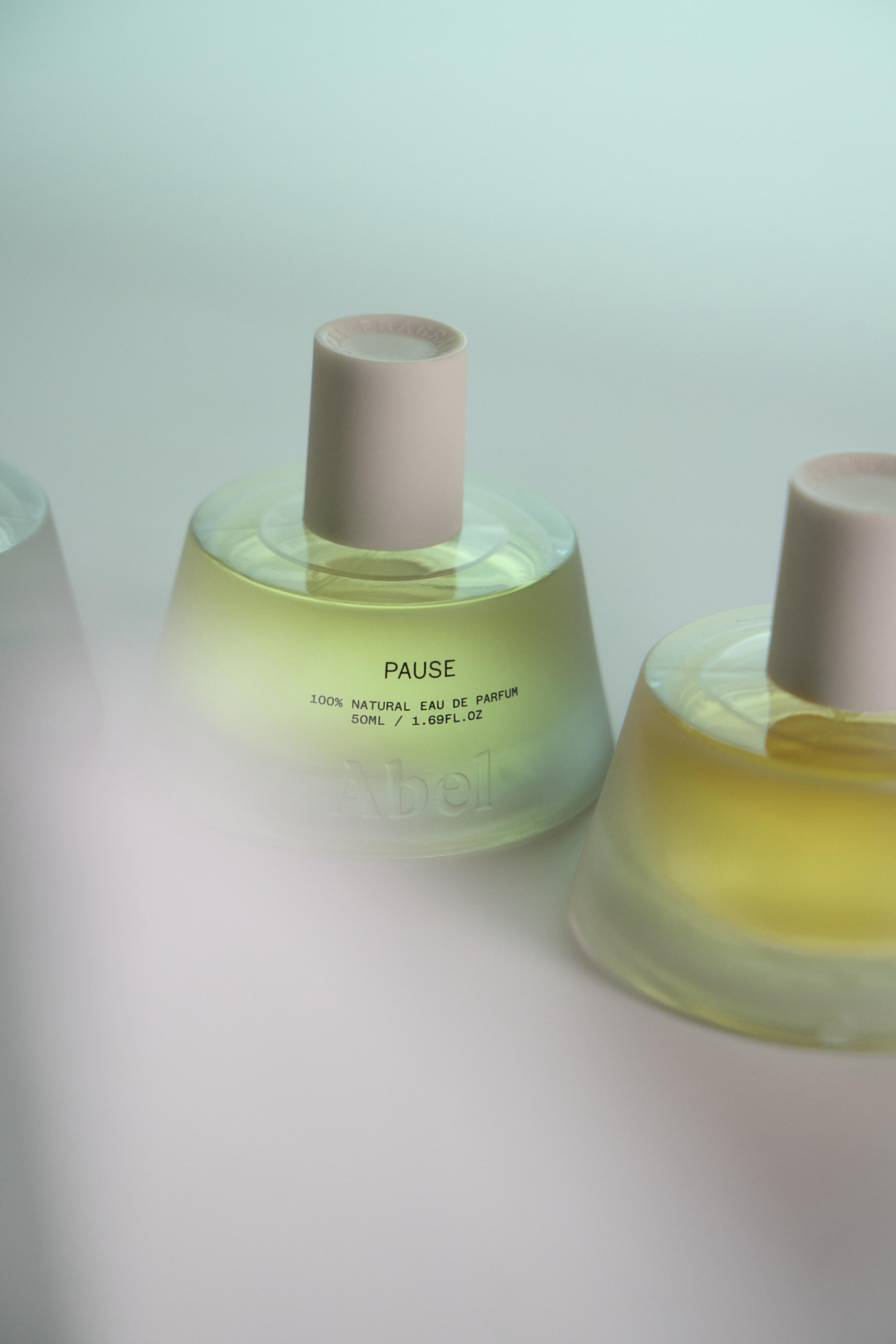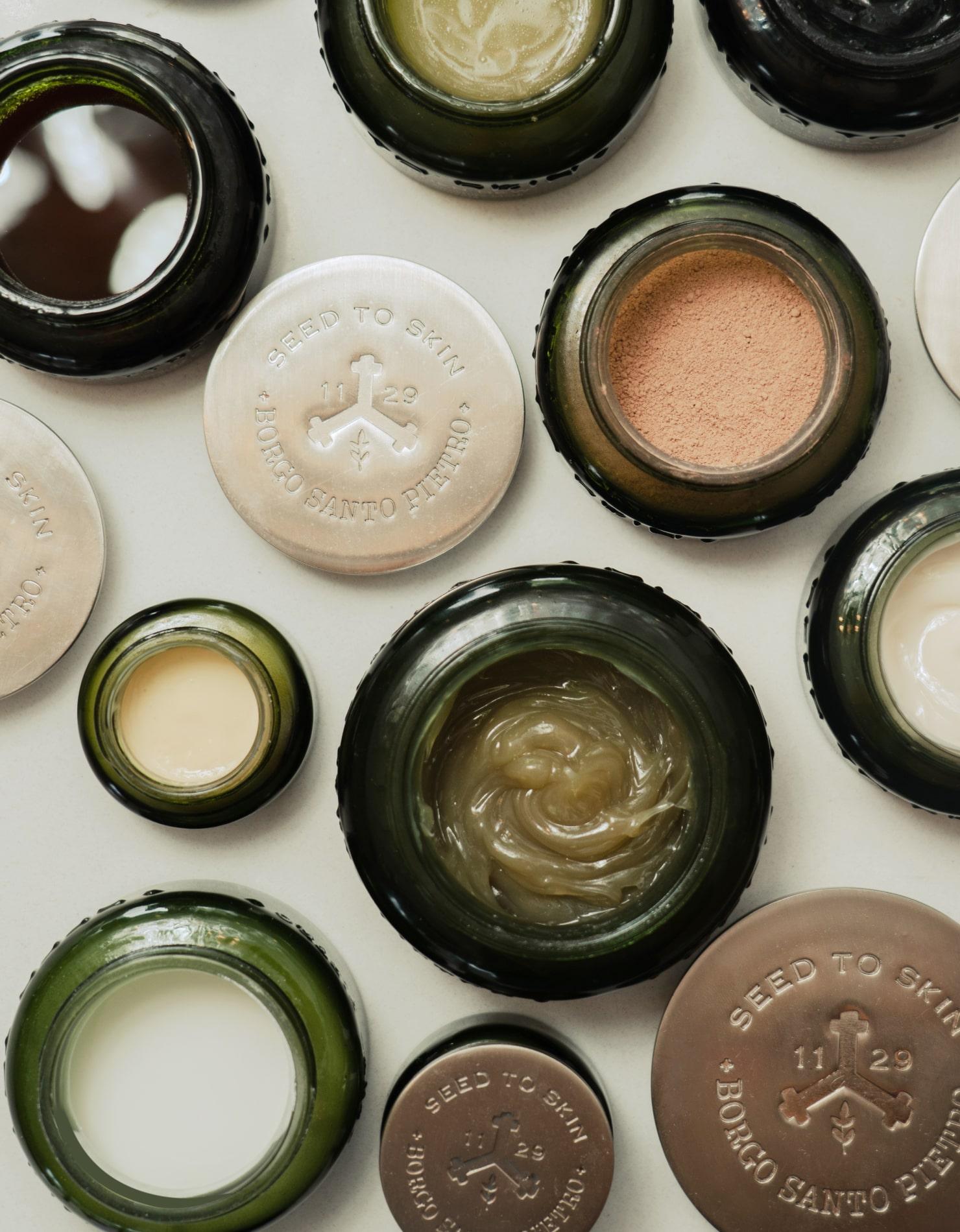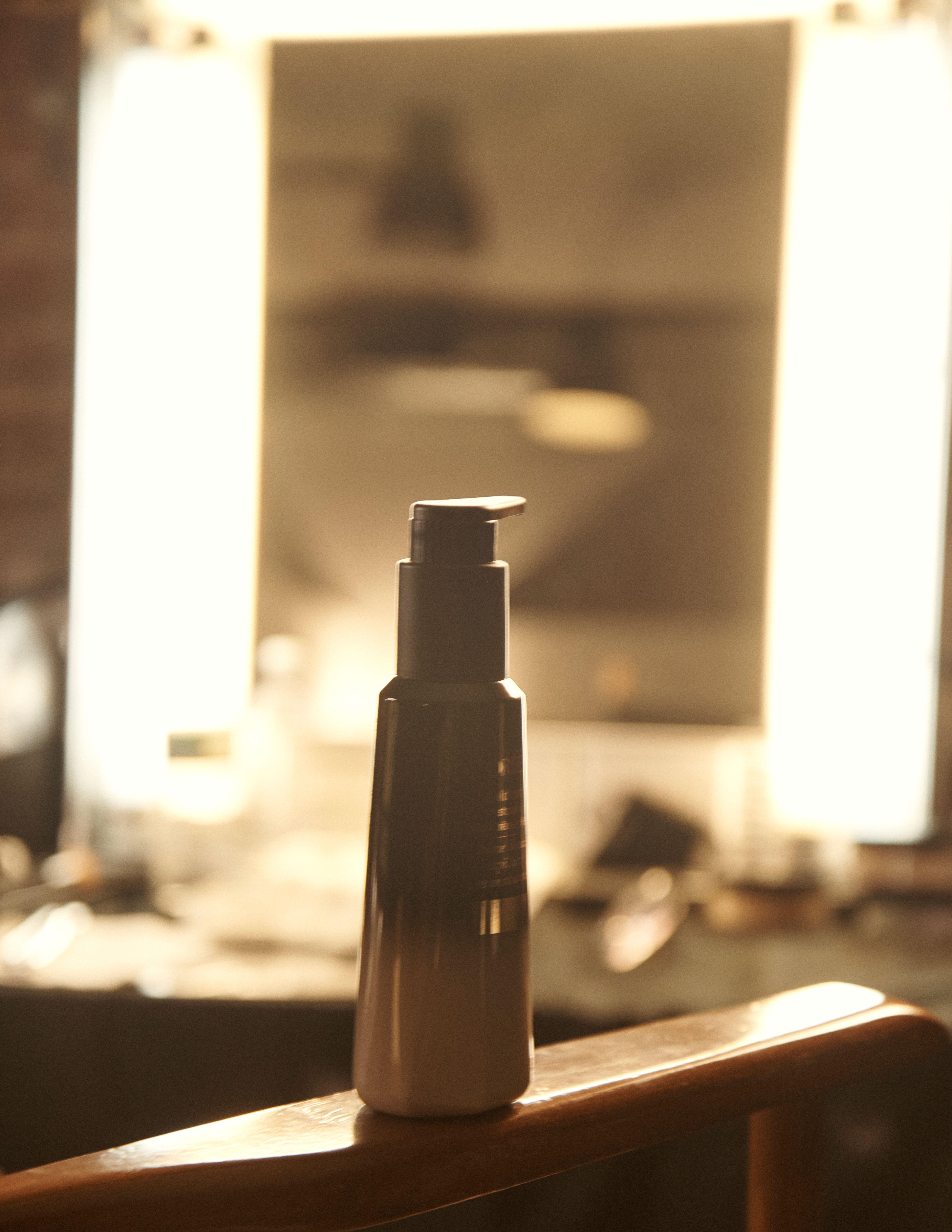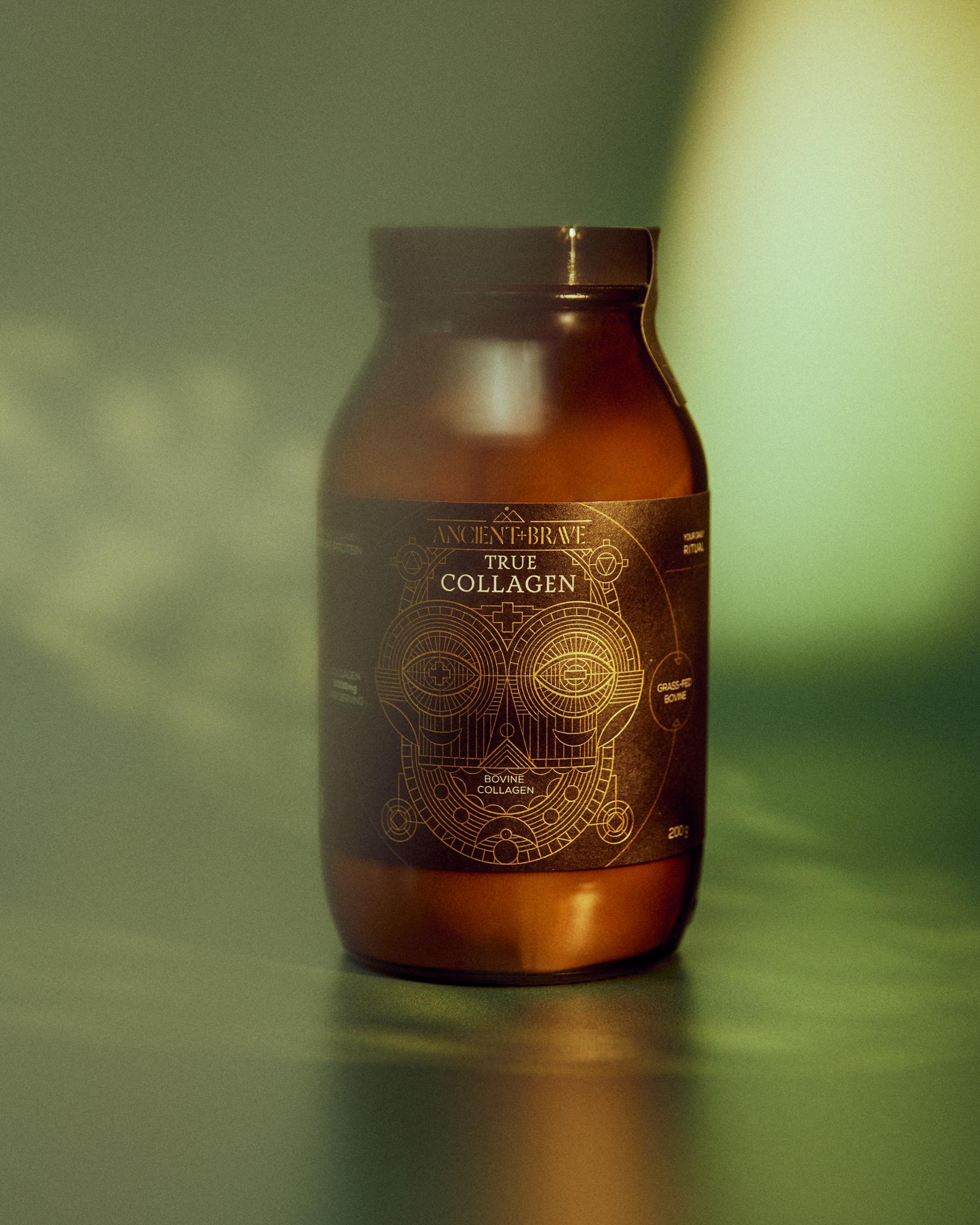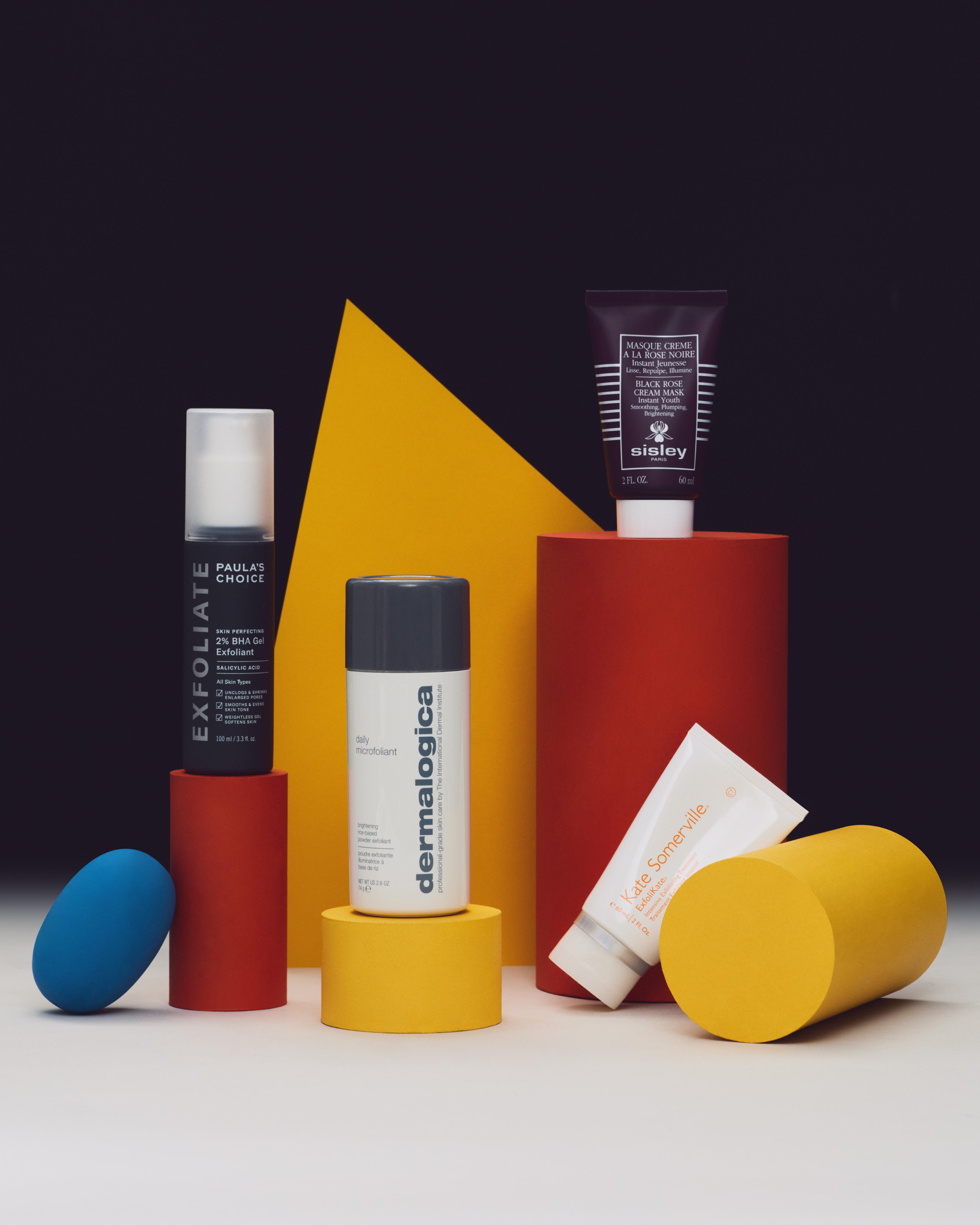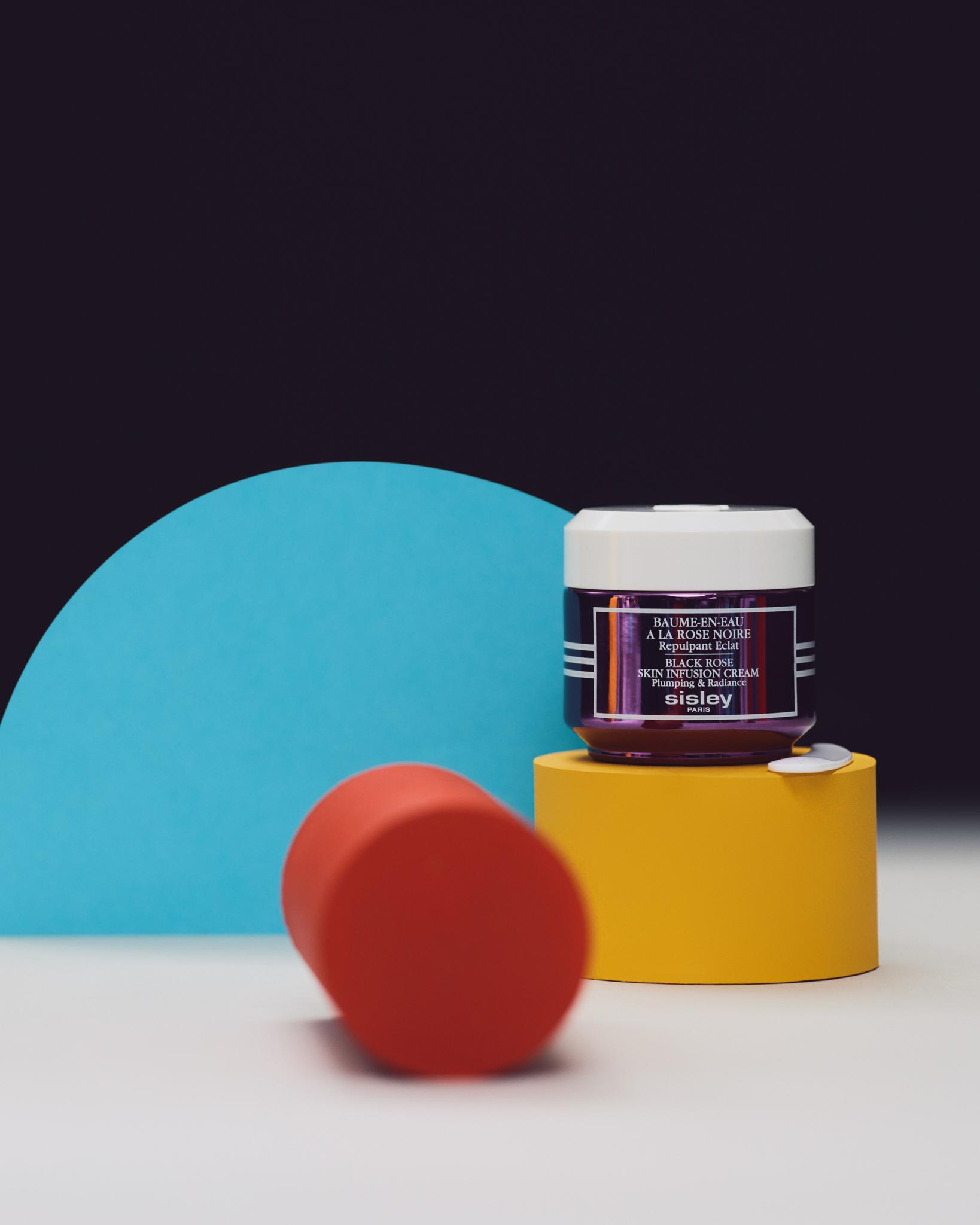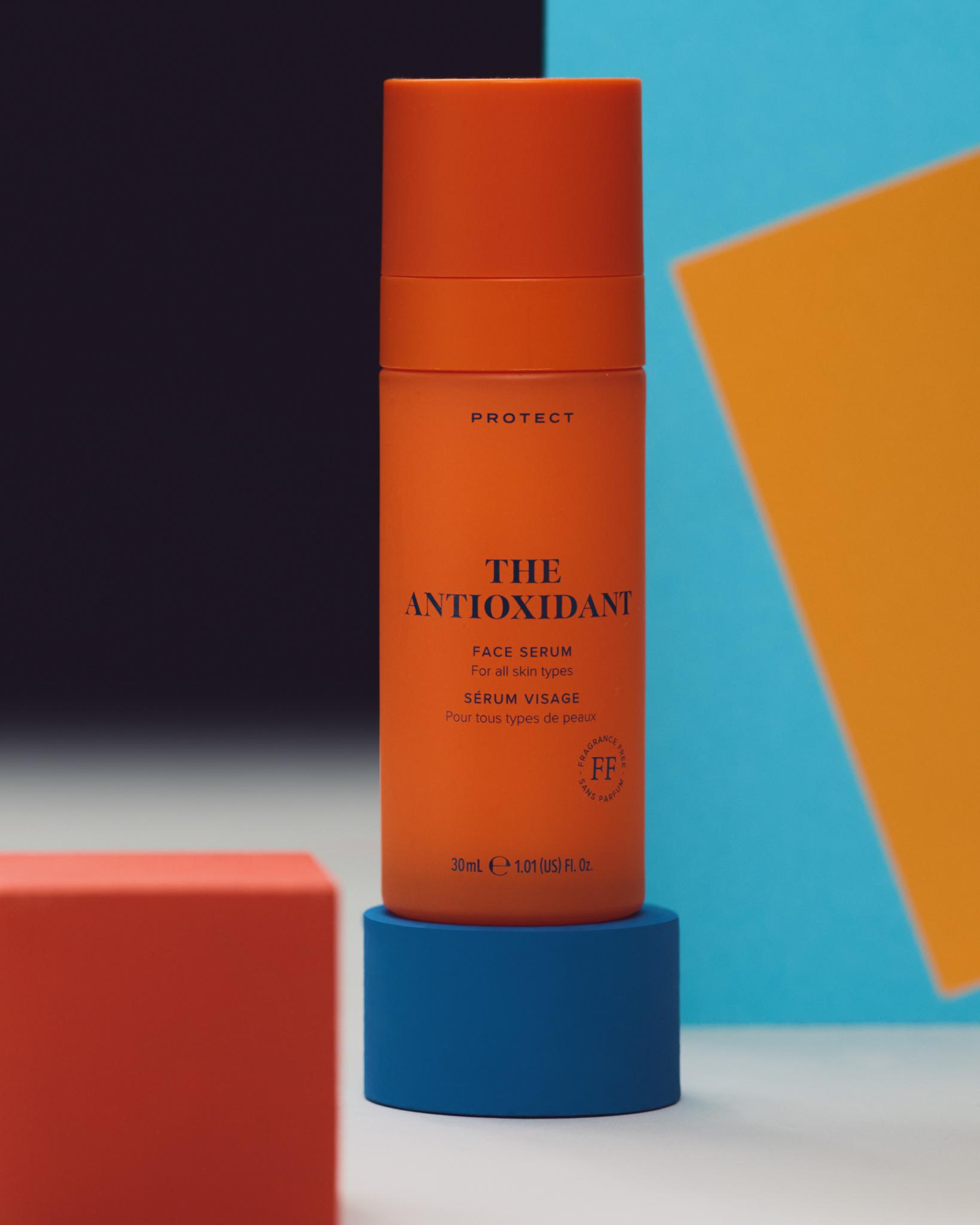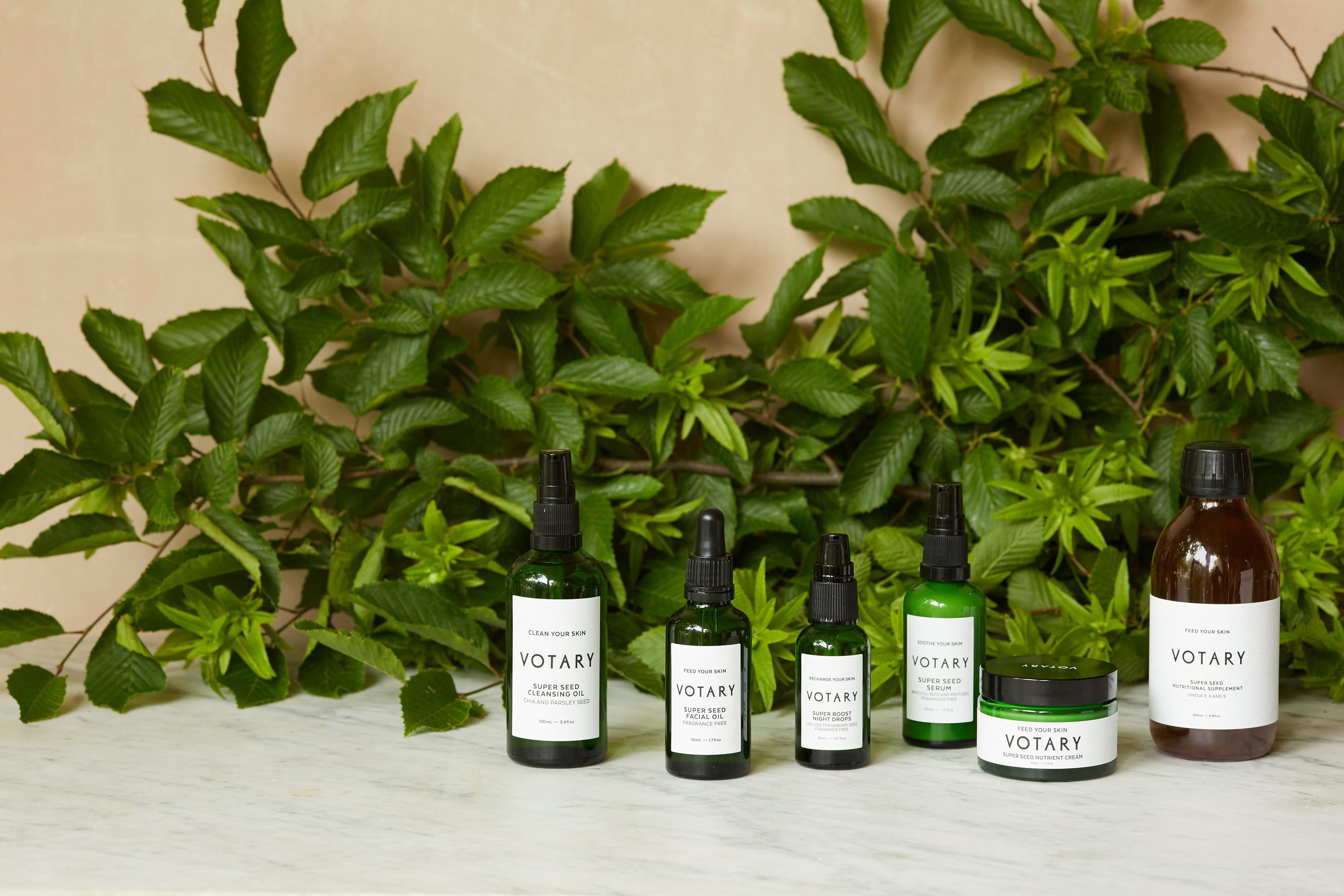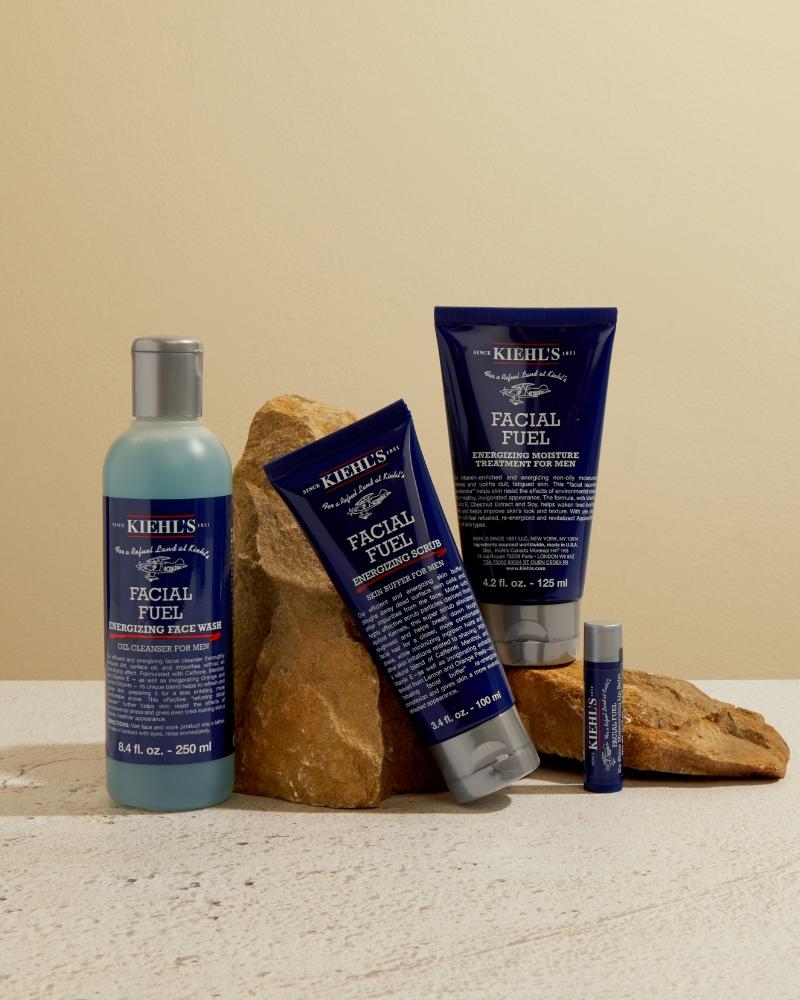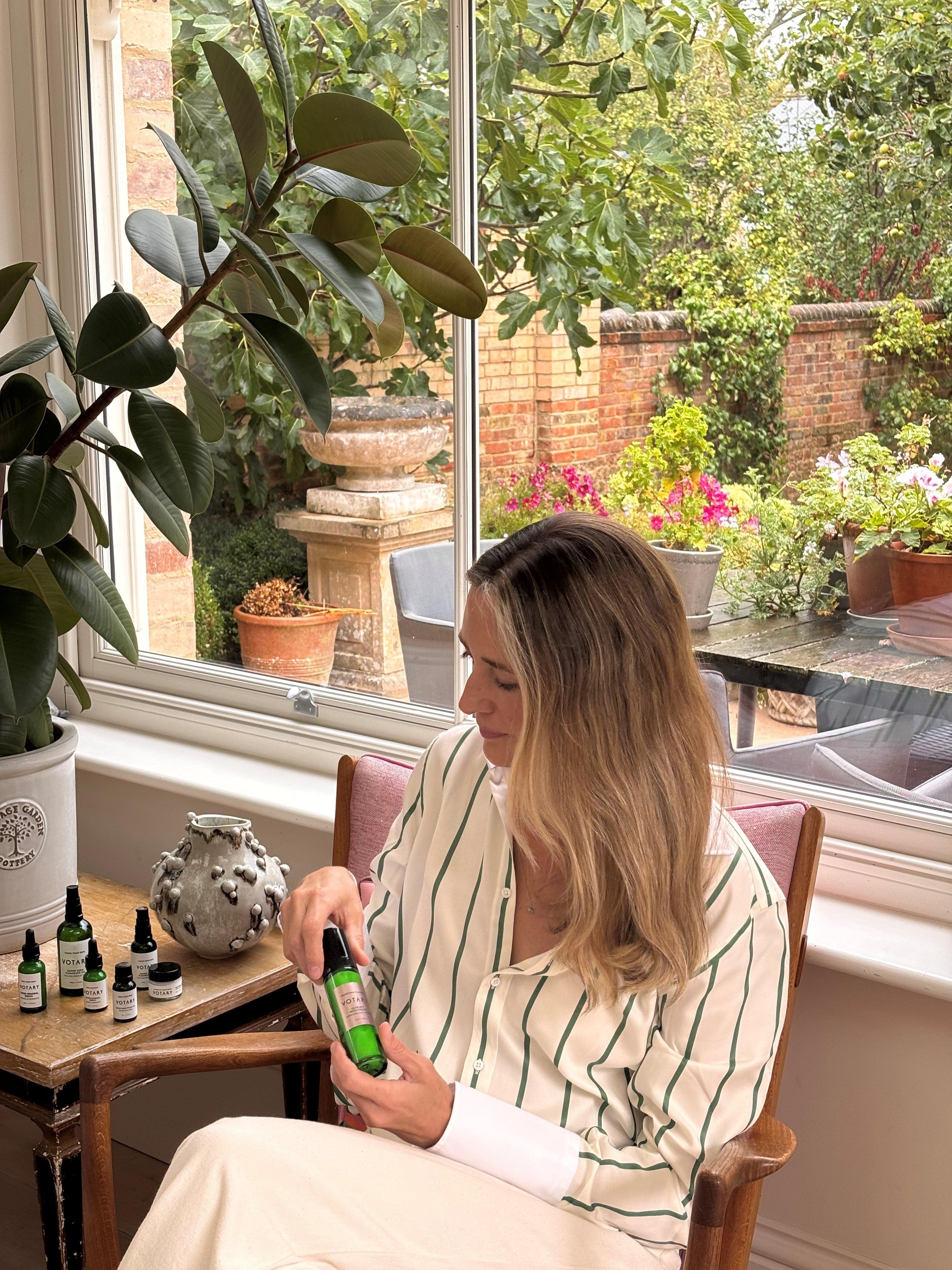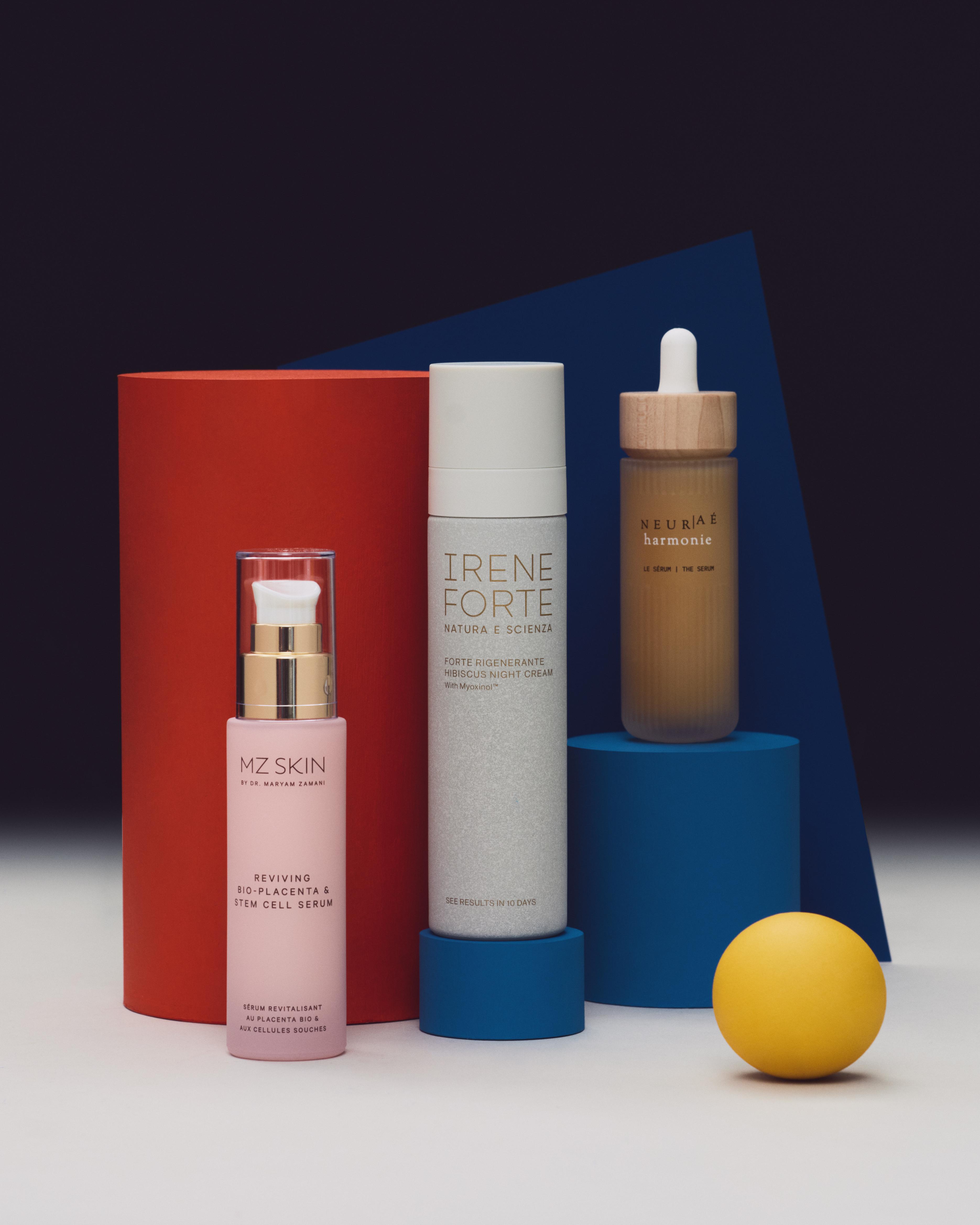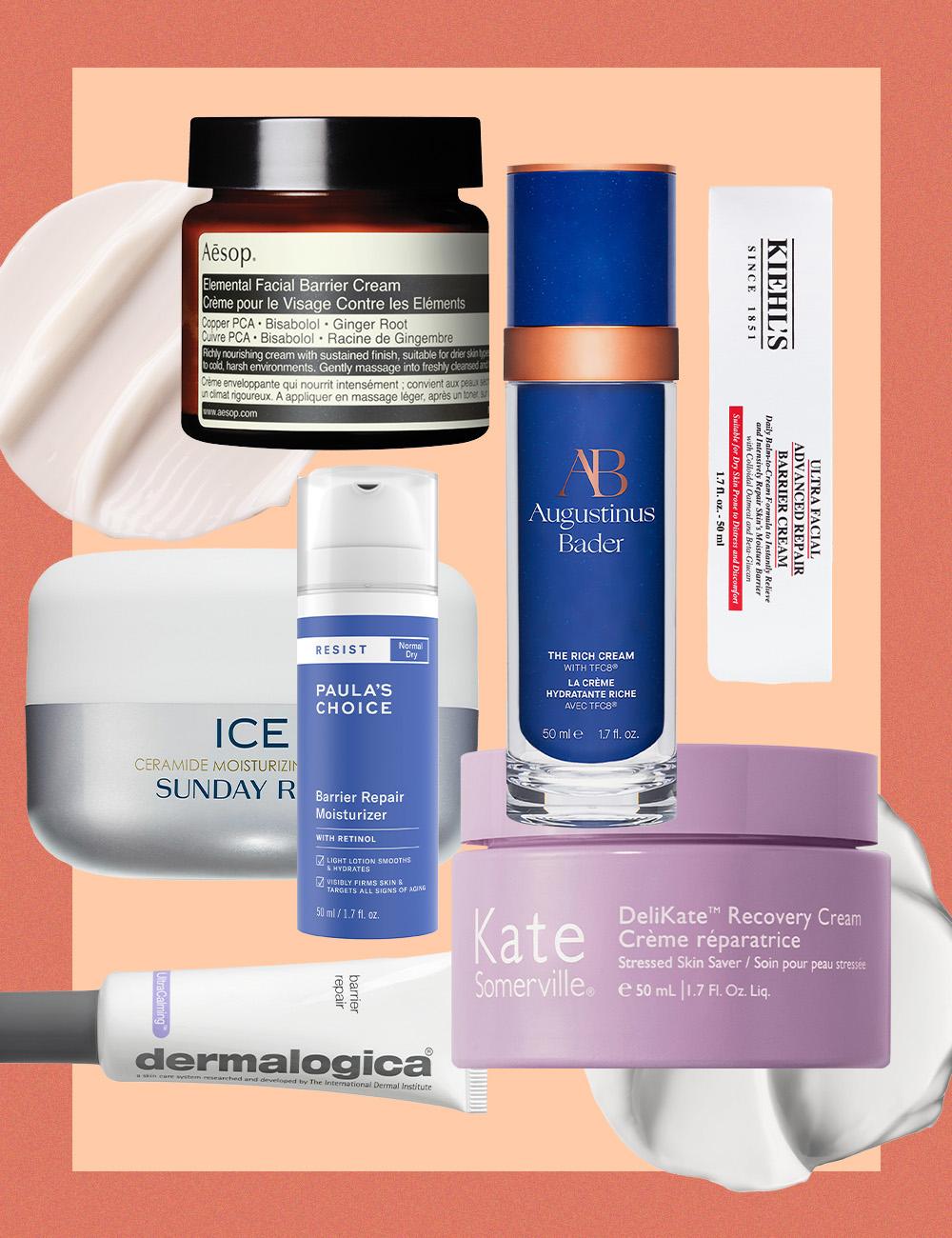
Do You Need a Barrier Cream?
Protecting your skin from external damage is the first step towards a healthy glow. Could this clever moisturiser be the answer?
Read more

Do You Need a Barrier Cream?
Protecting your skin from external damage is the first step towards a healthy glow. Could this clever moisturiser be the answer?
By: Verity Clark
The first line of defence between you and all the things life has to throw at you (pollution, extreme weather, even skincare), a strong and resilient skin barrier is vital. When it’s damaged (or ‘compromised’) it doesn’t function properly which can lead to all sorts of skin concerns, from increased sensitivity to acne. And that’s where barrier creams come in. A celebrated category of skin moisturiser, these creams are designed to support the all-important skin barrier. But are they necessary? And how do you use them? Liberty investigates…
Read More: Curate a dream routine with the correct order of skincare products
What Is the Skin Barrier?
“When we talk about the skin barrier, we are referring to the outermost layer of our skin called the stratum corneum,” explains Dr Sophie Shotter, a skin doctor and aesthetic practitioner. When it’s functioning properly, the barrier should act like a permeable wall; keeping in the good stuff (moisture and nutrients) and keeping out the bad stuff (bacteria, pollutants and viruses).
Interest in the skin barrier has been growing over the last few years. “It’s a very common problem,” explains Shotter, who cites overdoing it with active ingredients as one of the main reasons behind the rise in damaged skin barriers. Acne sufferers in particular can be guilty of reaching for heavy-duty ingredients in a bid to soothe breakouts. “They slather their skin with lots of harsh, drying actives,” notes Shotter. “But when you have a compromised barrier, these sorts of products can make breakouts worse rather than better.”
Read More: The good exfoliation guide: how to find a skincare acid to suit your skin type
What Is a Compromised Skin Barrier?
“A compromised skin barrier is a skin barrier that is not performing the protective function,” explains Shotter, leaking moisture or letting pollutants permeate it. When the skin is exposed to external factors such as UV rays and pollutants, the skin ups its immune response and inflammation occurs and a compromised skin barrier can present itself in a variety of ways. “You may find your skin sensitive, dry, itchy and irritated, as well as prone to breakouts,” says Shotter. Often, skin concerns such as acne, rosacea or rashes or a sign that something has gone out of kilter with your skin barrier, and your skin is suffering the fall out.
What Is a Barrier Cream?
The clue is in the name. A skin barrier cream quite literally creates a barrier between your skin and the environment. “It will protect the skin from contaminants which can be irritants, and also really help lock moisture into very dry skin,” explains Shotter.
She uses nappy rash cream for babies as a common example of a barrier cream. “It forms a barrier between the irritated skin and the substance irritating it, allowing more rapid healing.” Or, you might be familiar with the TikTok phenomenon of slugging, where users slather their faces in vaseline to lock in moisture in a bid to repair the skin barrier. The jury is out on that one, with dermatologists sitting on either side of the skin benefit fence.
The main difference between a barrier cream and a moisturiser is the ingredients contained within. The best barrier creams tend to be thicker and more intense, containing occlusive ingredients (like beeswax, lanolin, zinc oxide, dimethicone and shea butter) which form a physical barrier to keep skin moist and hydrated. Regular moisturisers, on the other hand, will use either humectants such as hyaluronic acid and glycerin to draw water to the skin to hydrate, or emollients which soften the skin by helping to strengthen the ‘glue’ between the skin cells. Vitamin E and ceramides are common examples of emollients.
Read More: How to curate the dream night-time skincare routine
How to Use a Barrier Cream
First things first, get to know your skin. Many ingredients commonly found in barrier creams can be comedogenic (pore-clogging) so you need to be careful that you don’t oversaturate your skin and cause congestion.
If you have dry skin it’s highly likely that your skin barrier is causing you problems. Shotter recommends introducing a barrier cream that contains some of the key occlusive ingredients. “Start with using it two to three times per week at night and washing it off in the morning. This will help to lock hydration into the skin and decrease transepidermal water loss.” She also recommends taking a high dose Omega-3 supplement each day. “This will help to boost the skin barrier health and to decrease the inflammation.”
Read More: How to get glowing skin, according to the experts



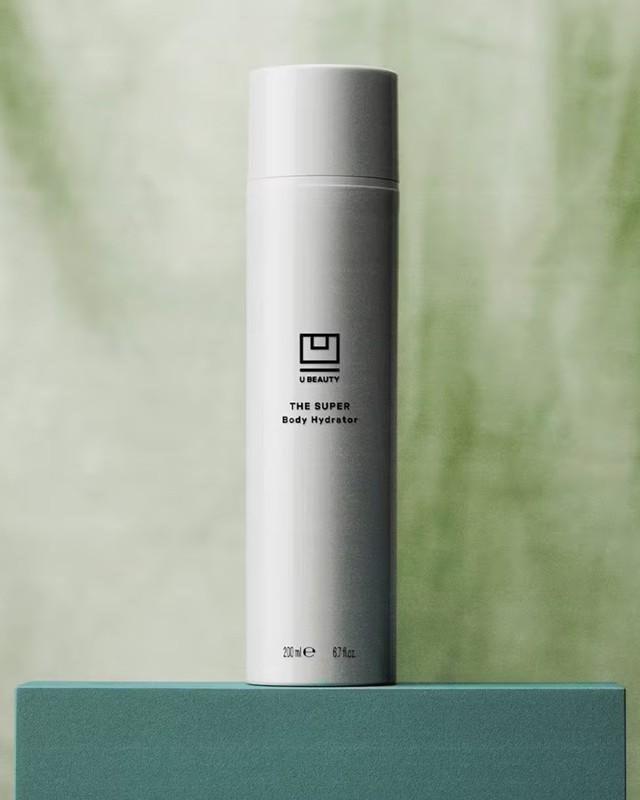
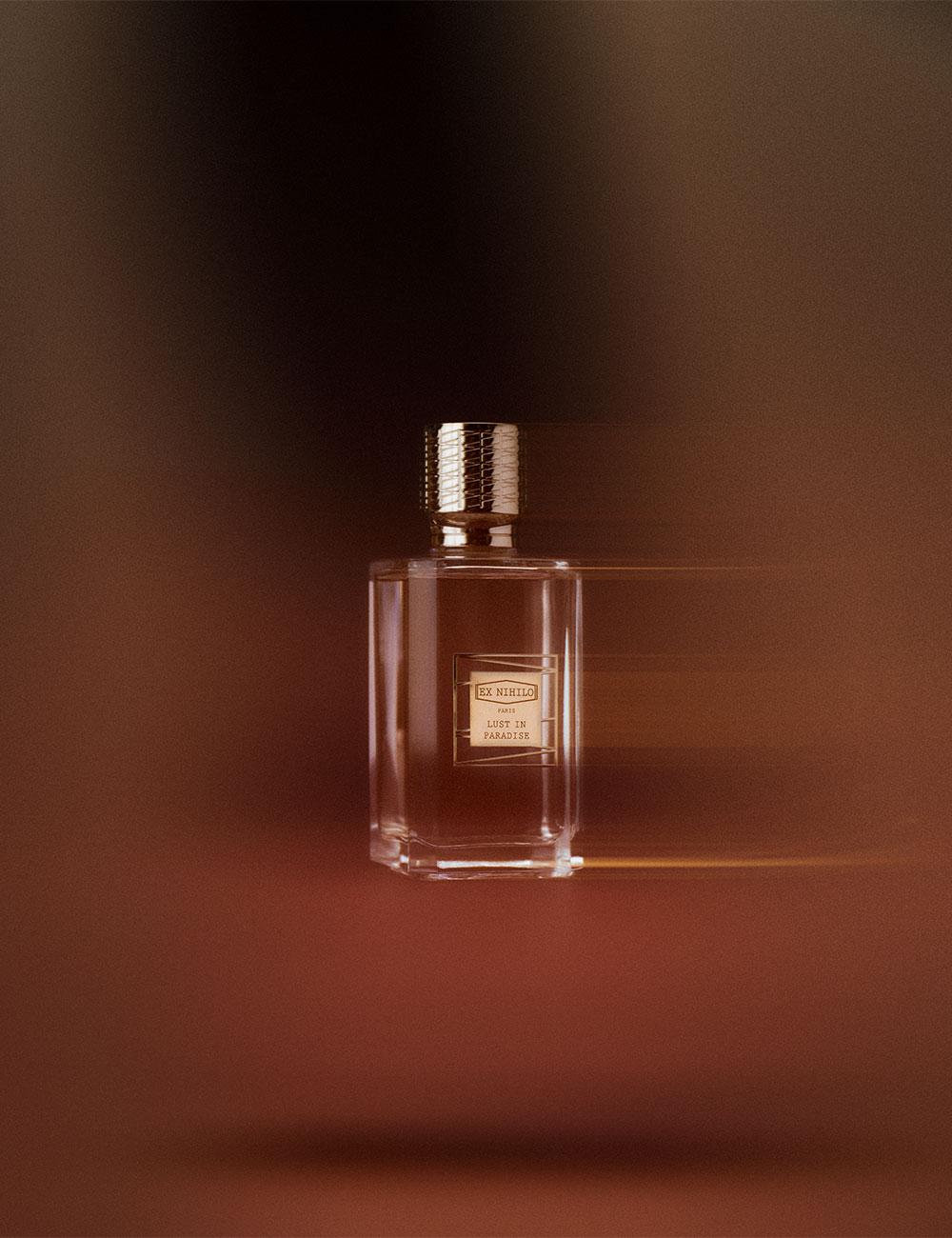
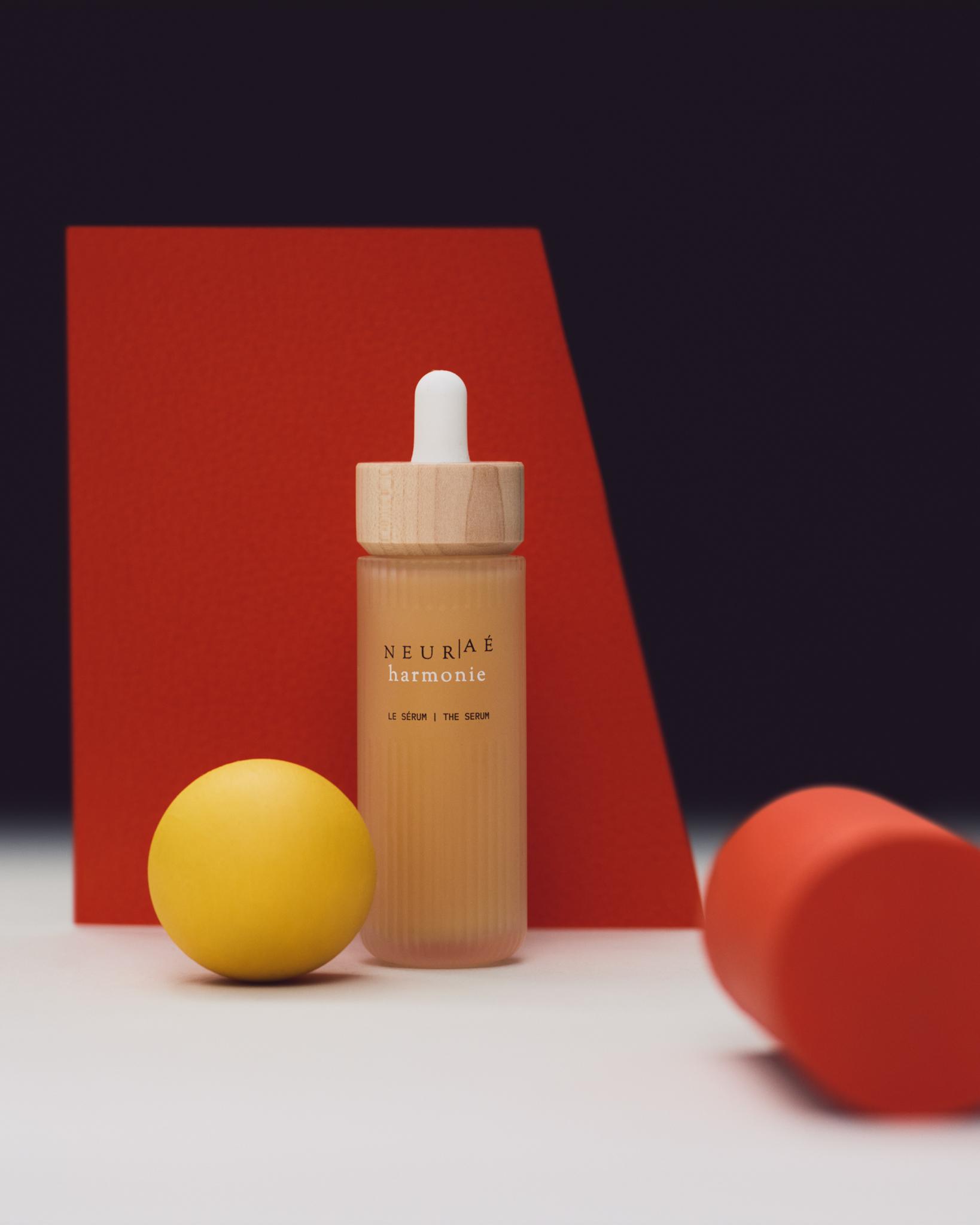
?fmt=auto&qlt=default)
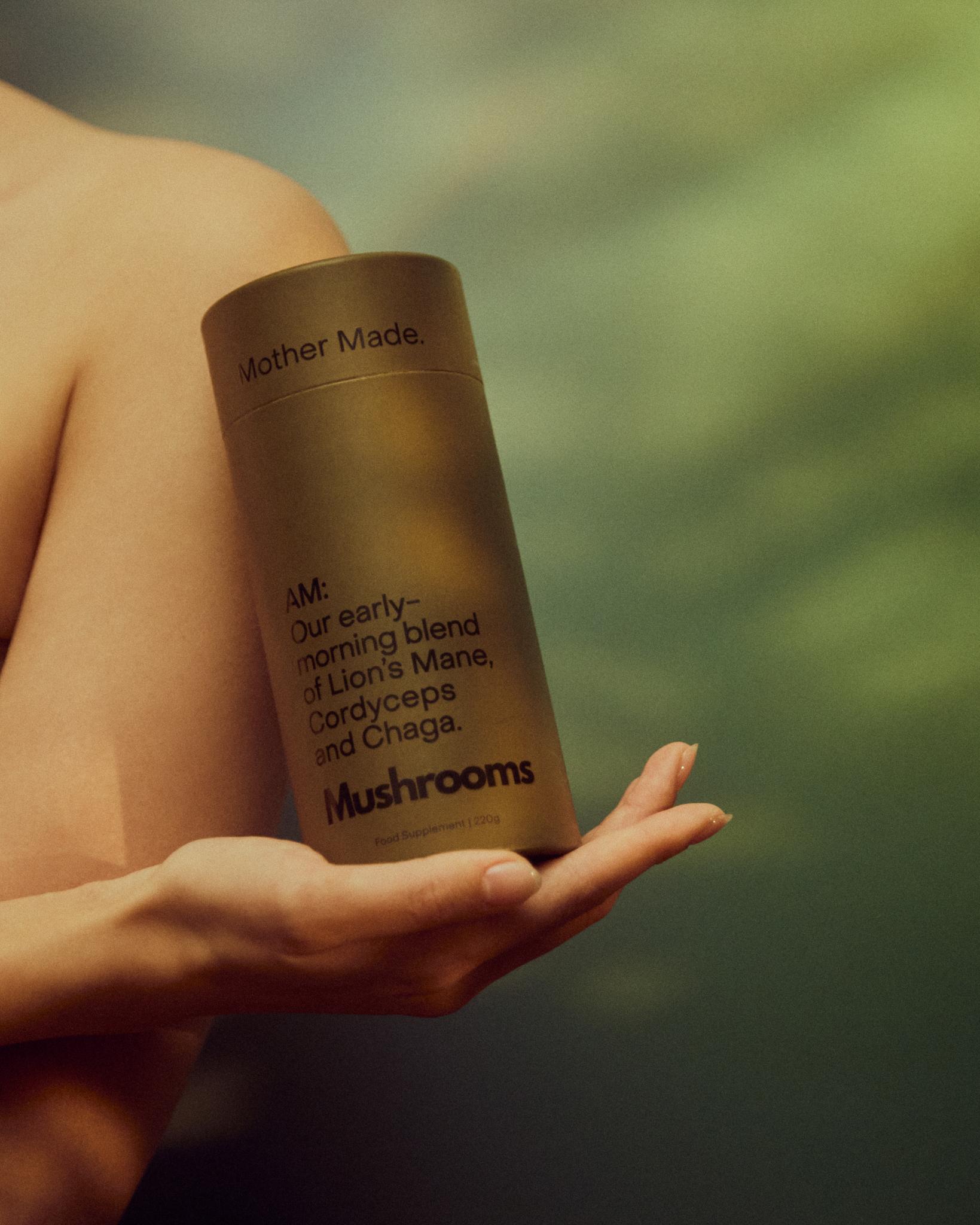
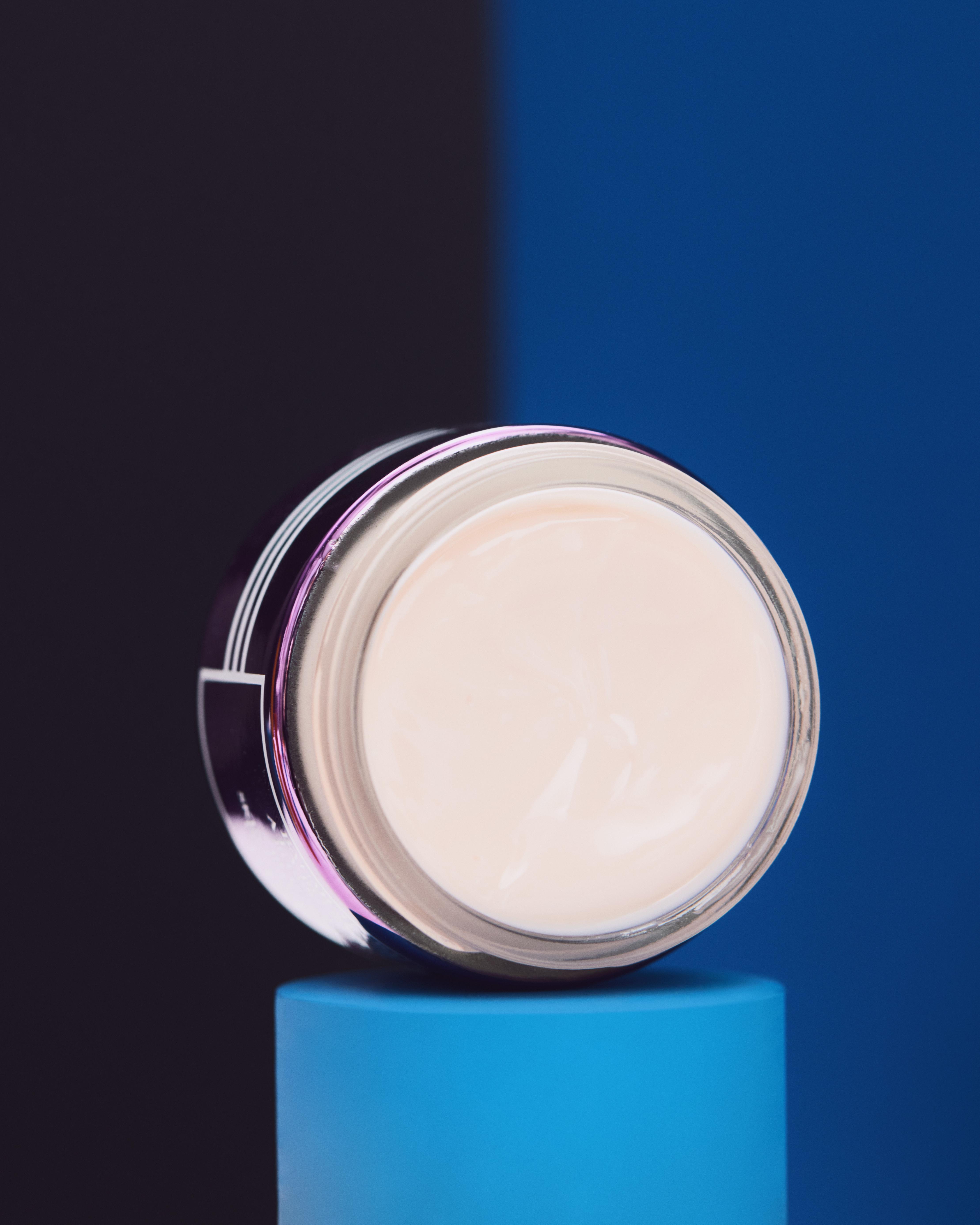
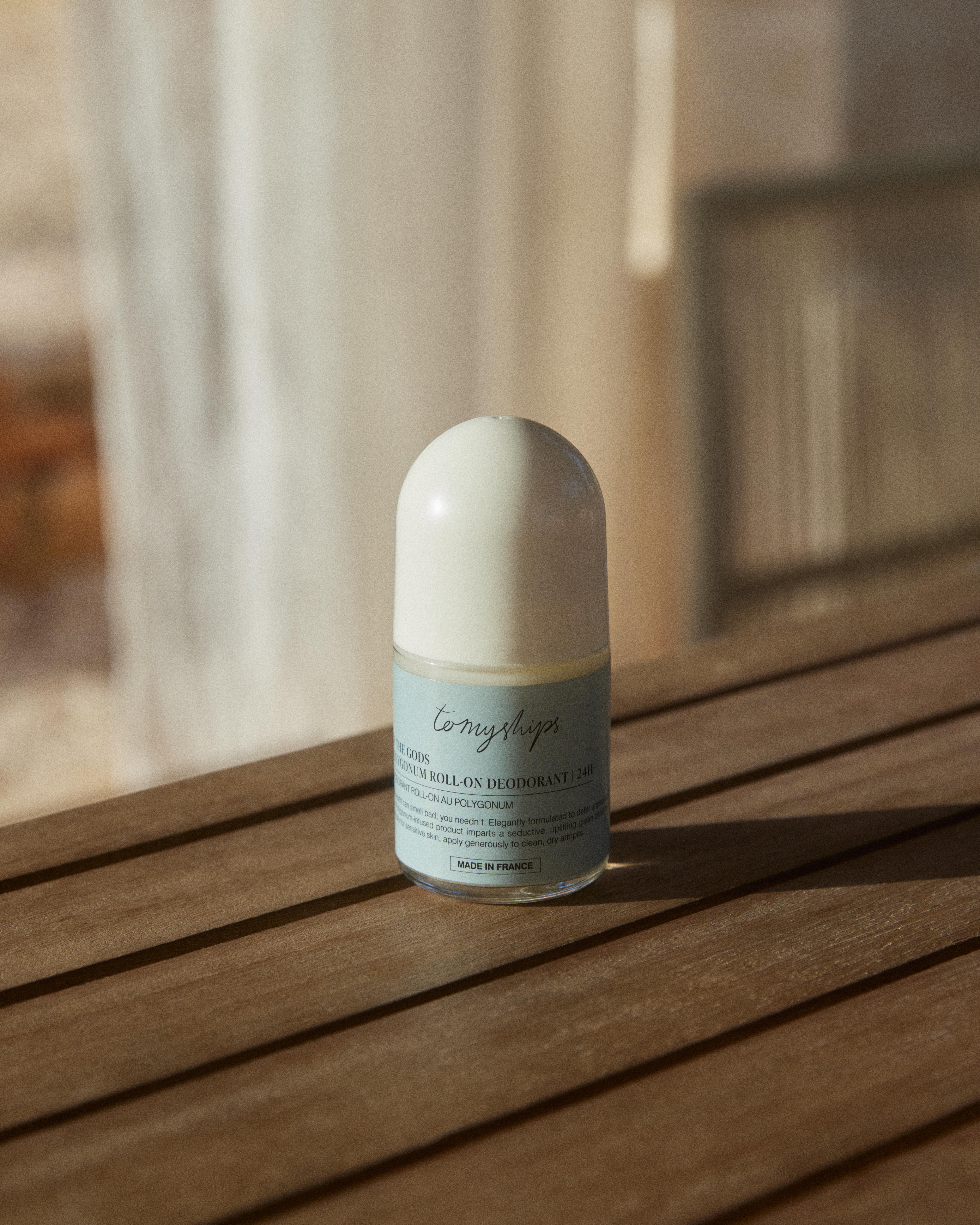





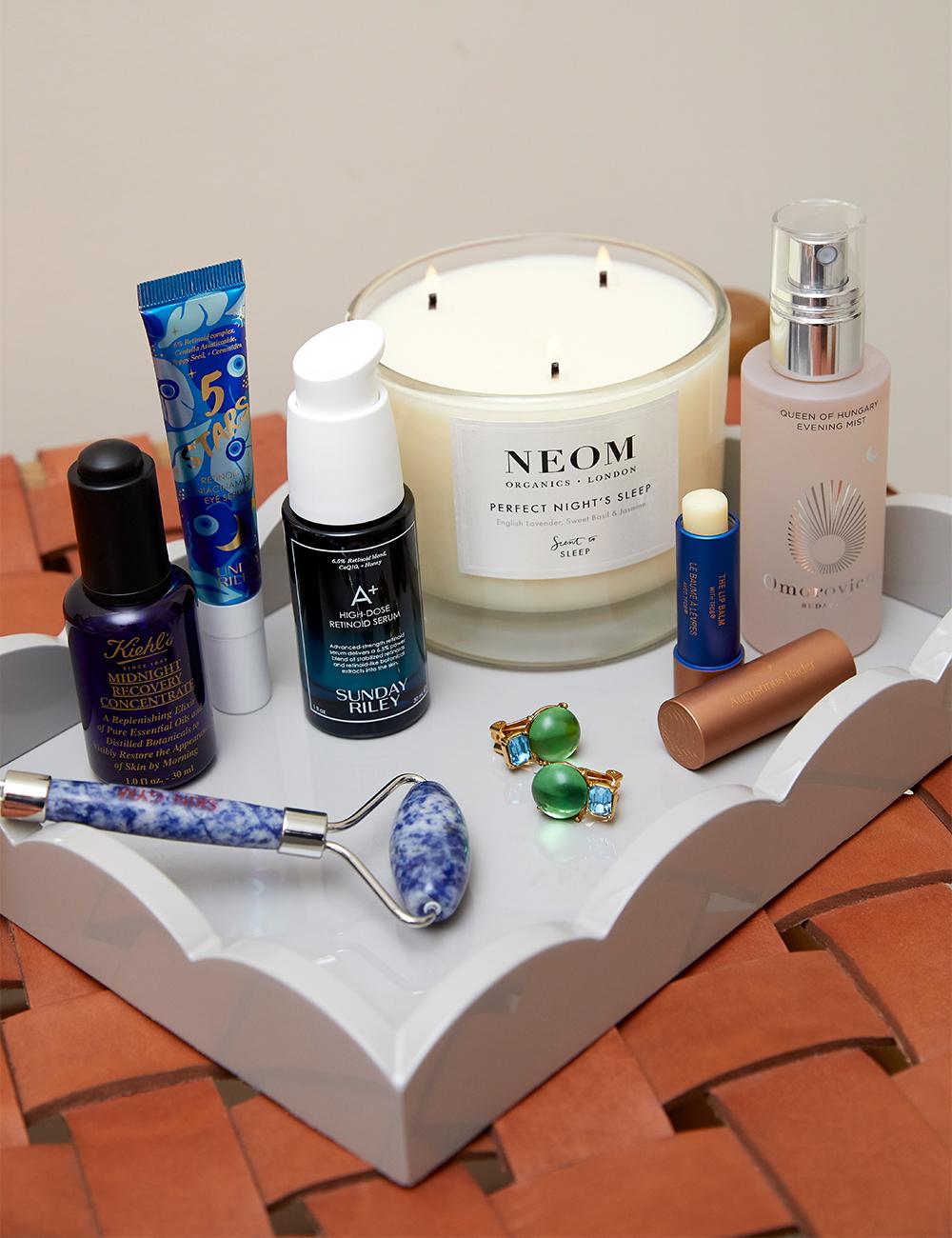
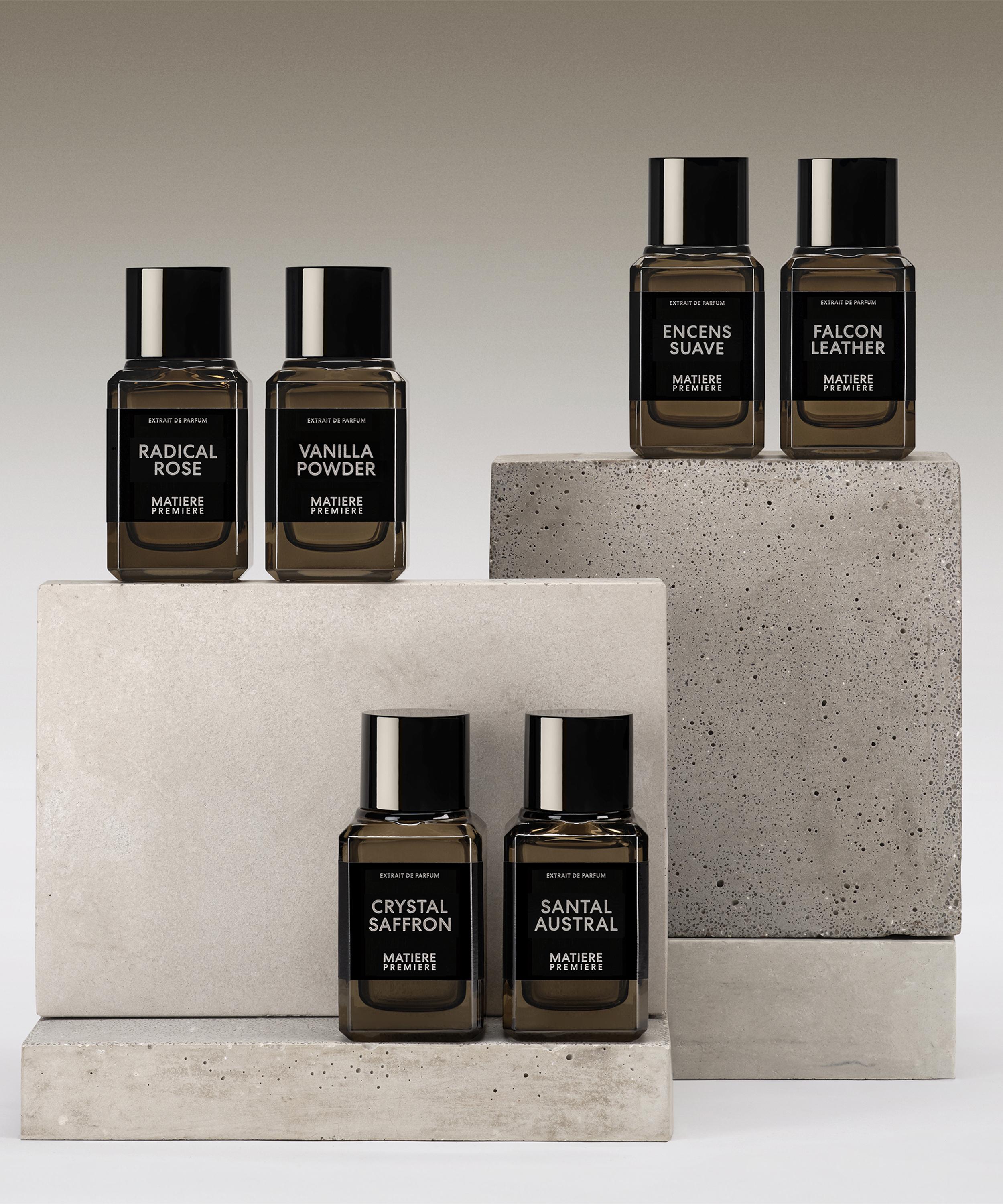


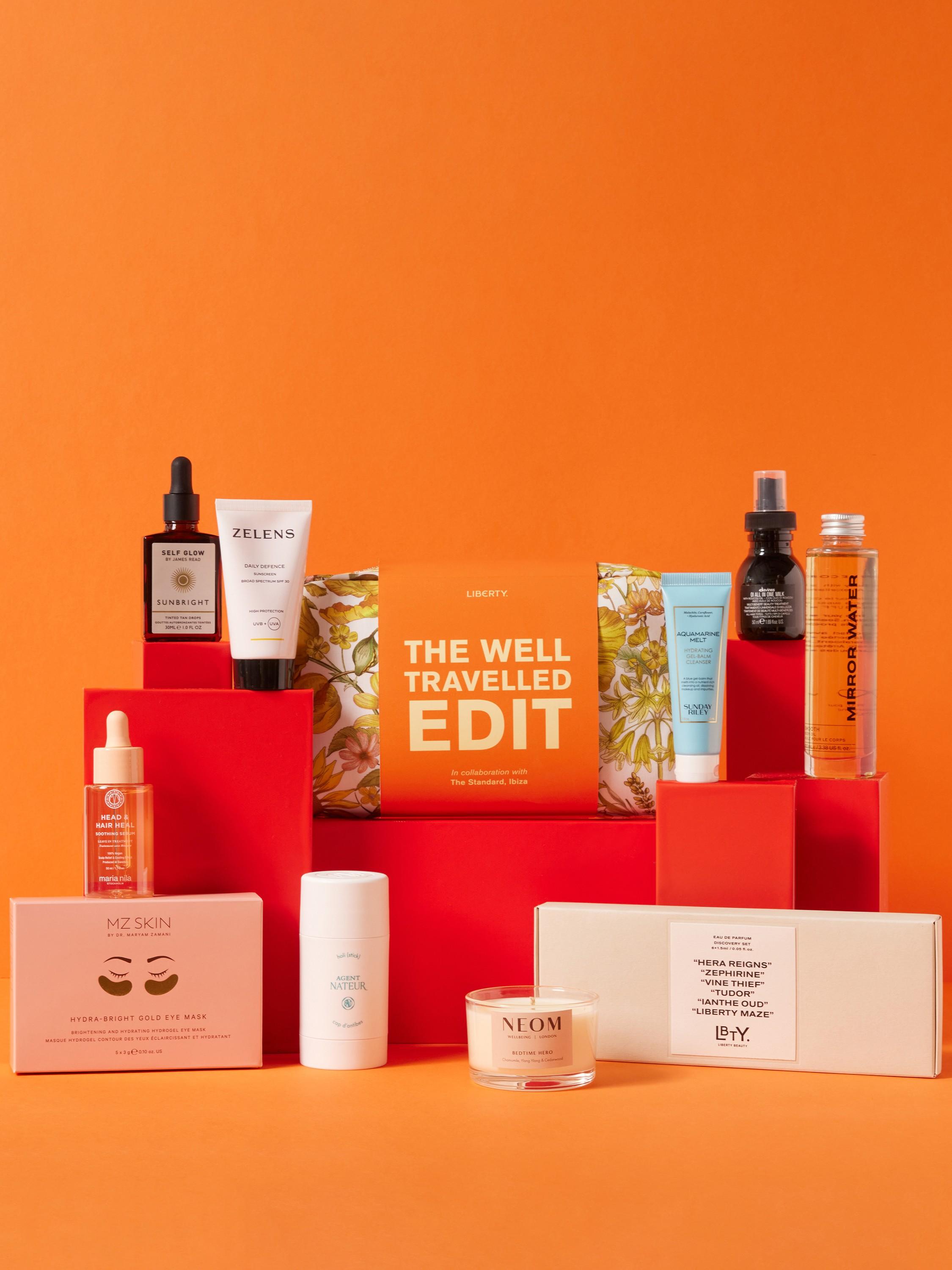
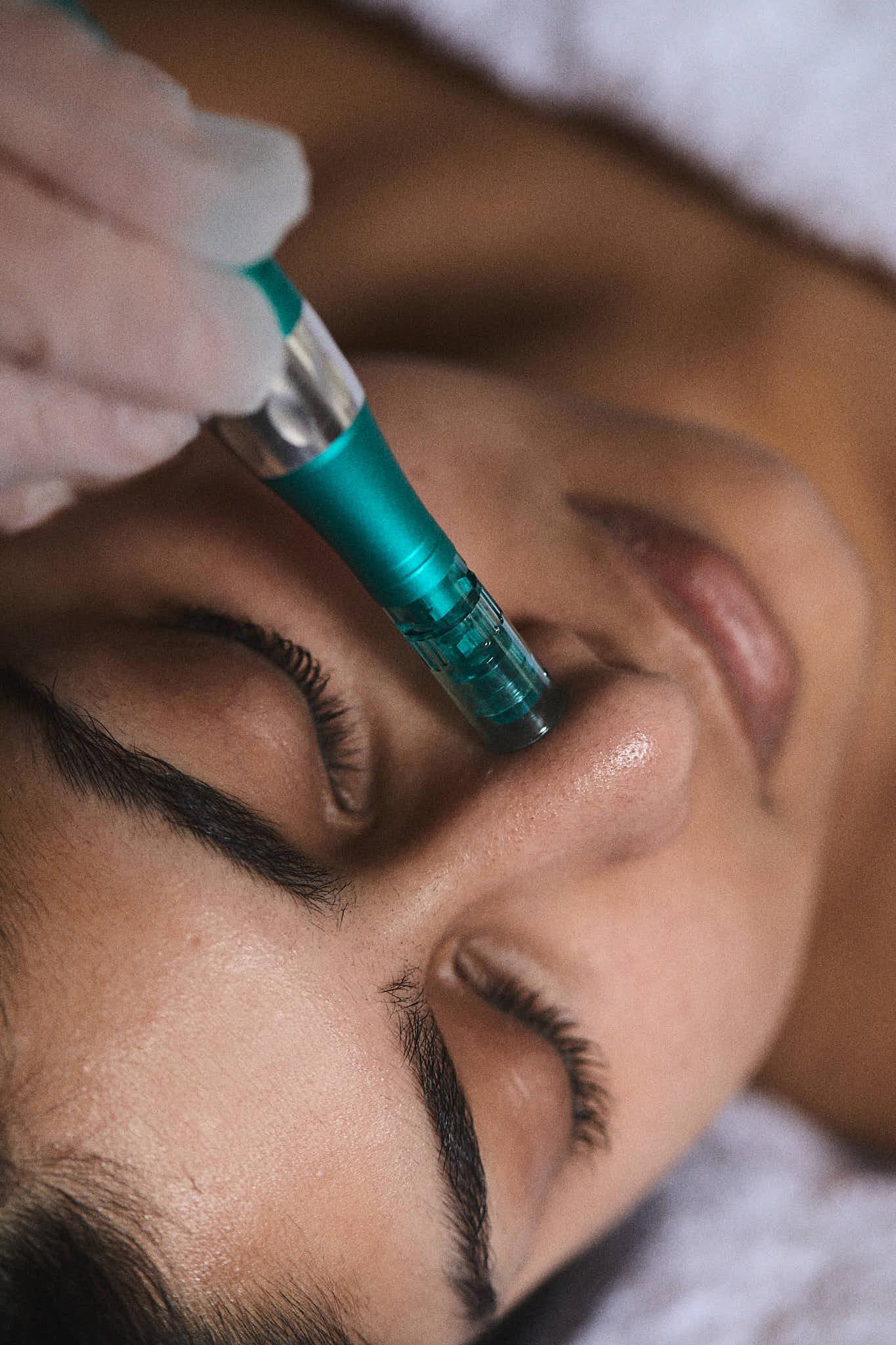





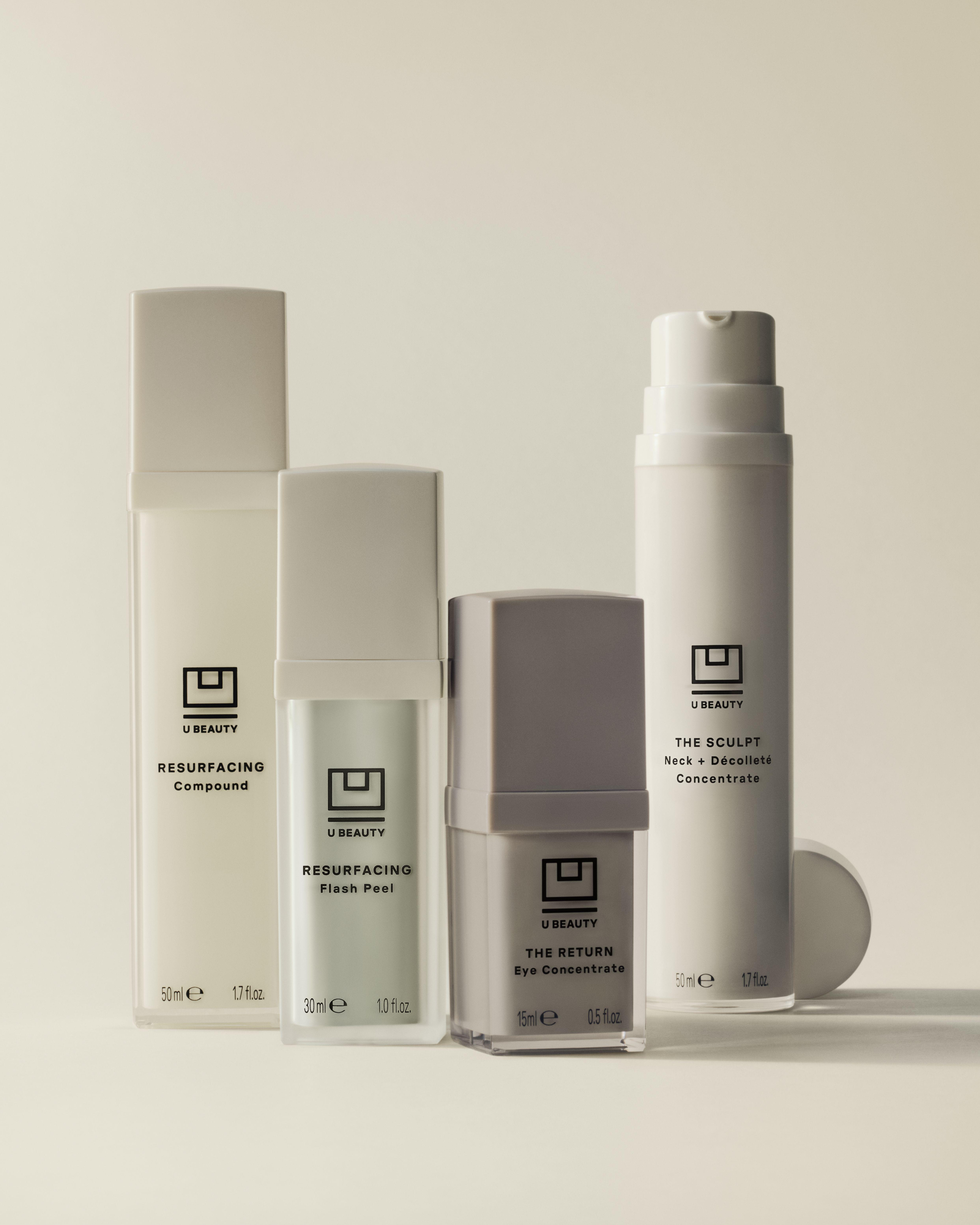

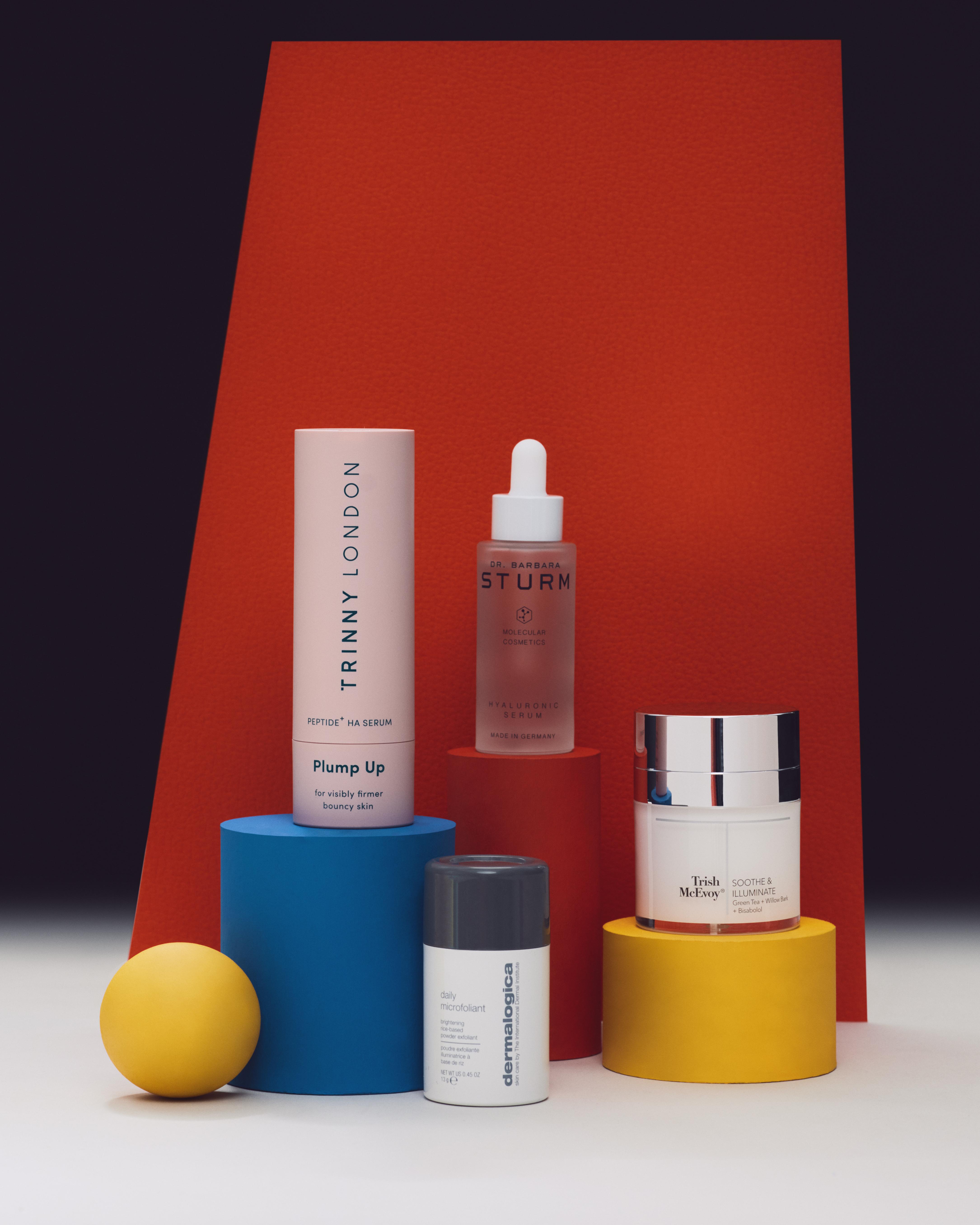
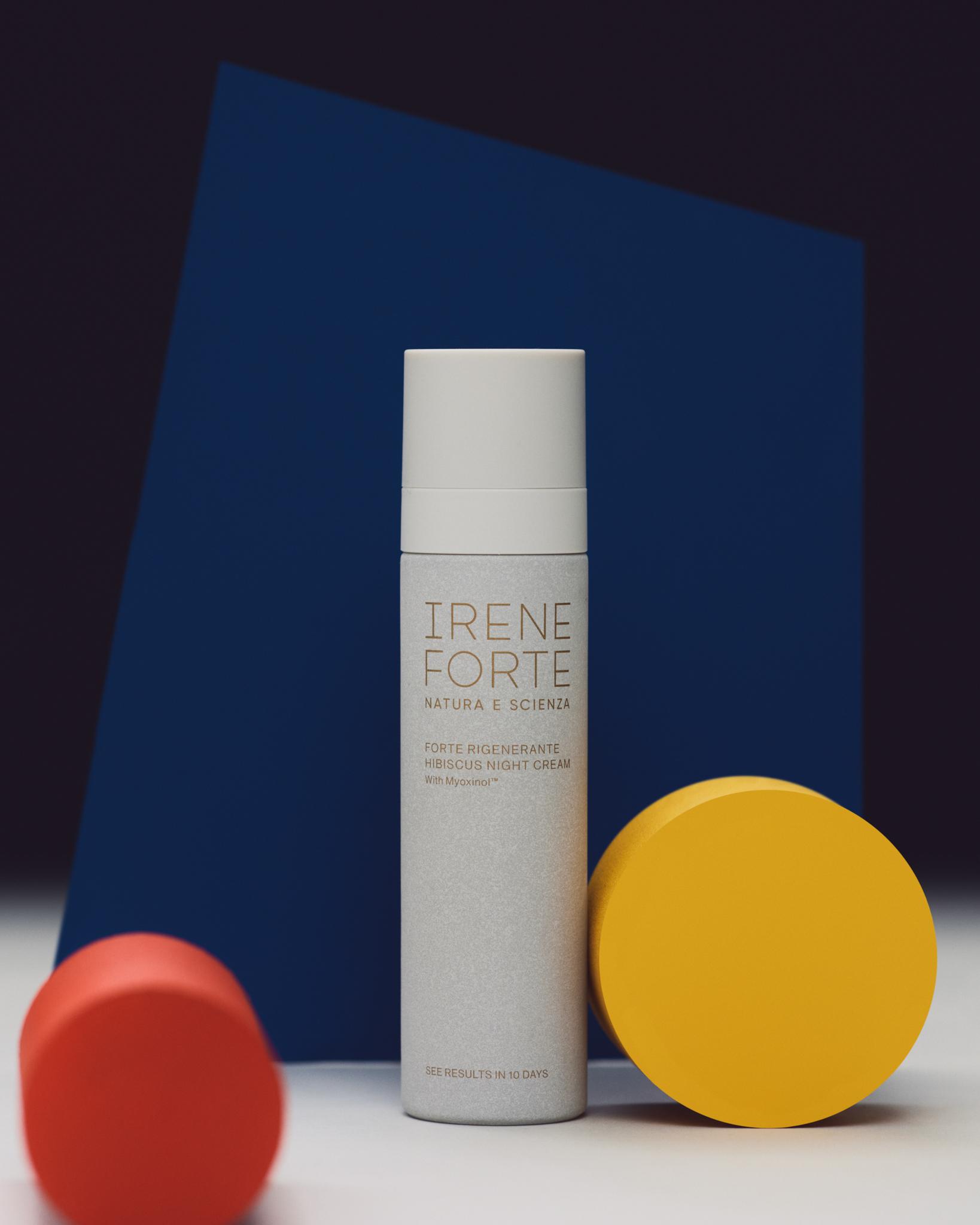
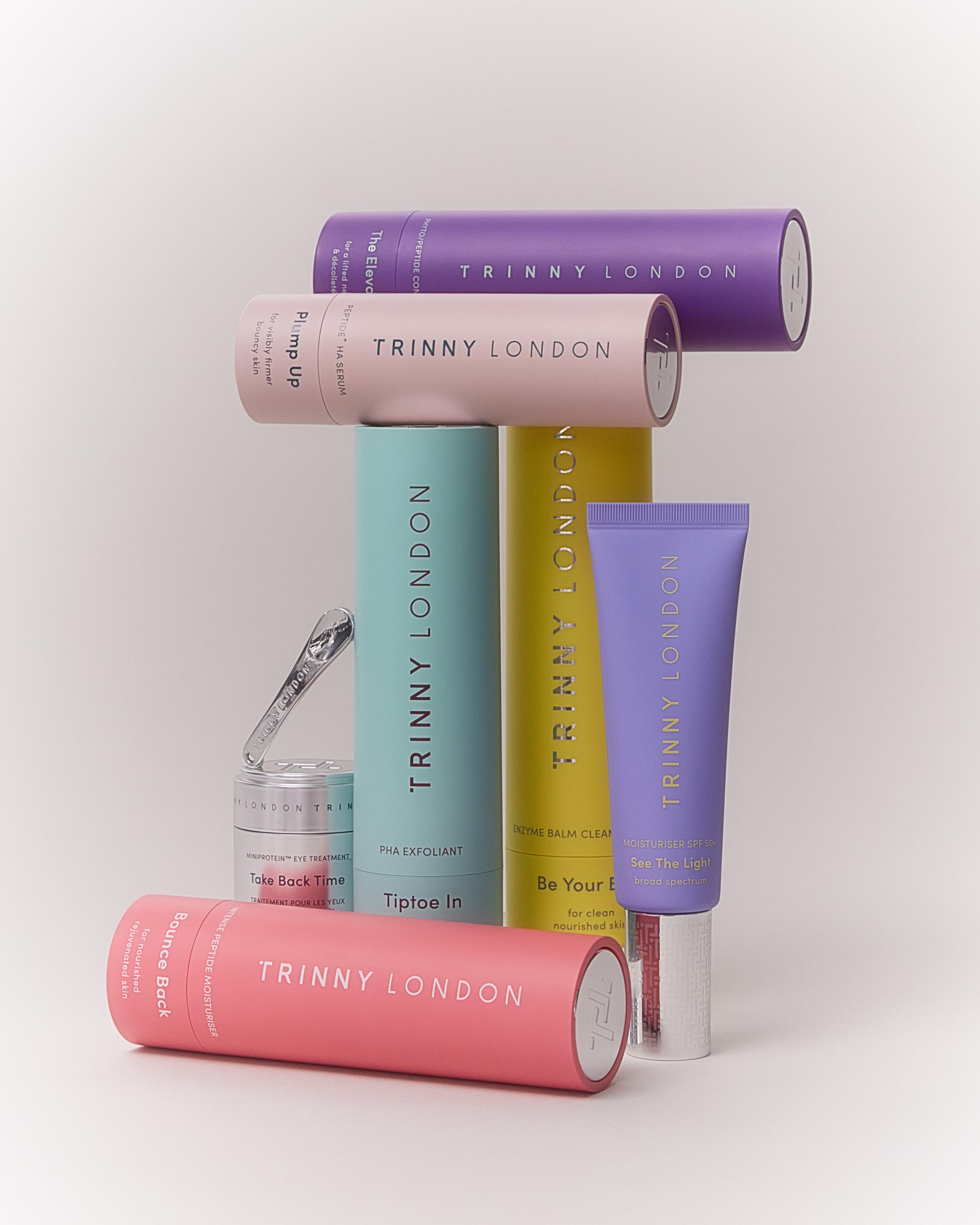

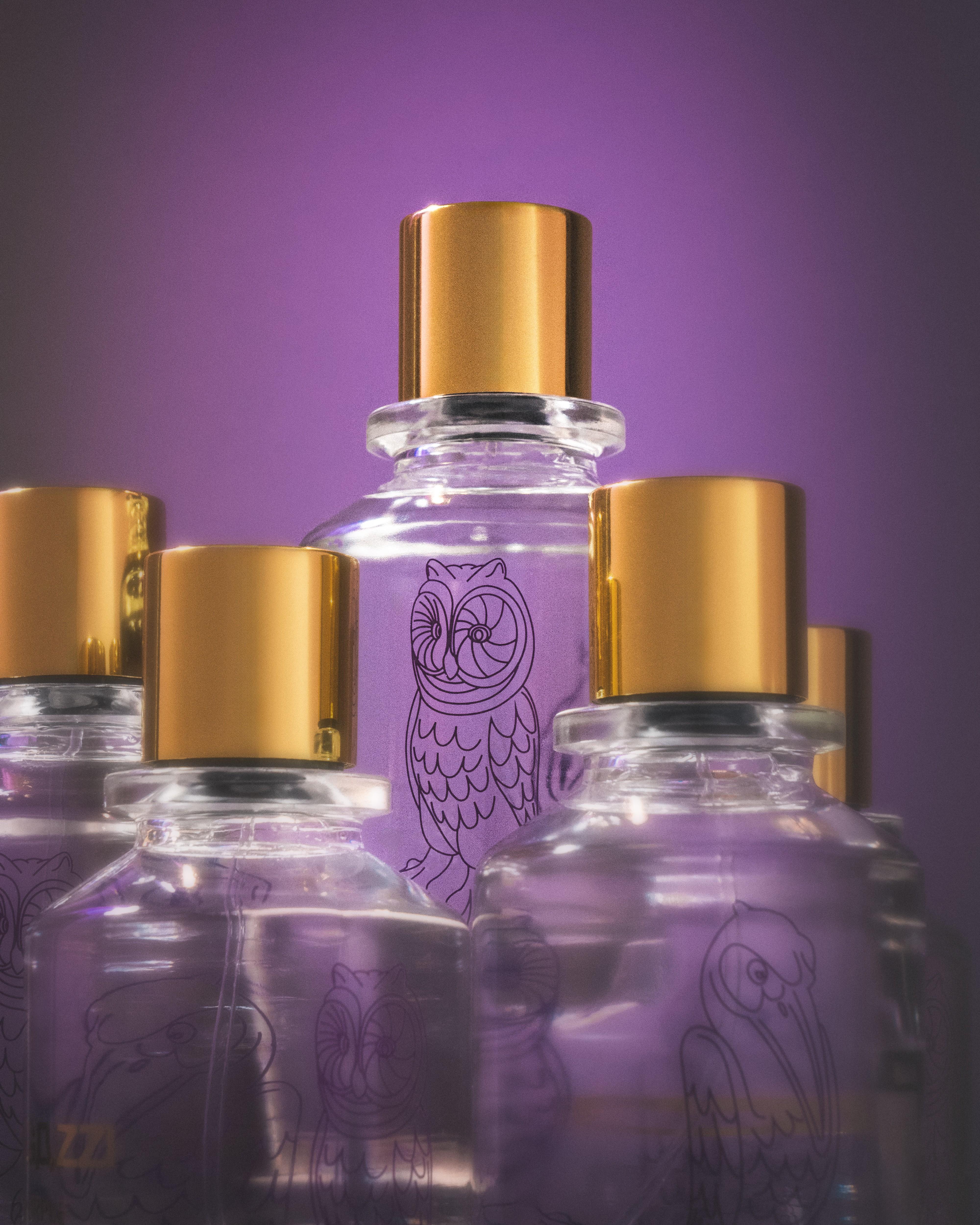
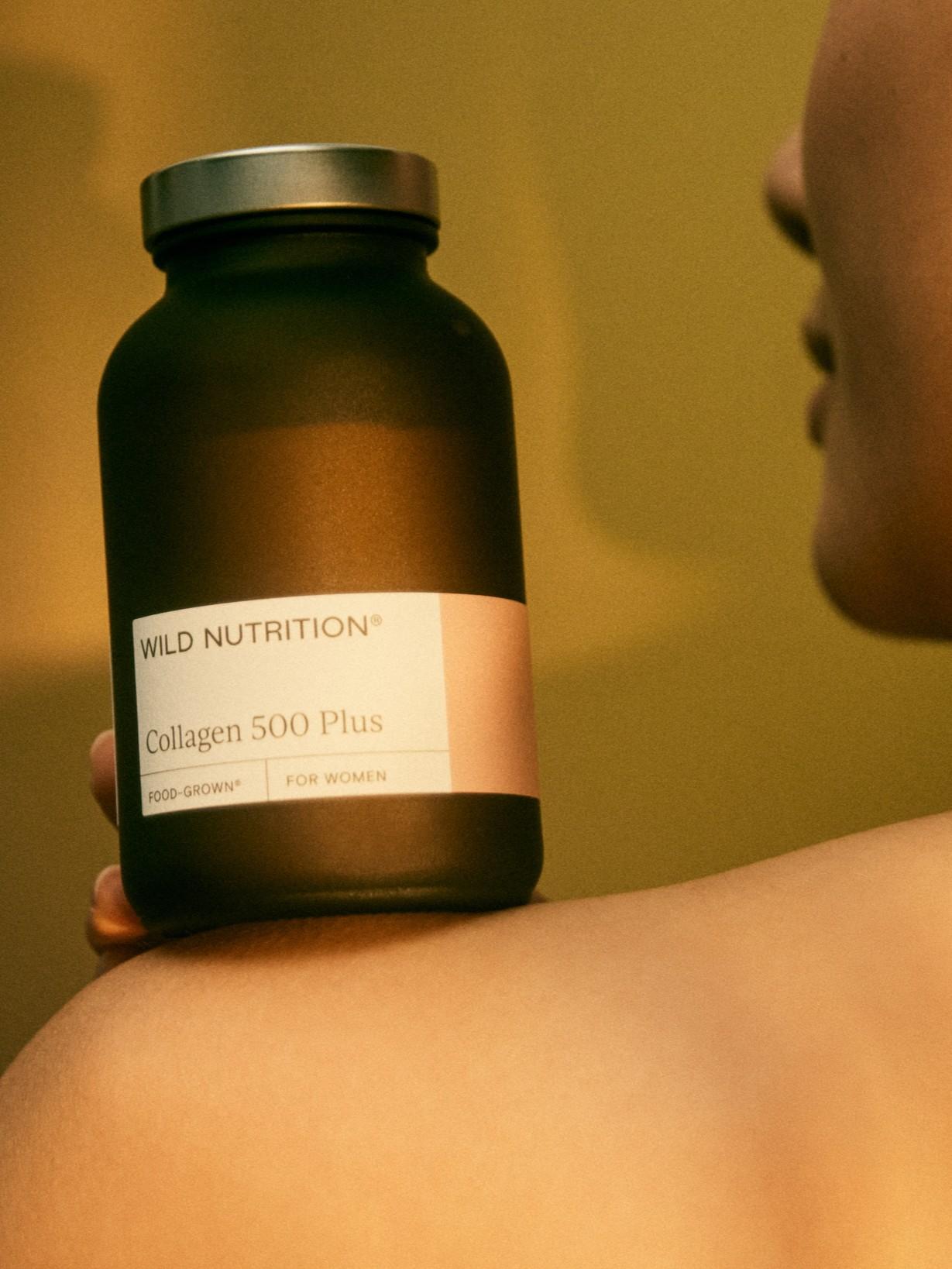
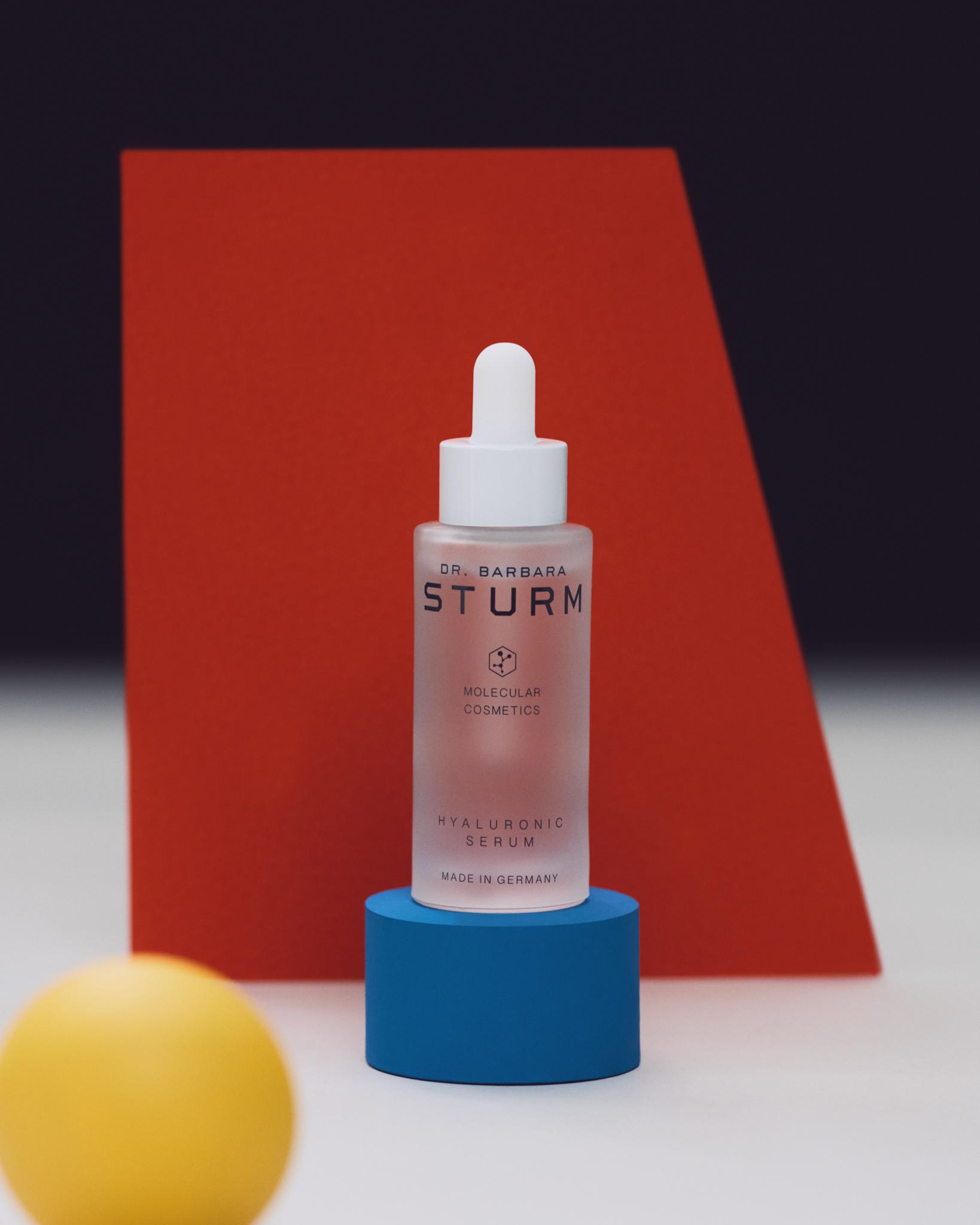
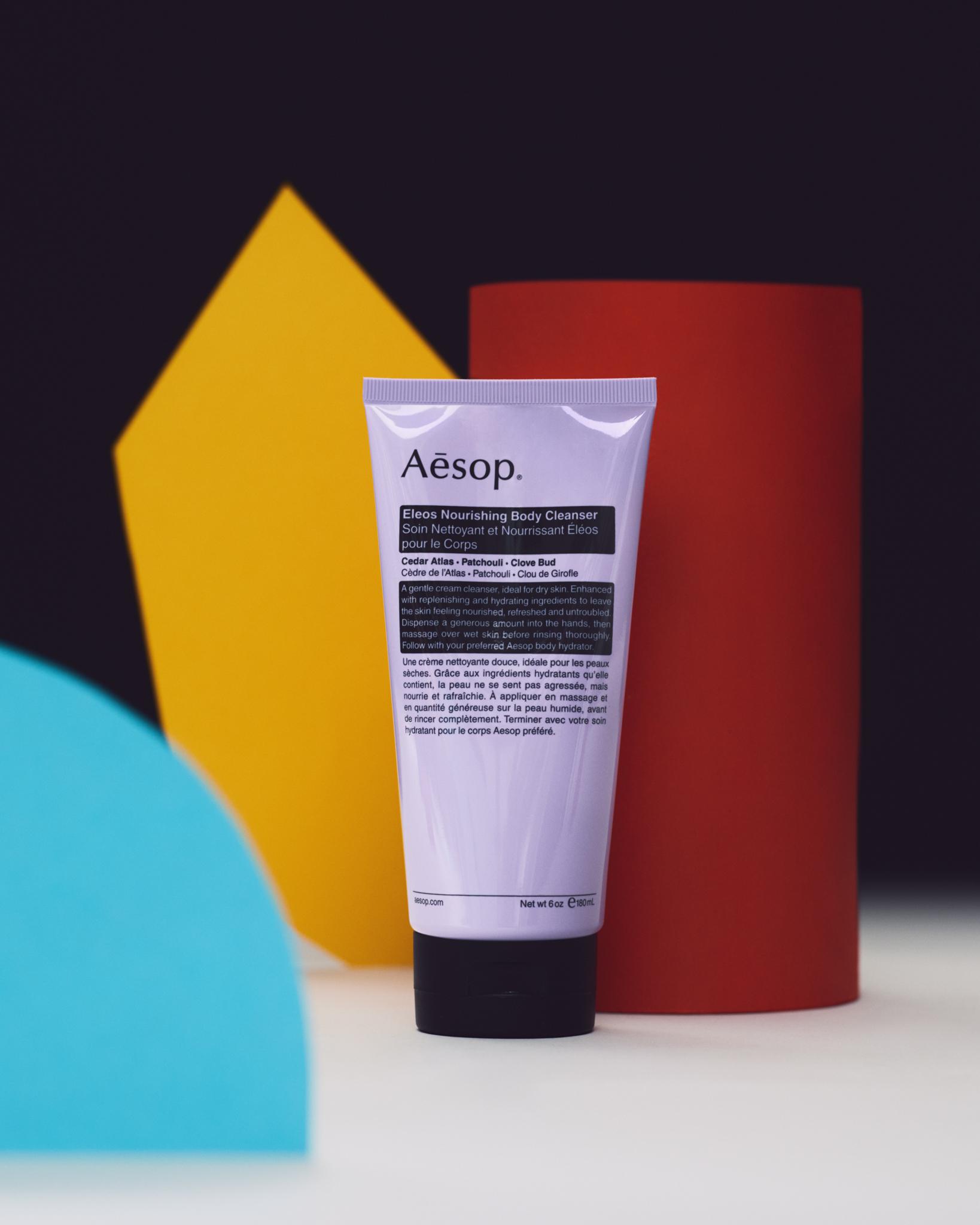

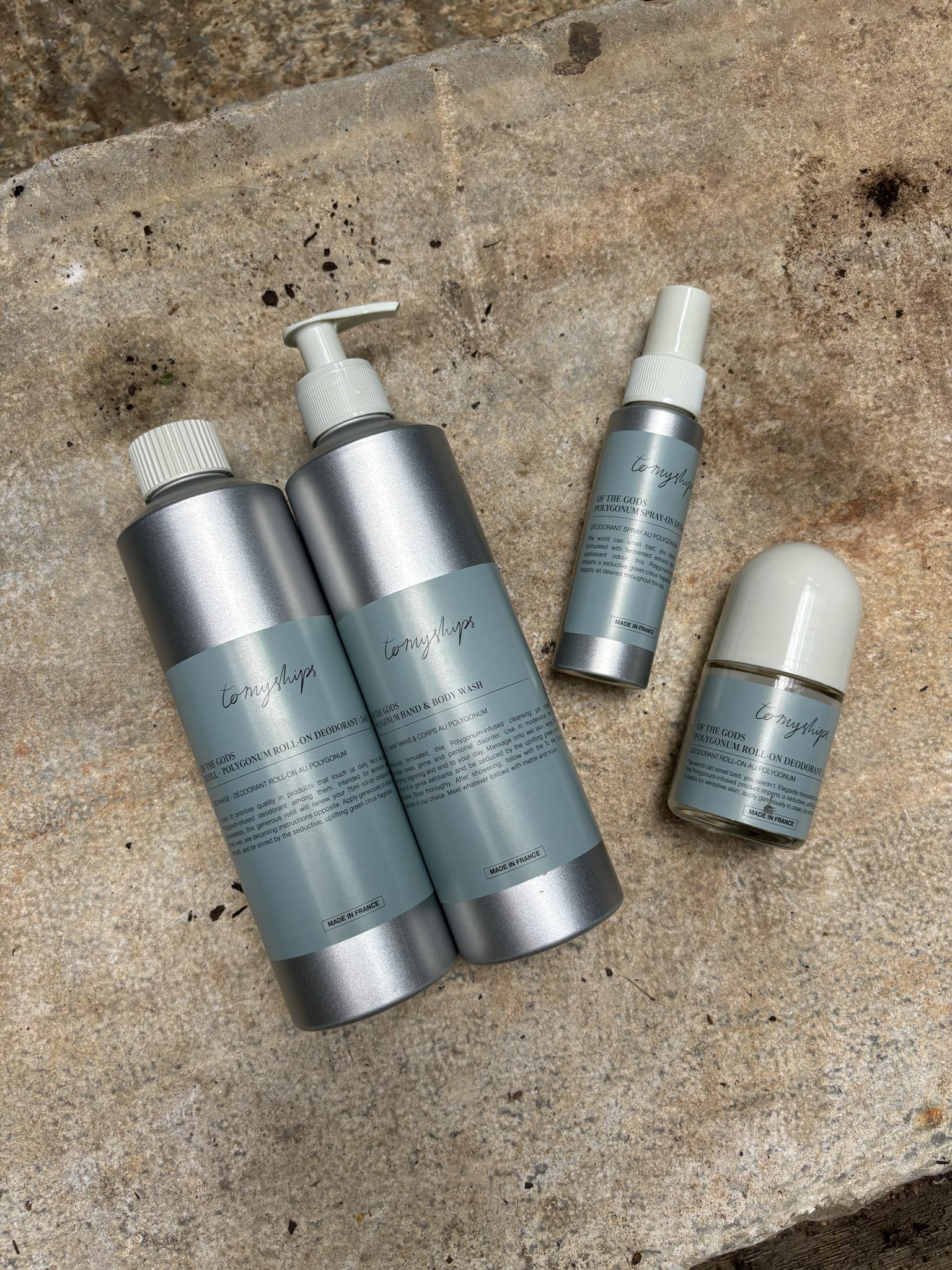
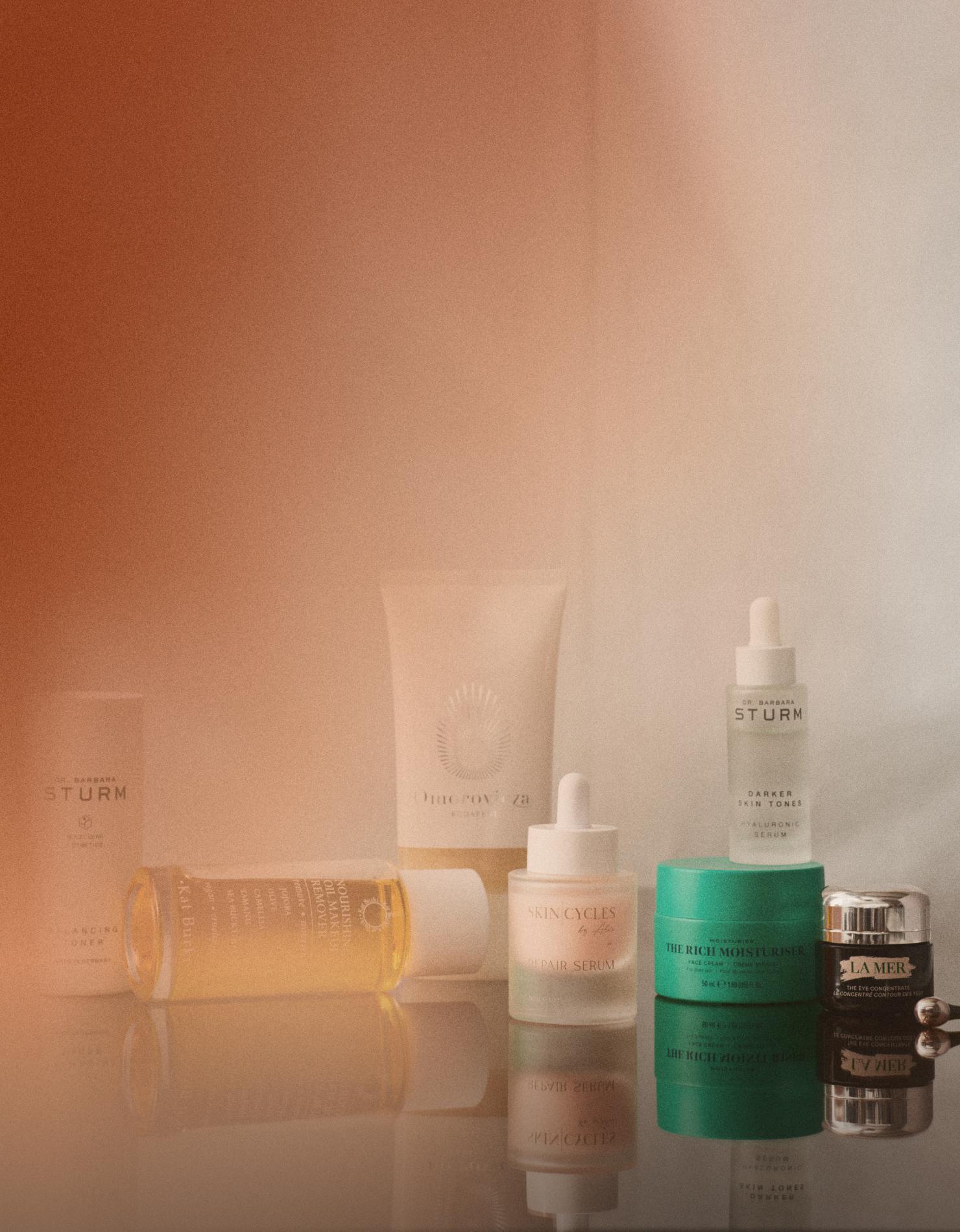

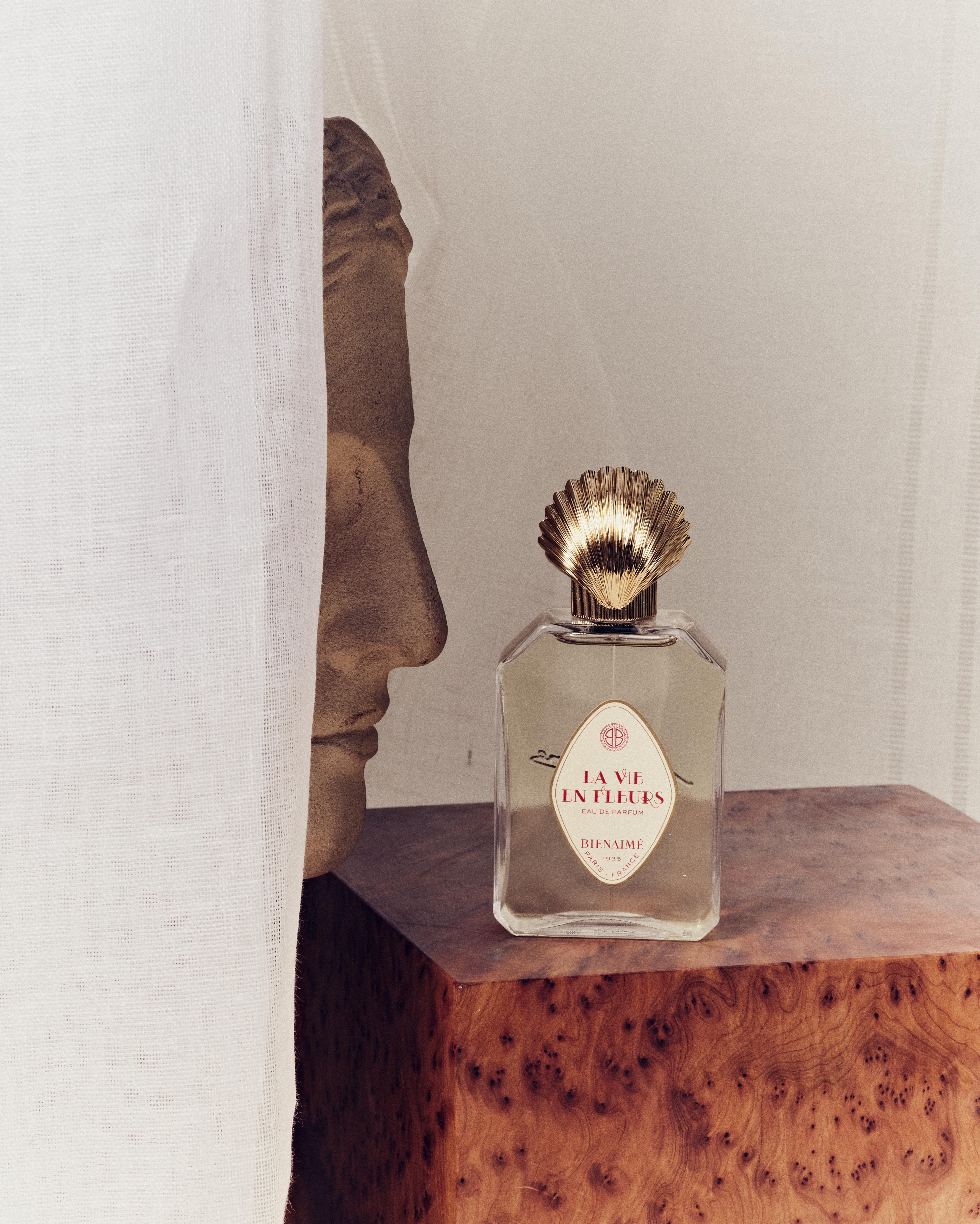
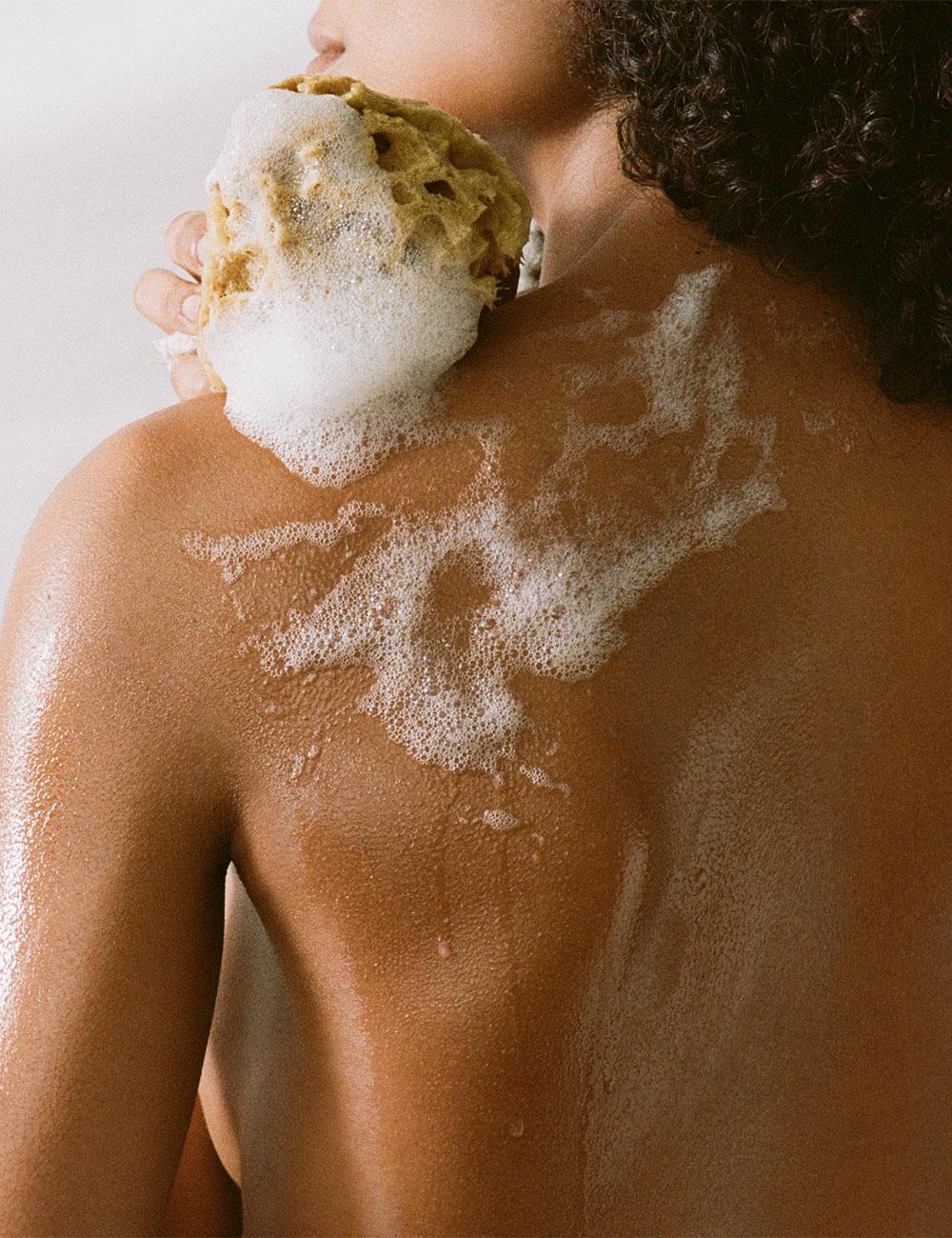


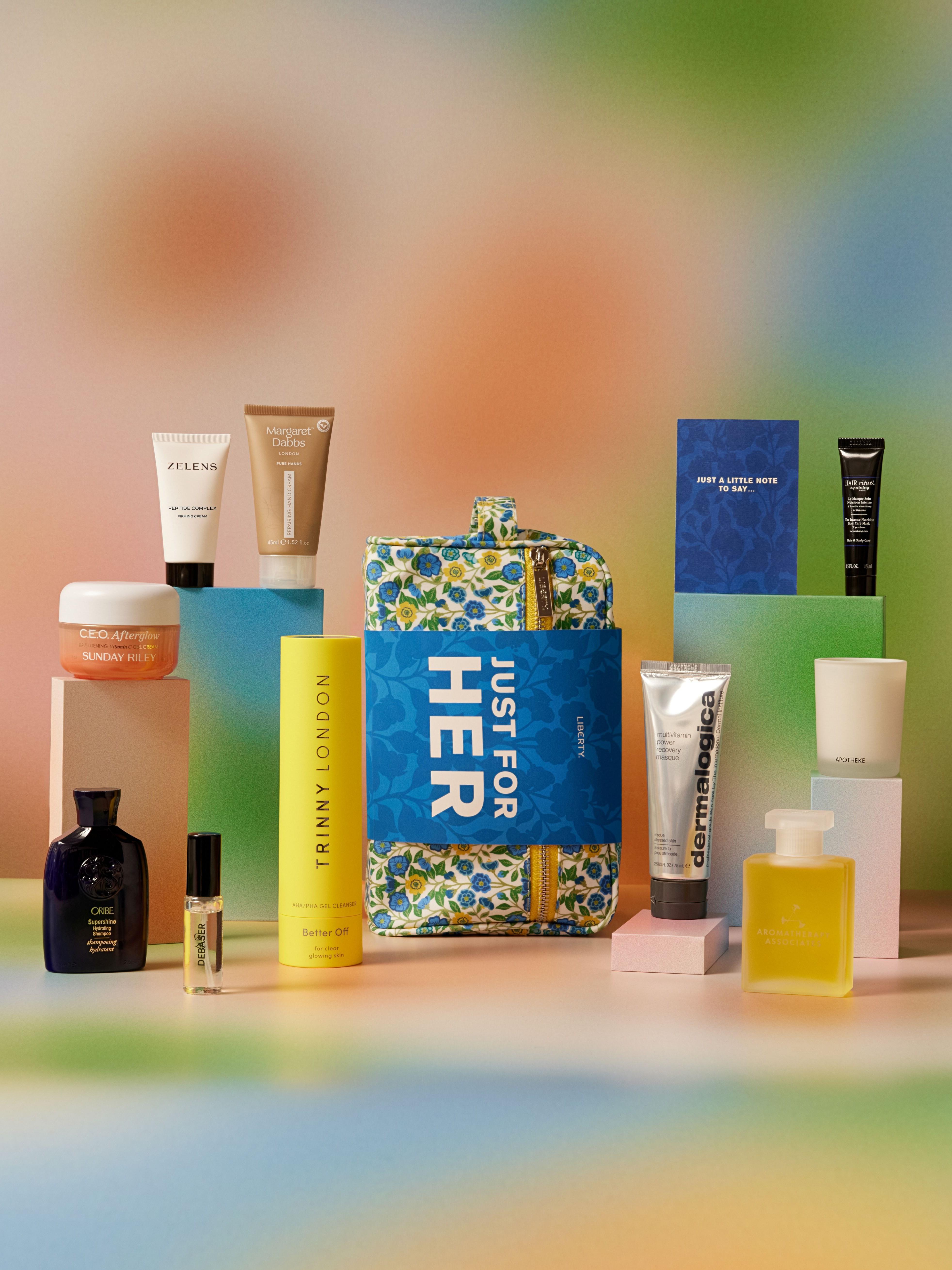
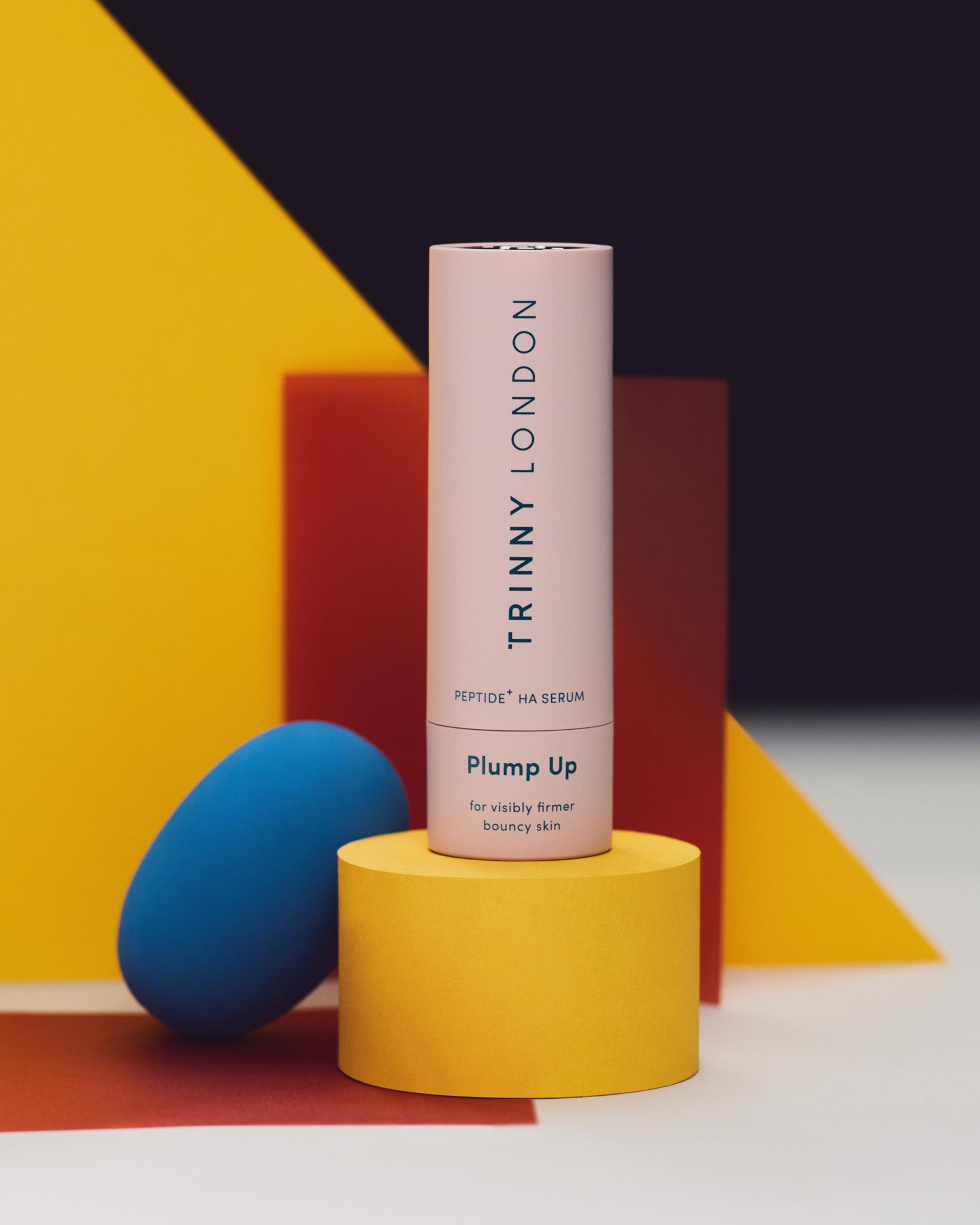
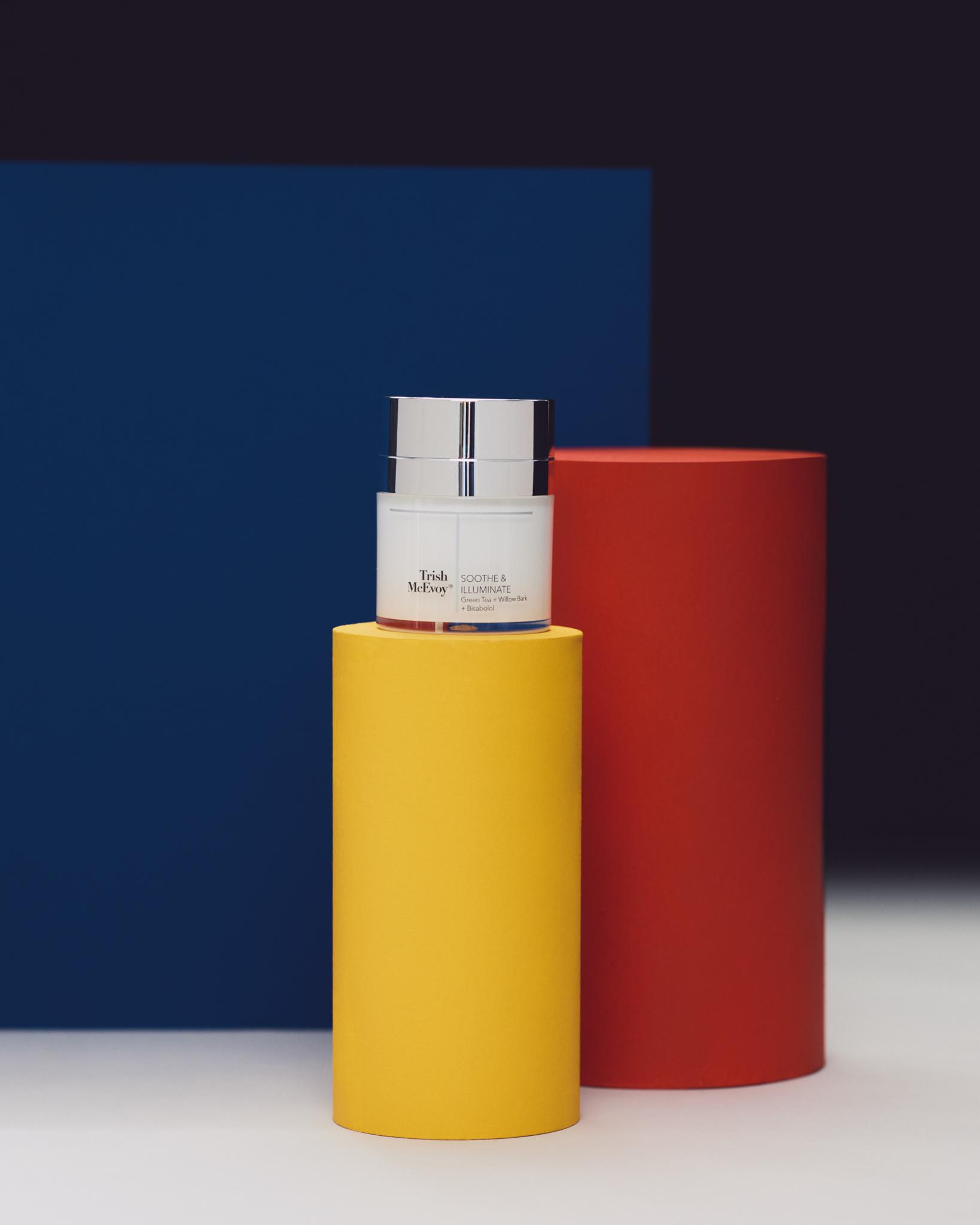
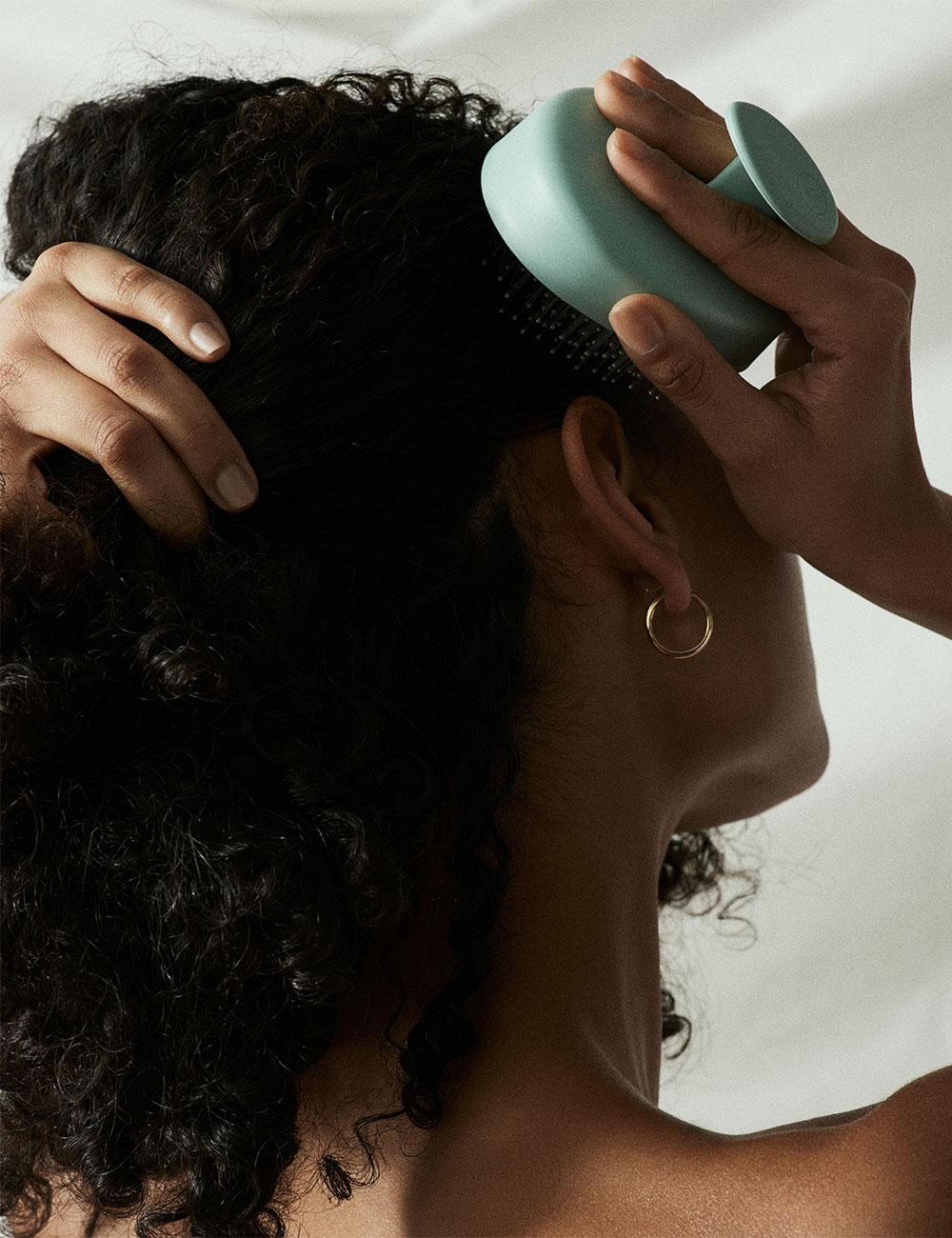
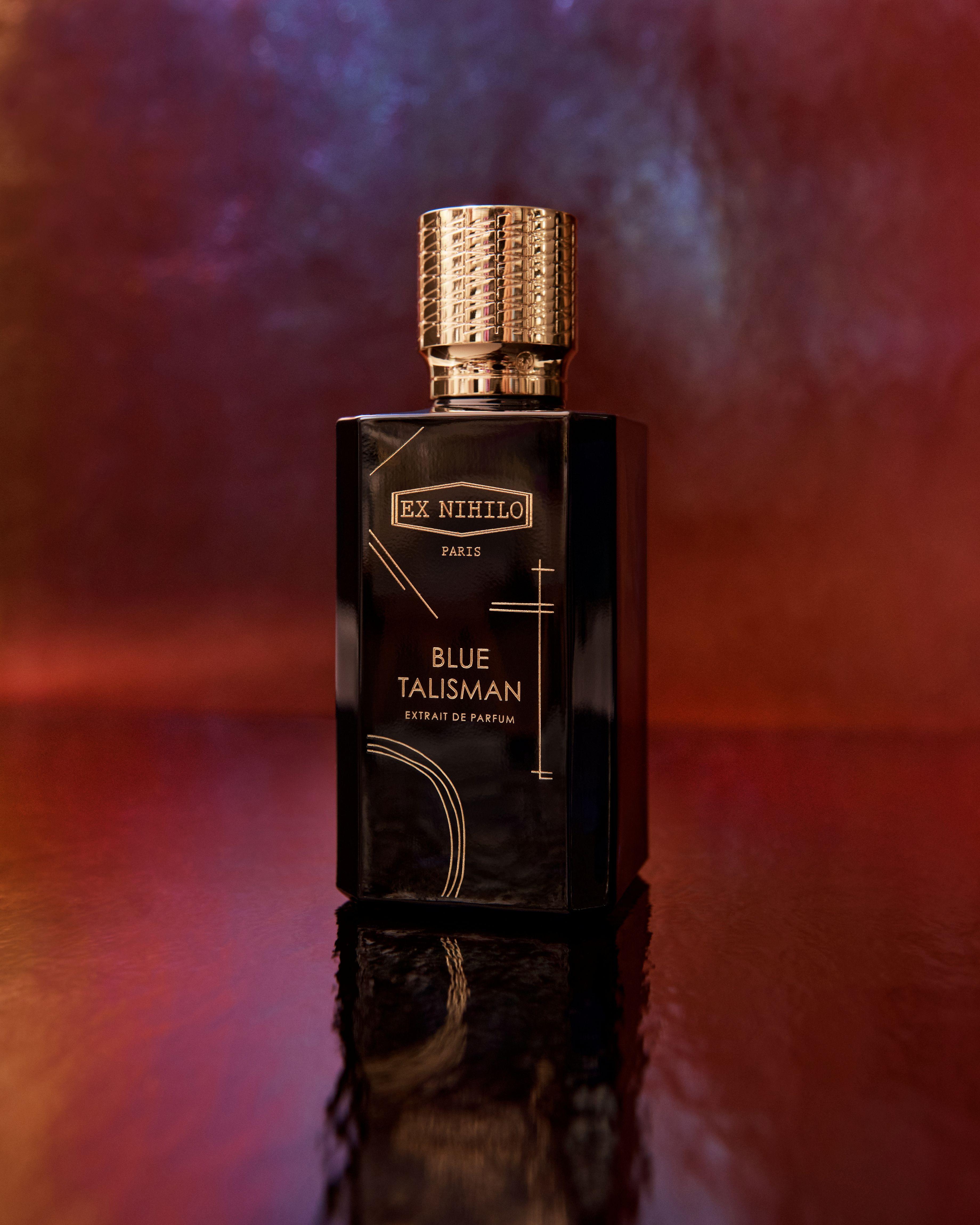



?fmt=auto&qlt=default)

